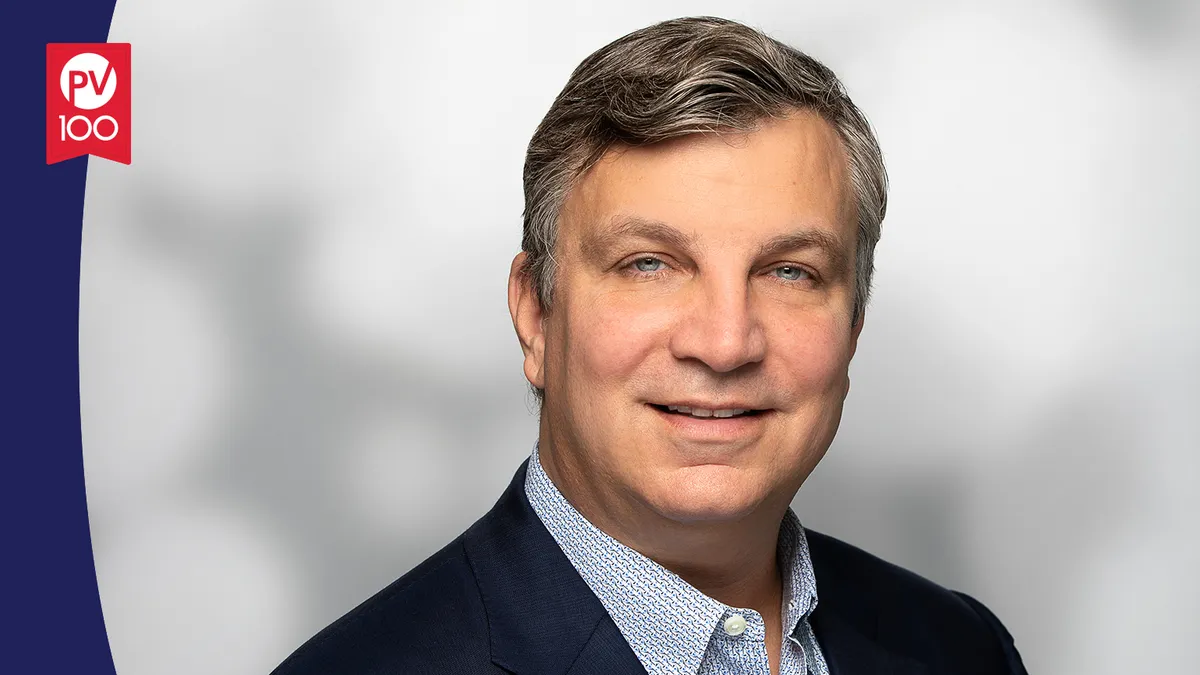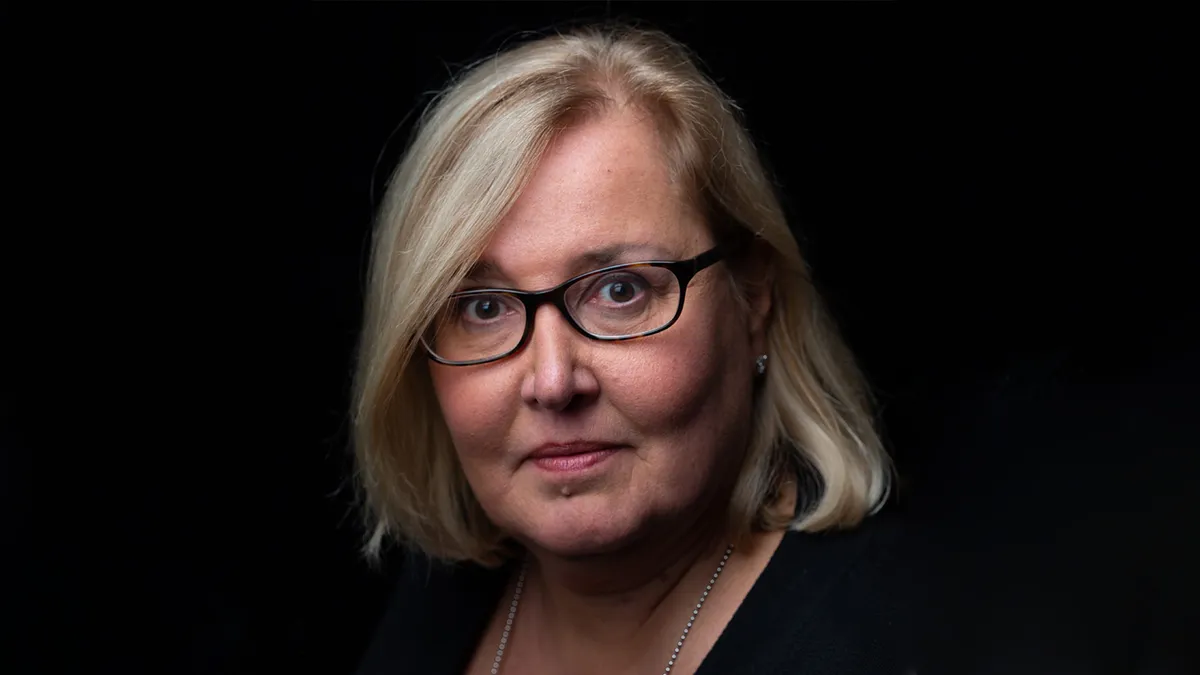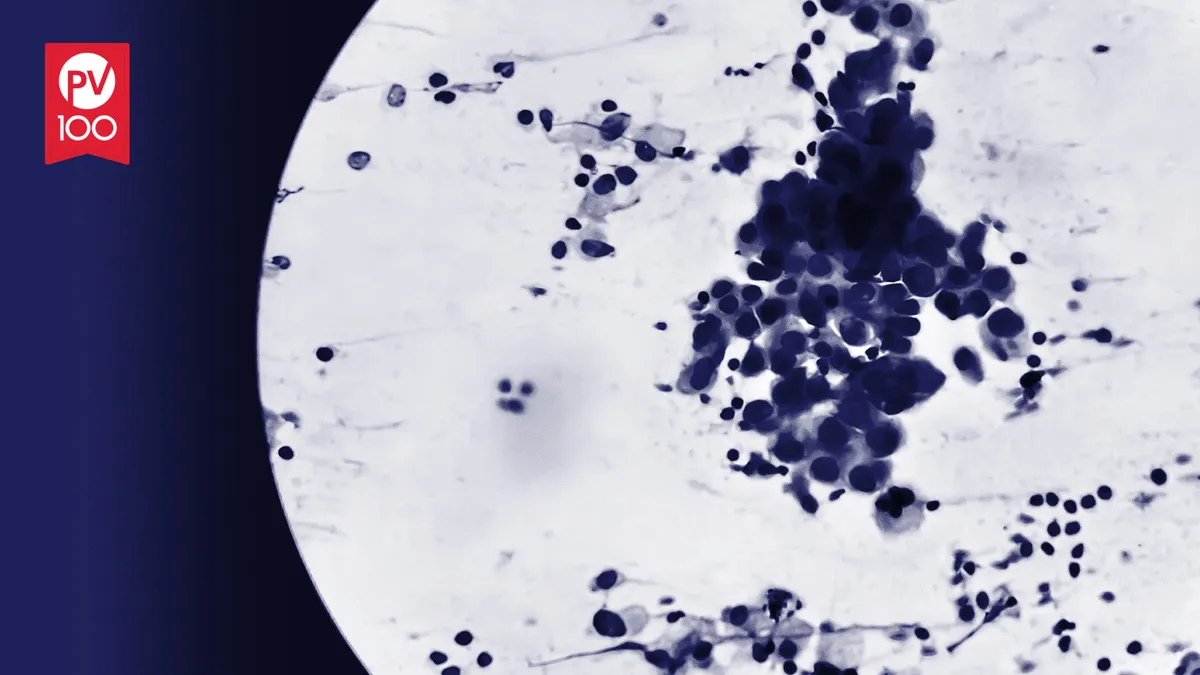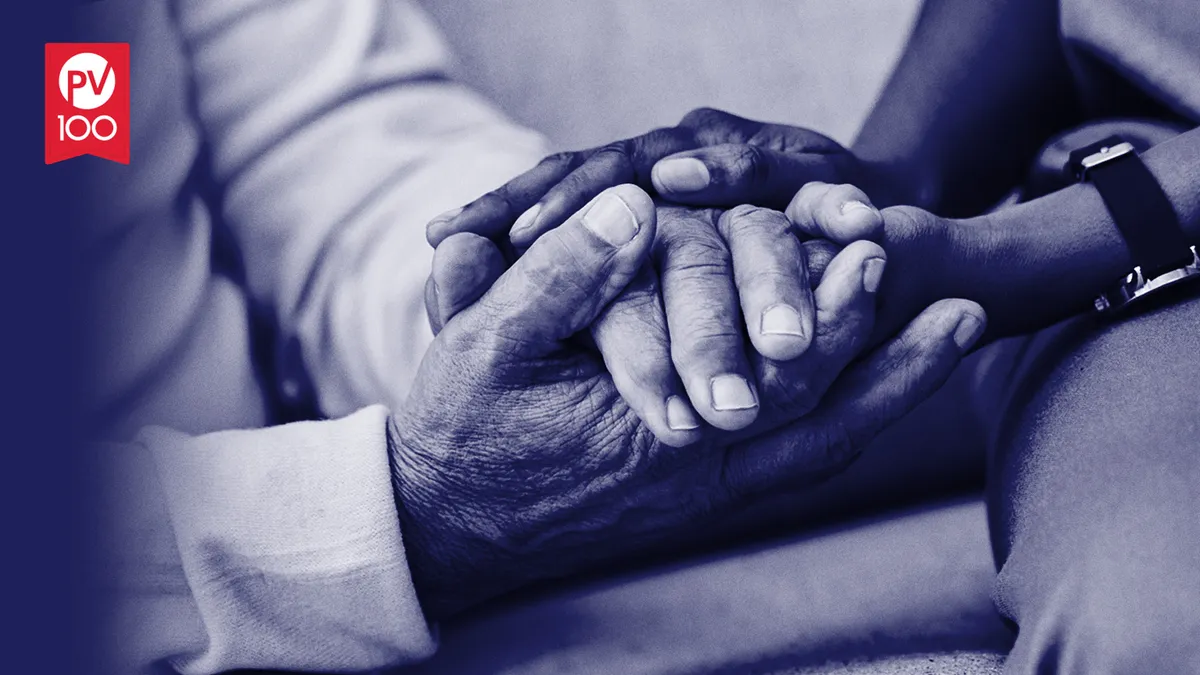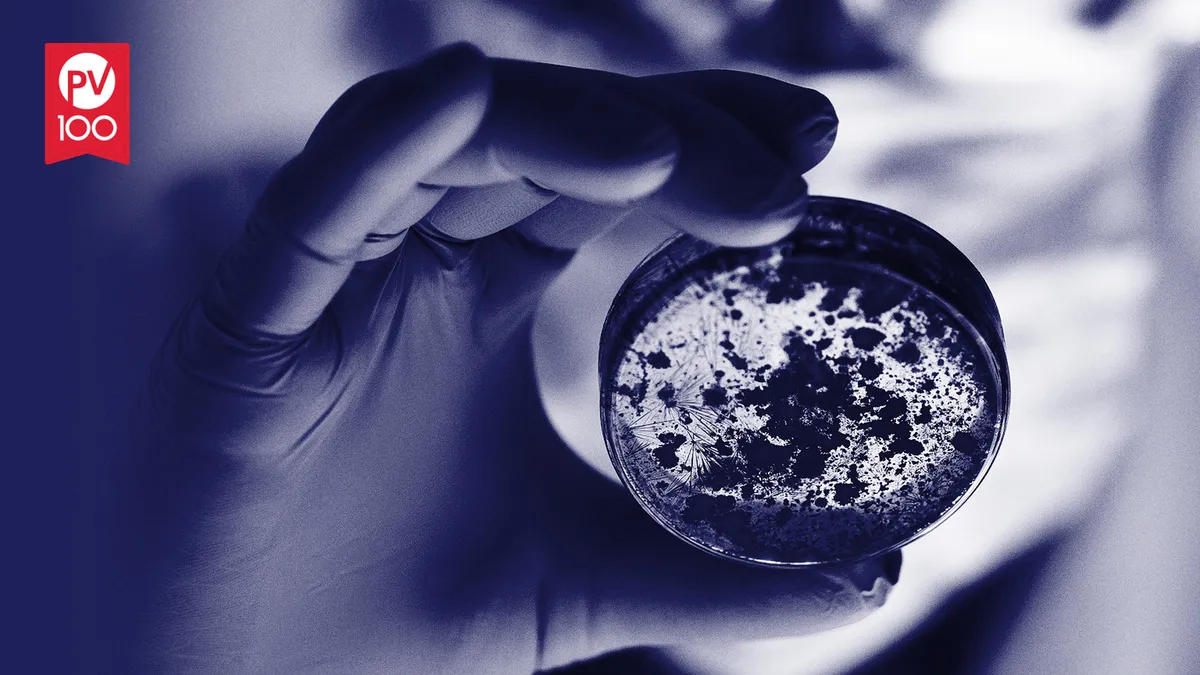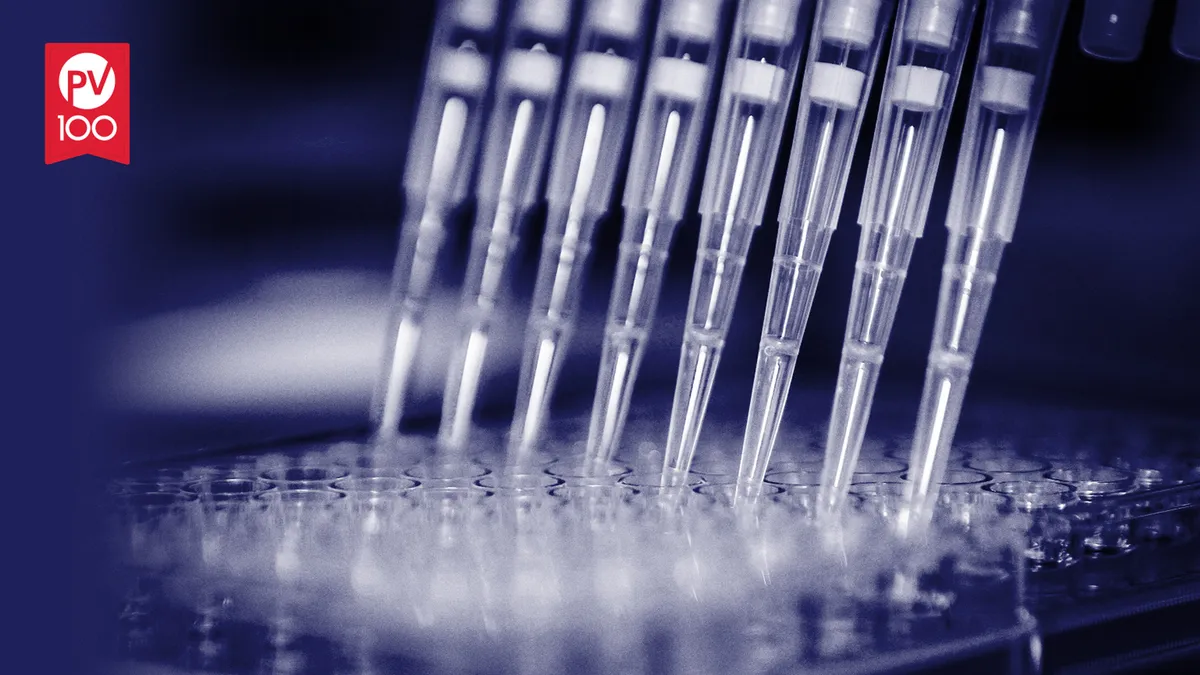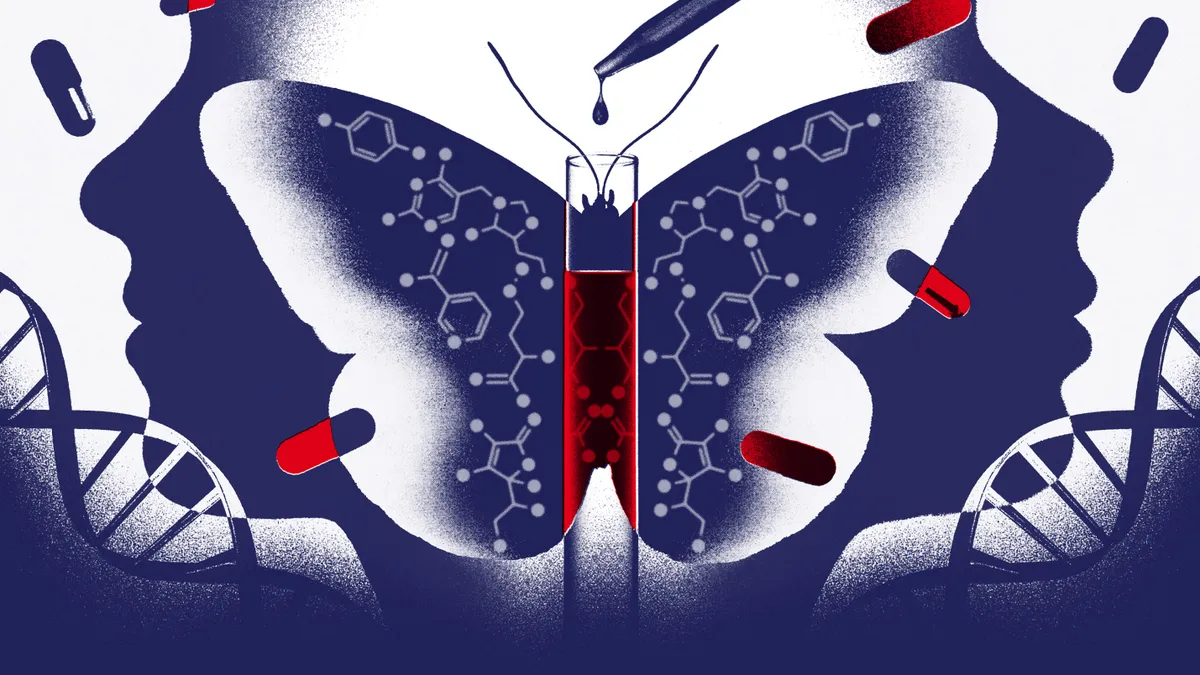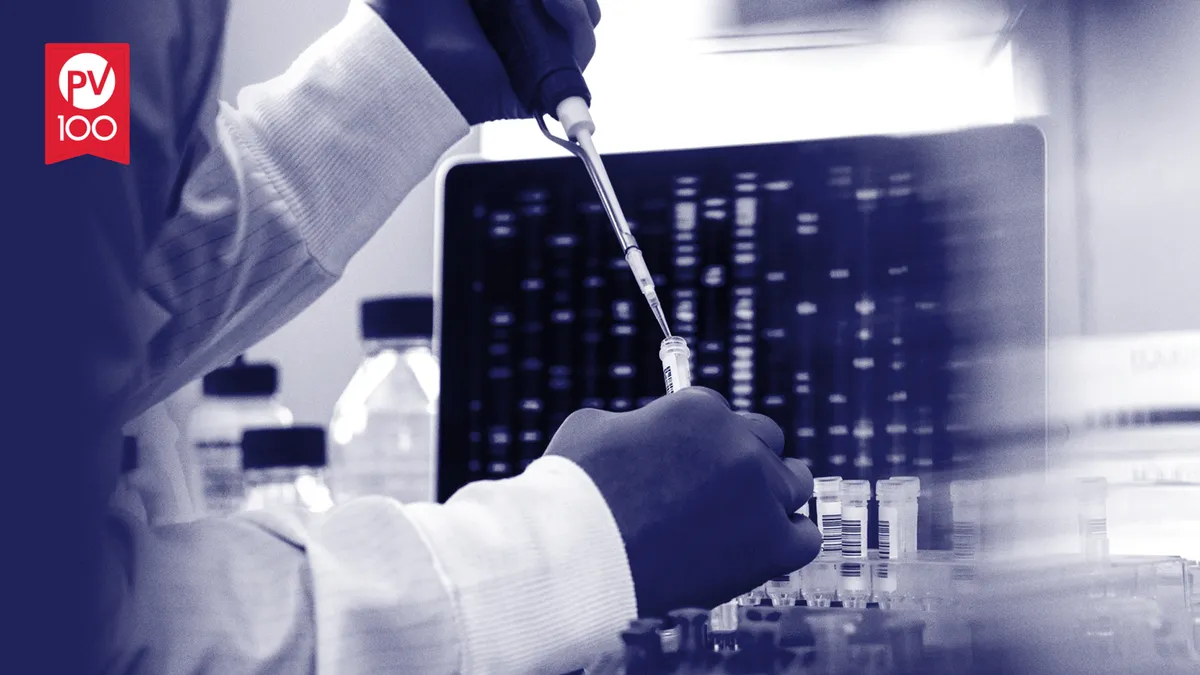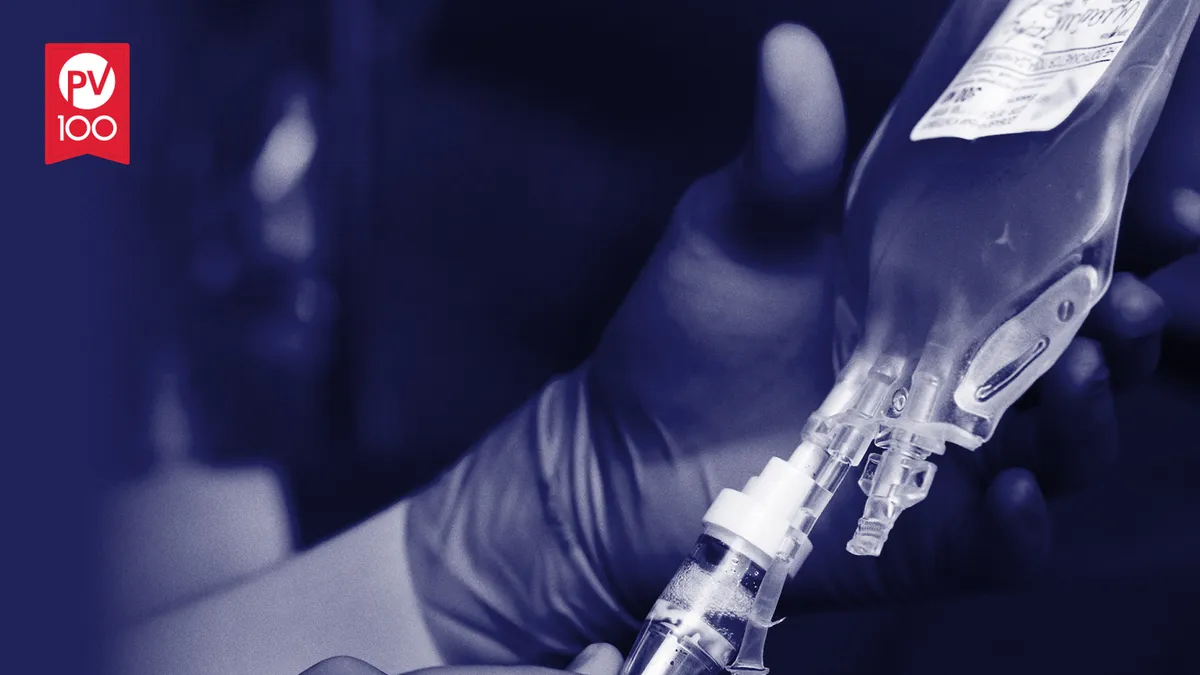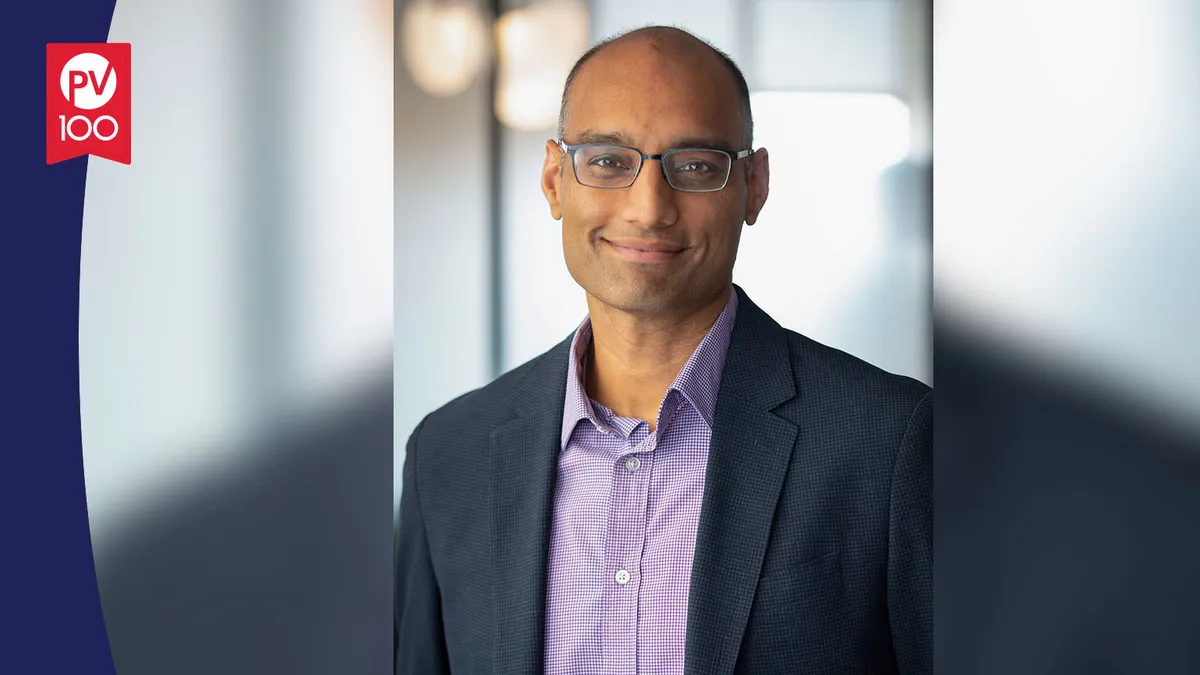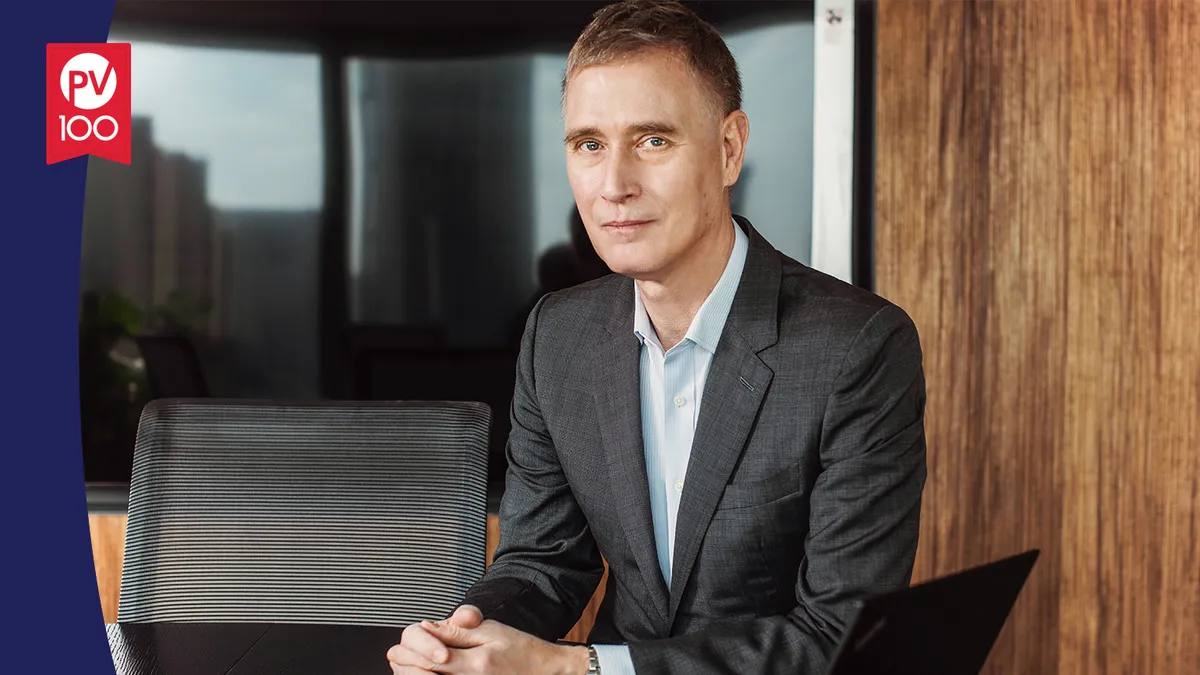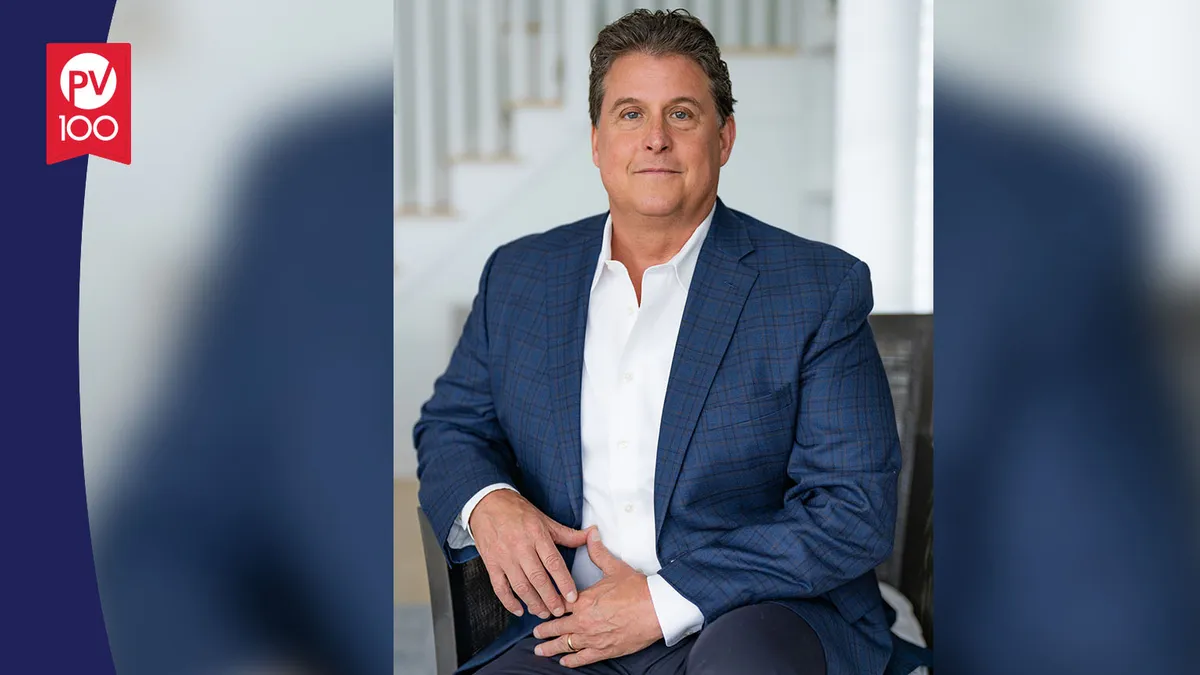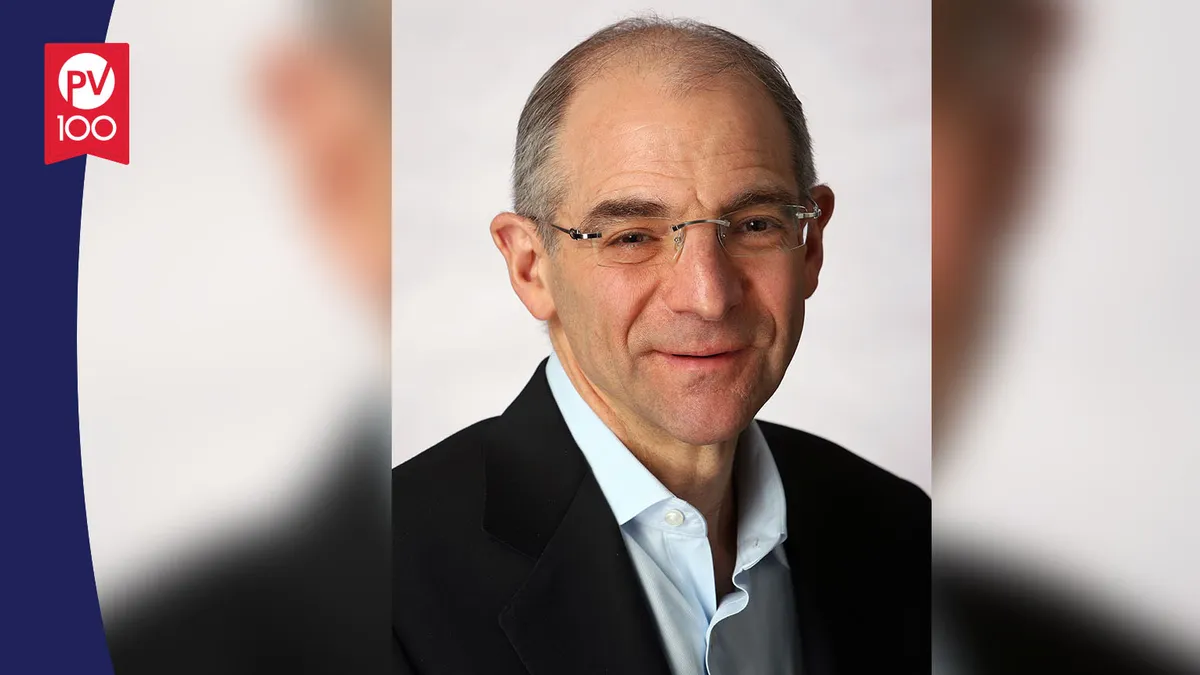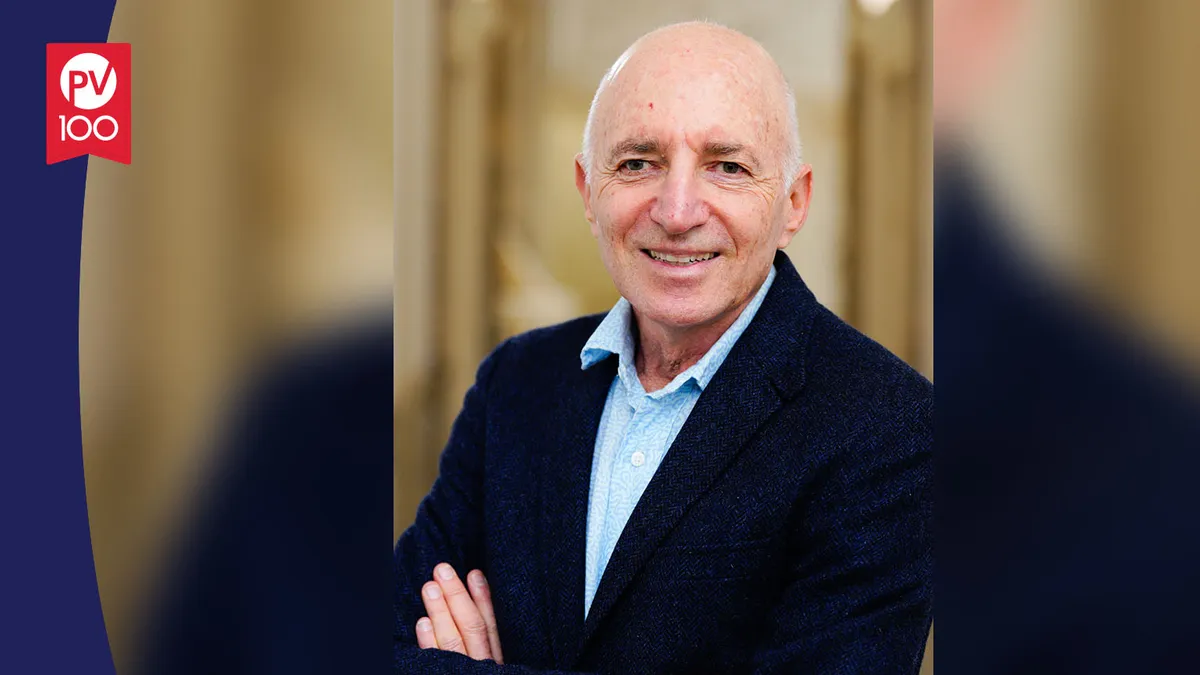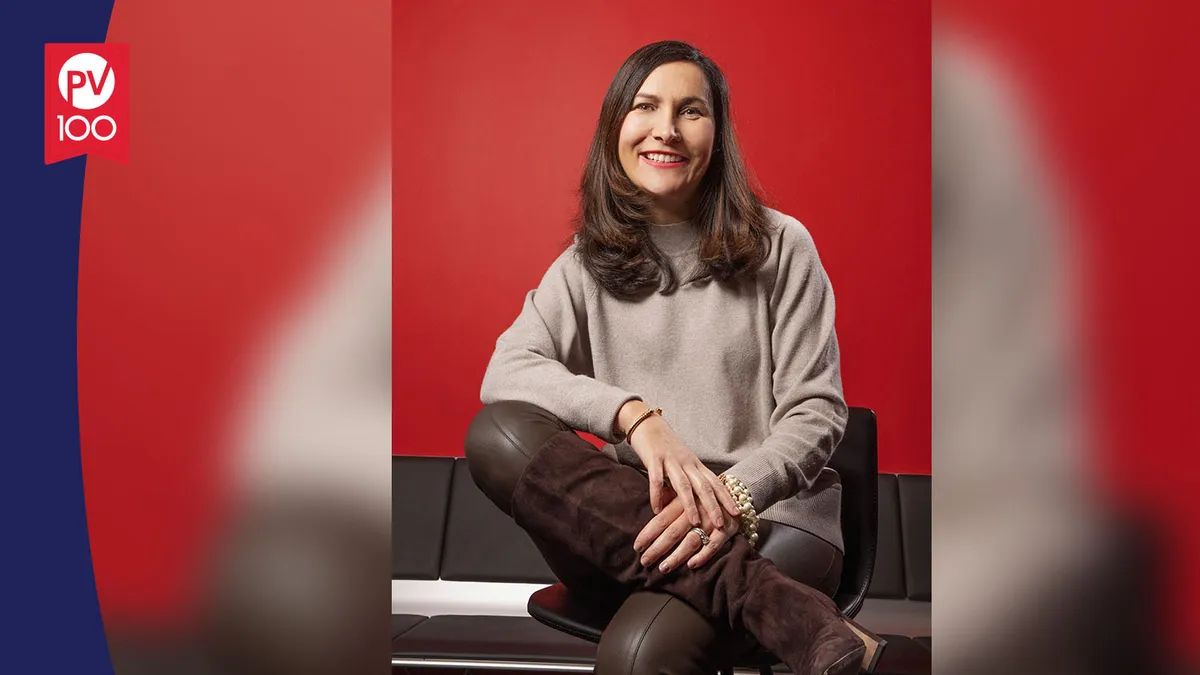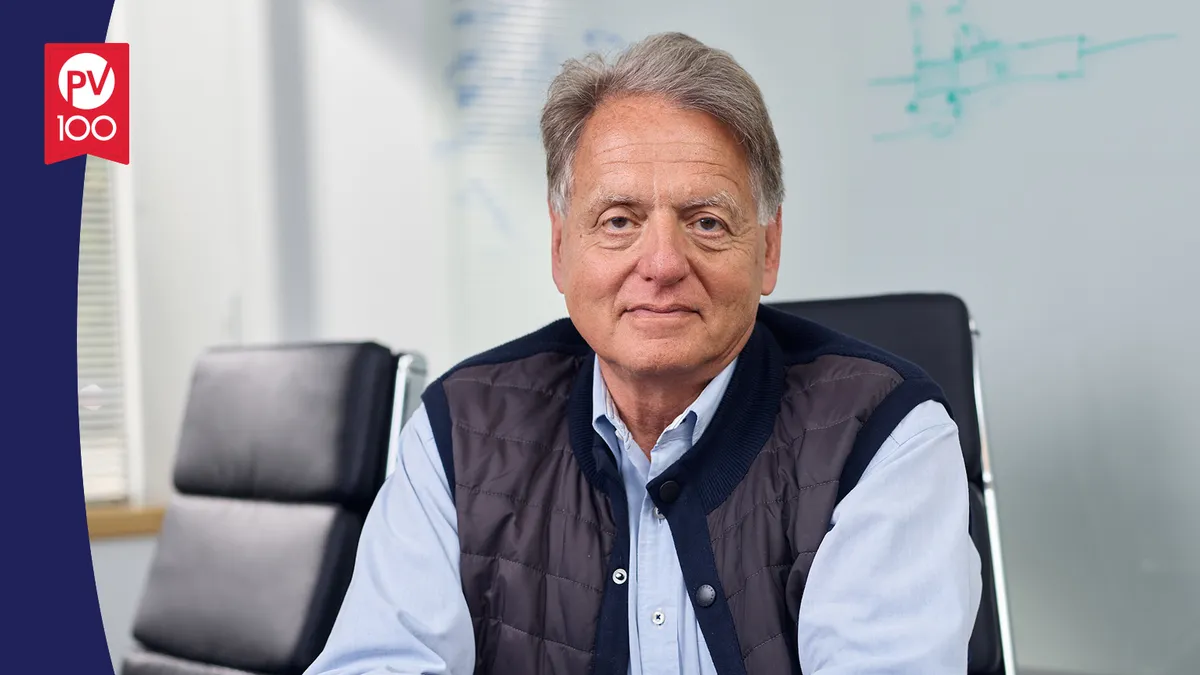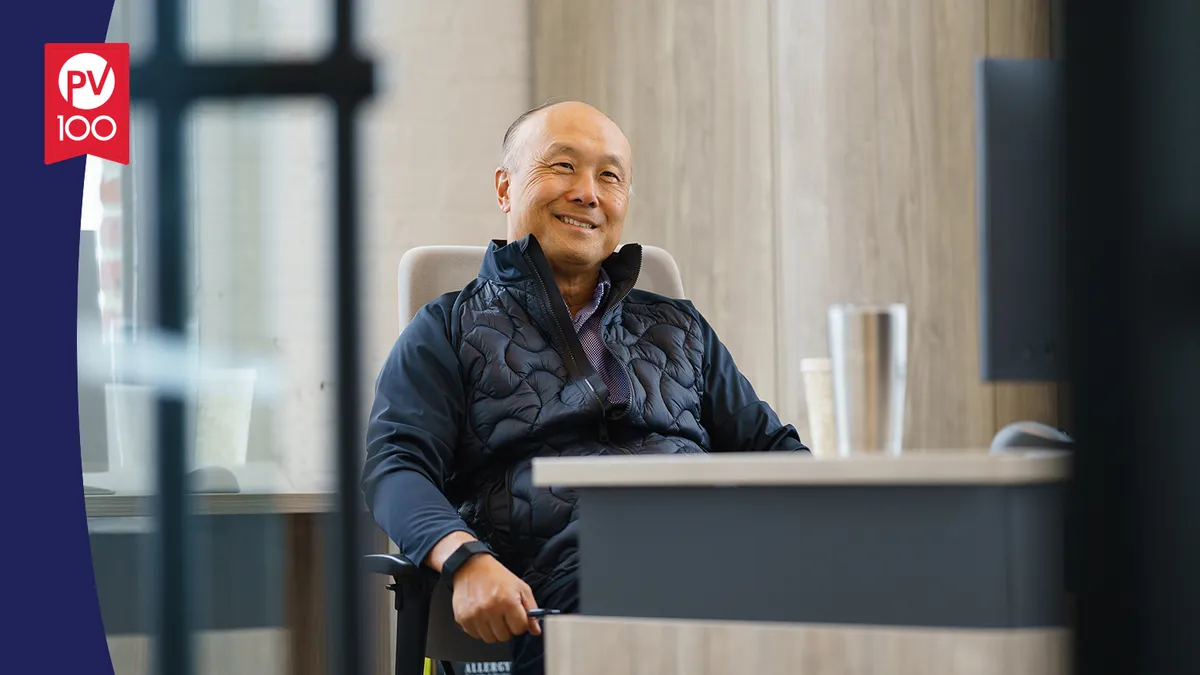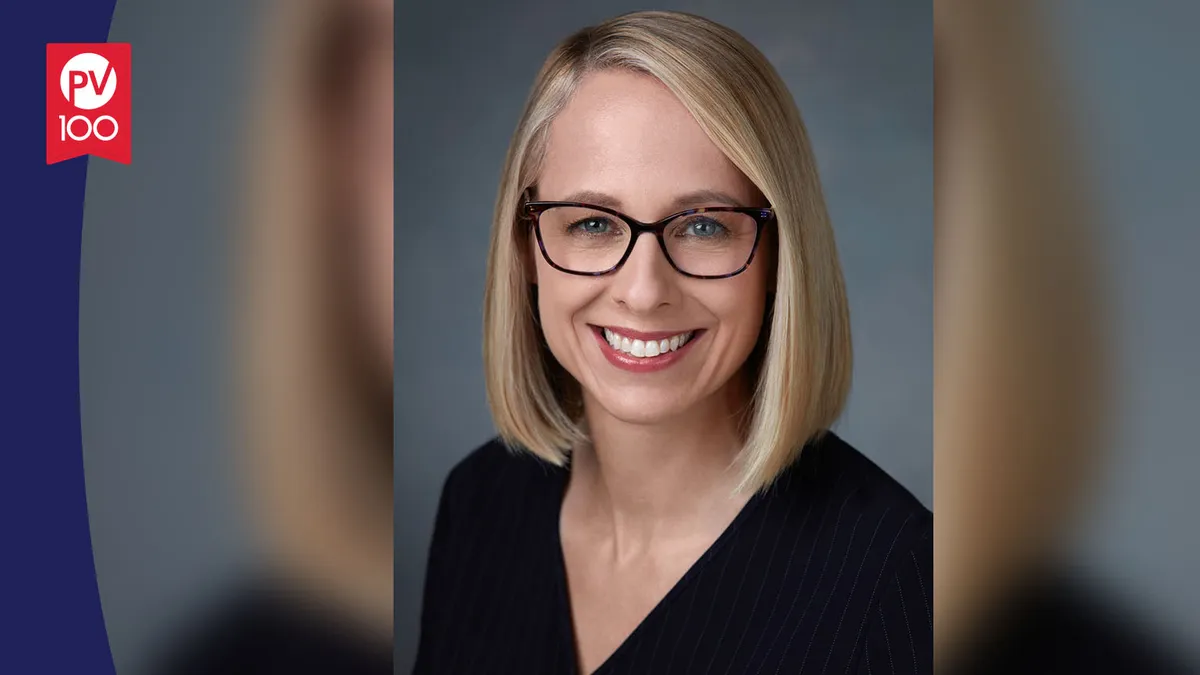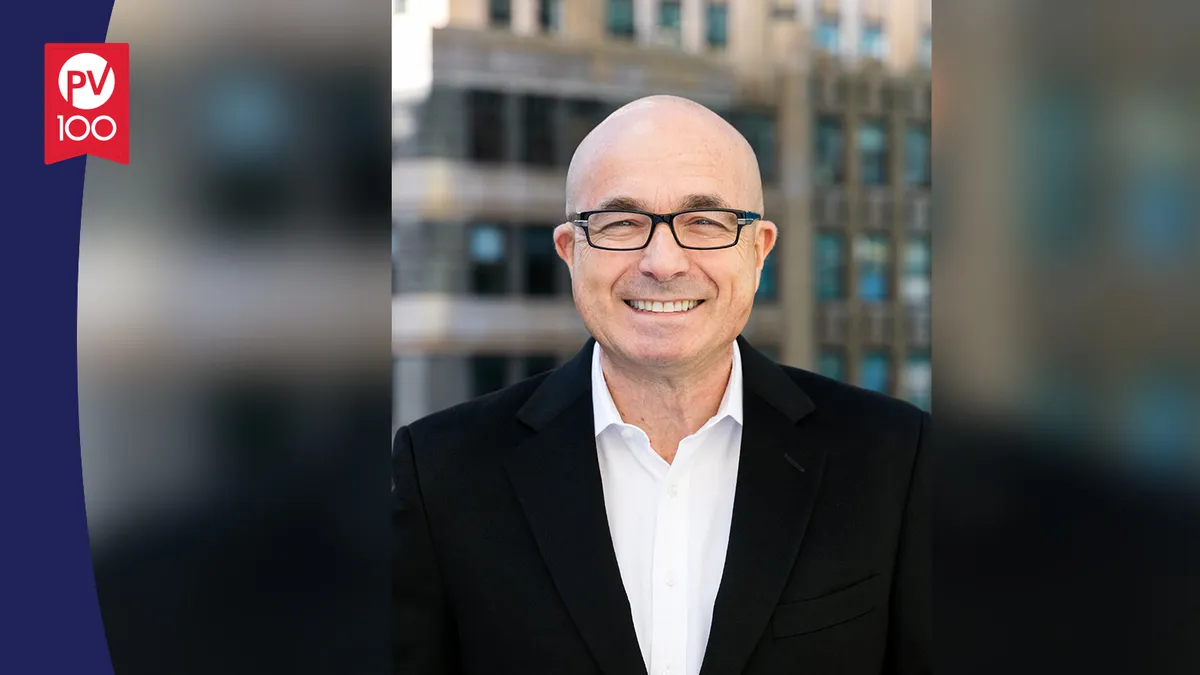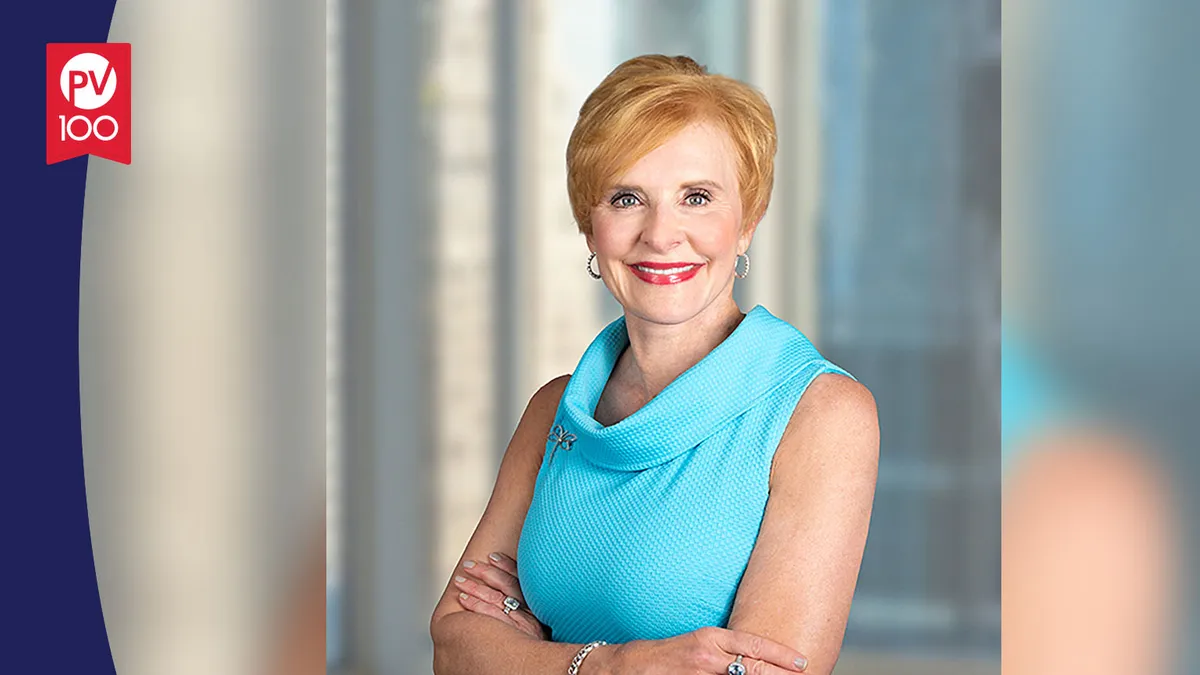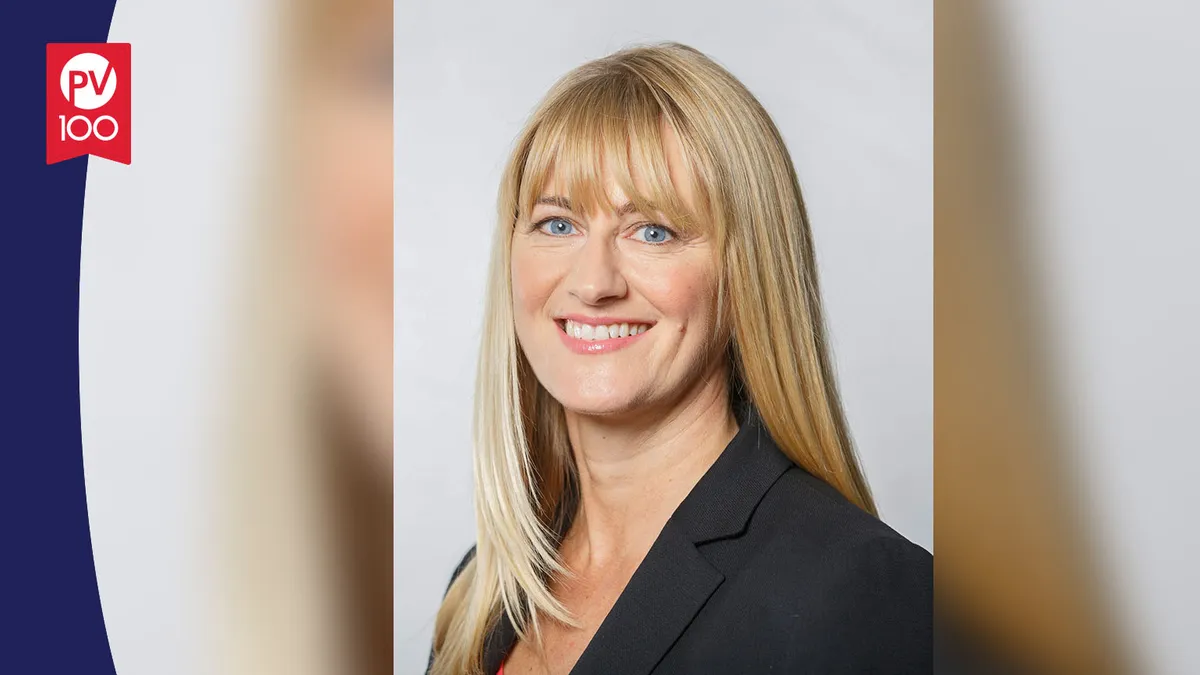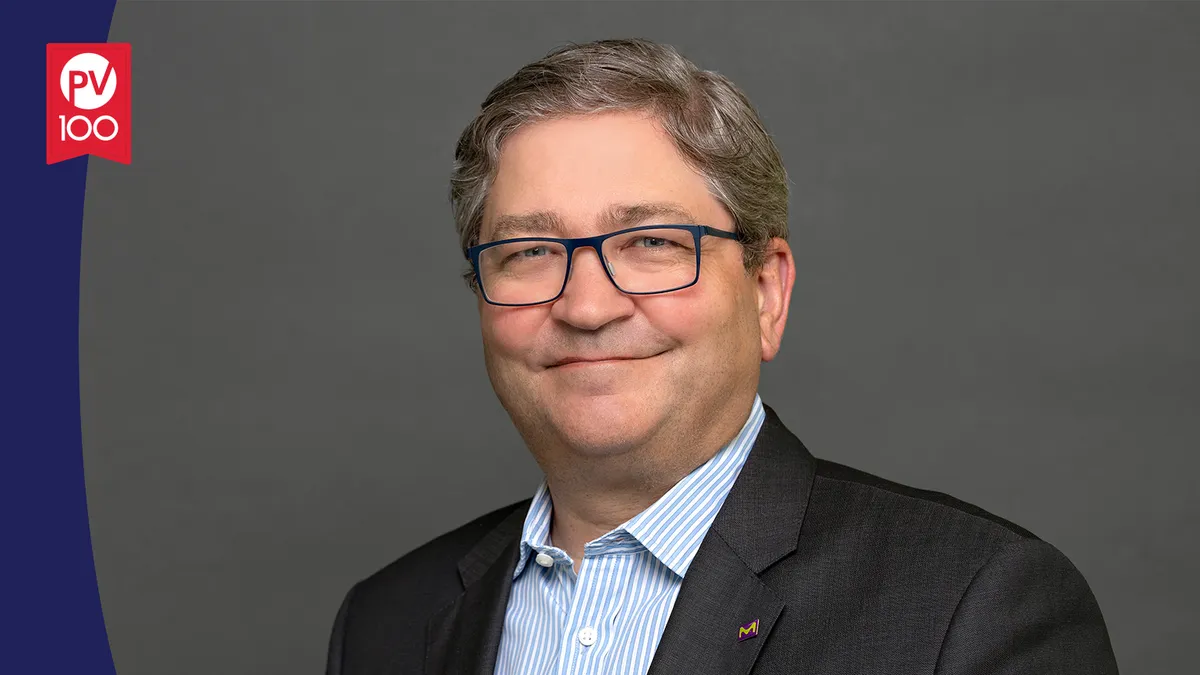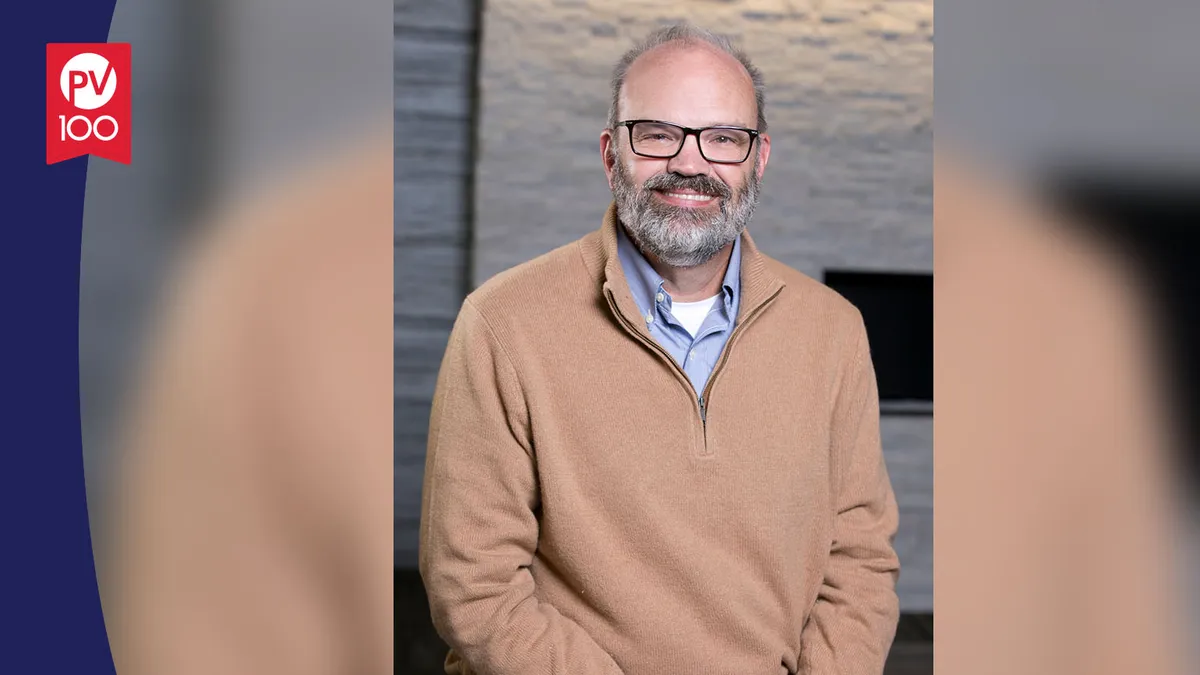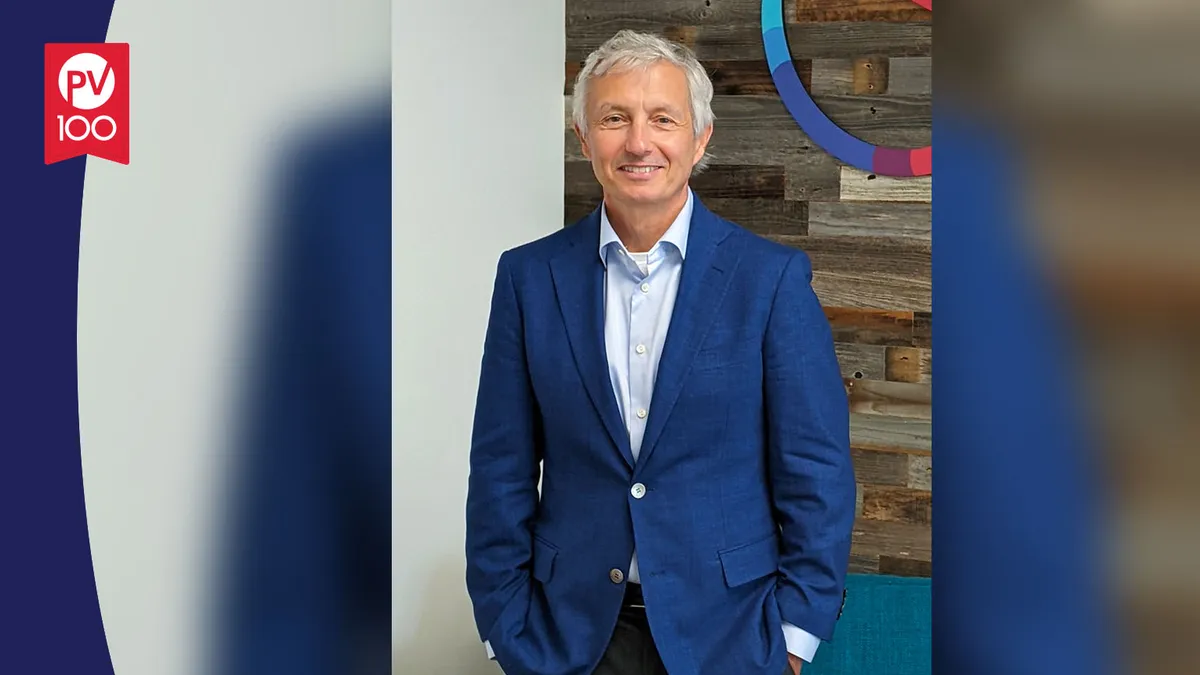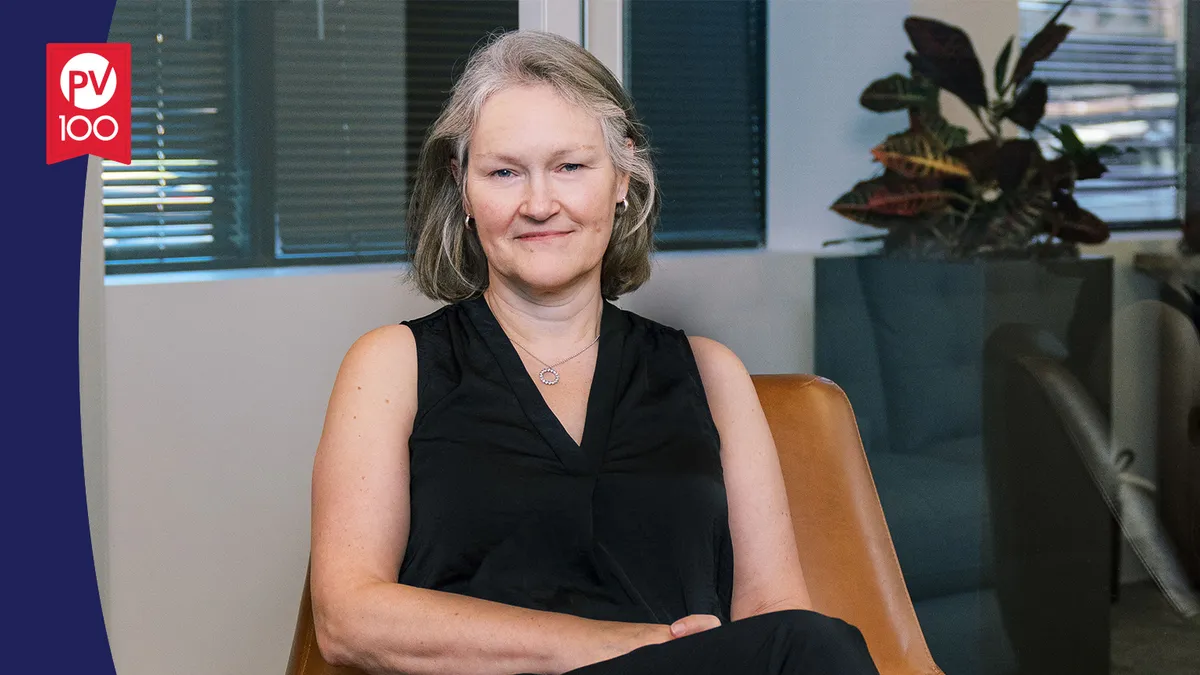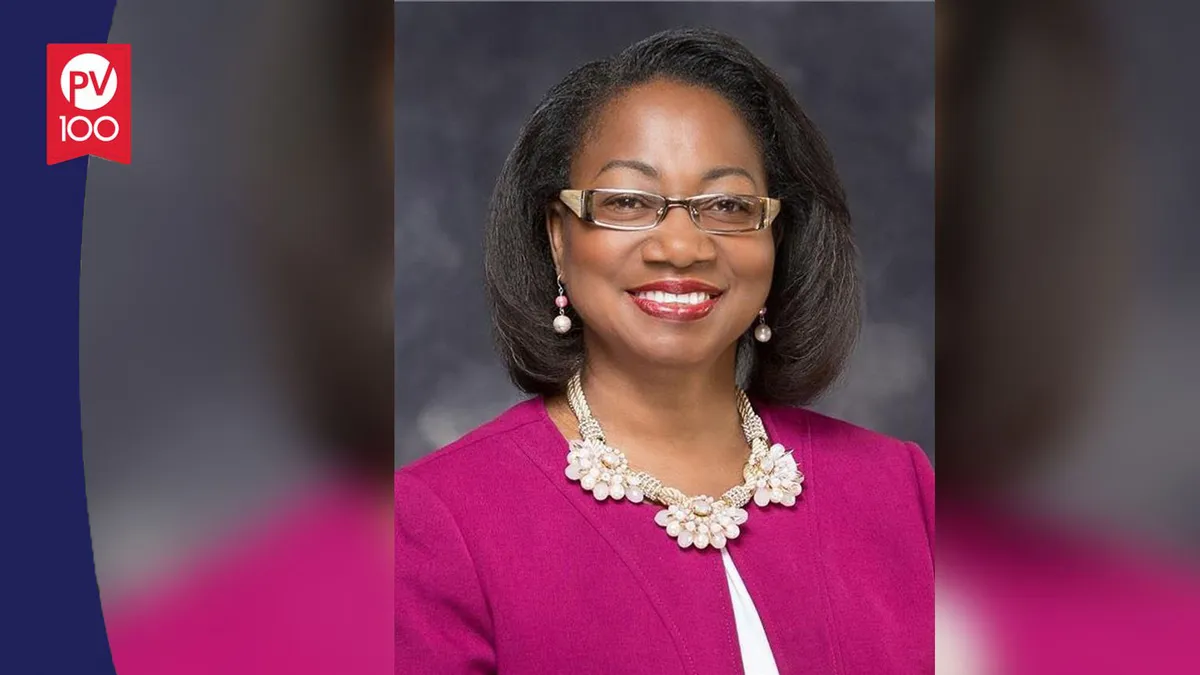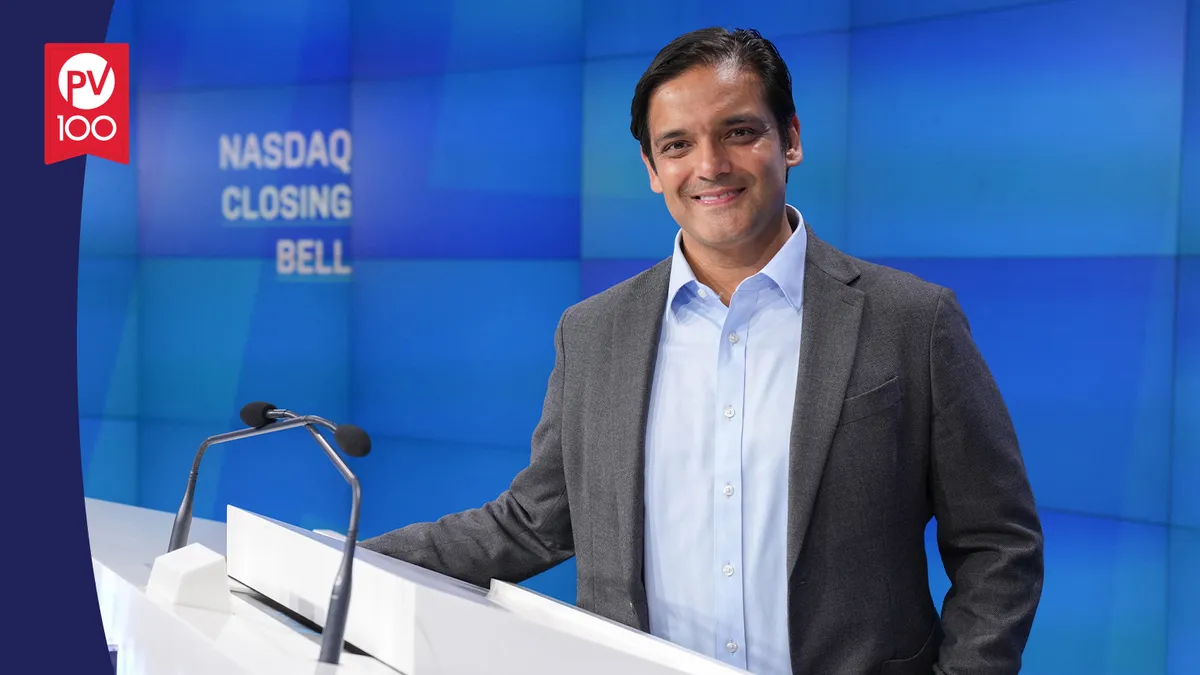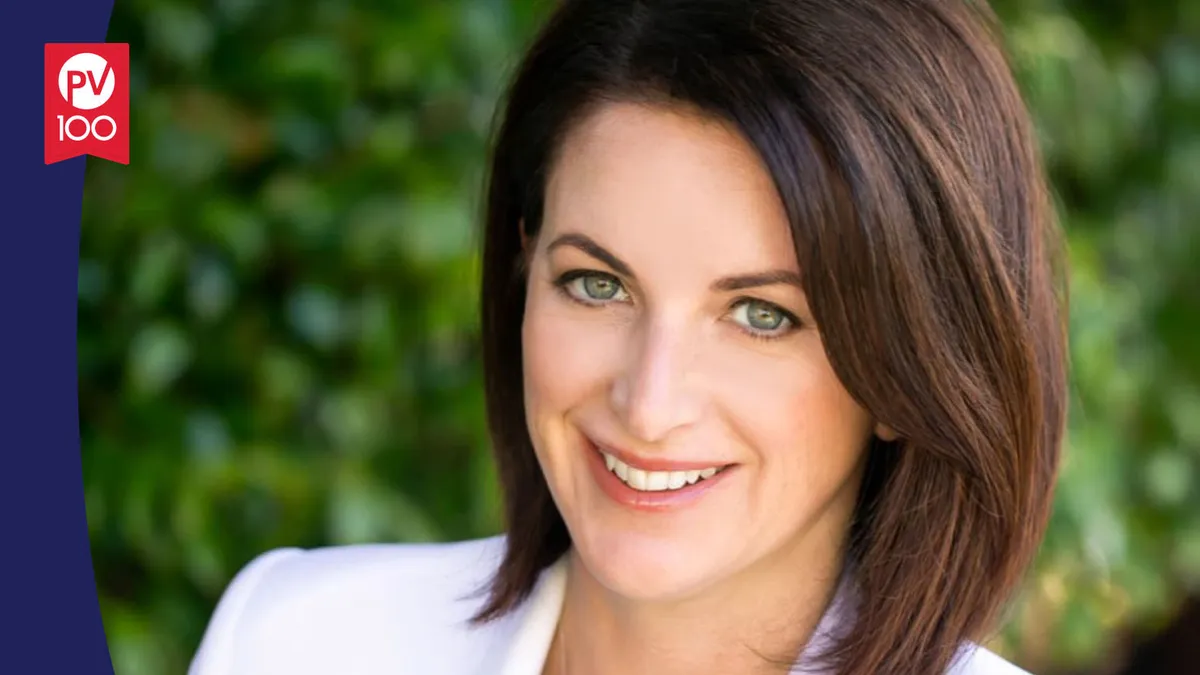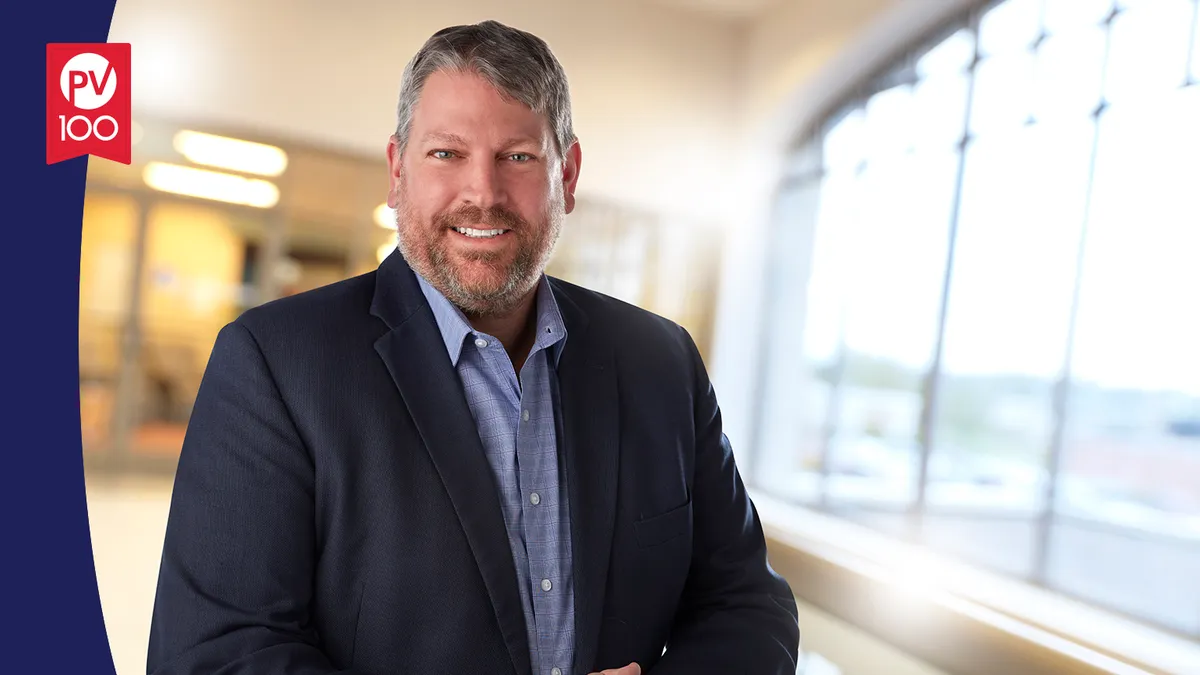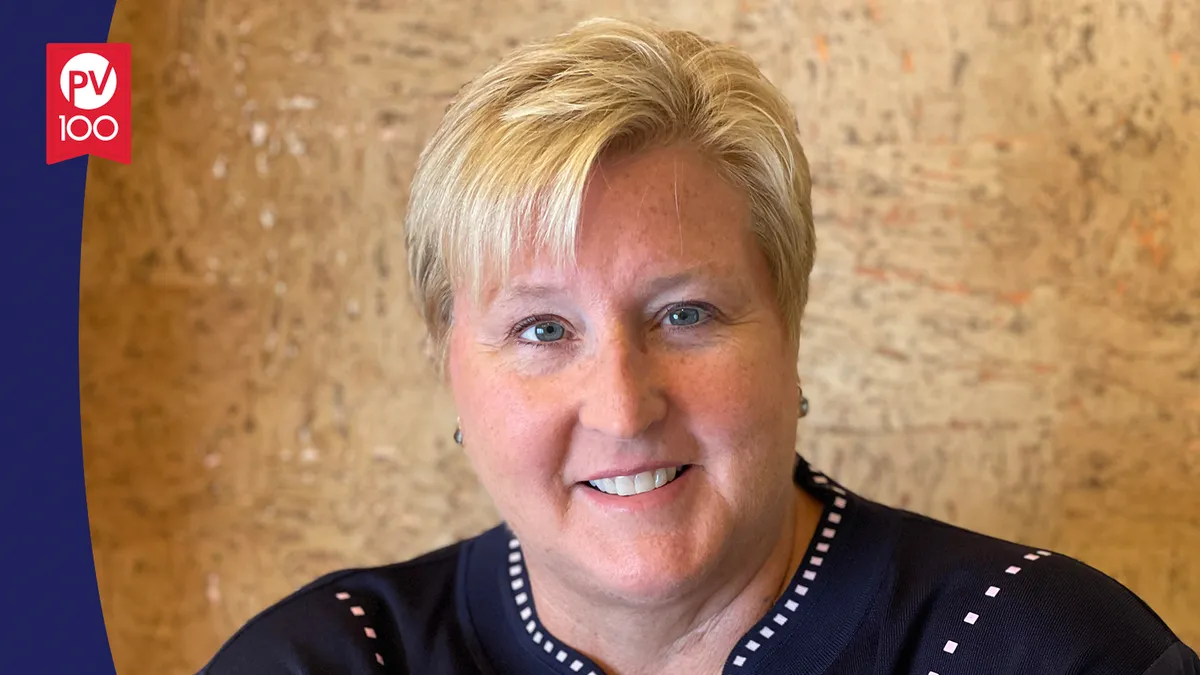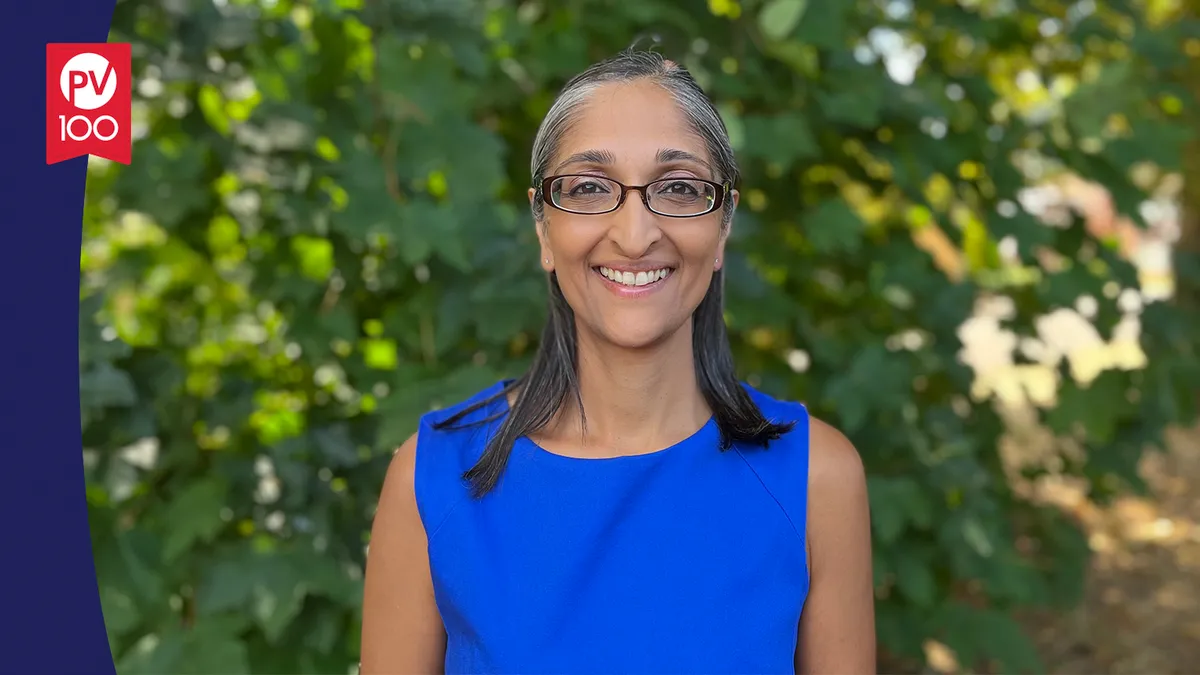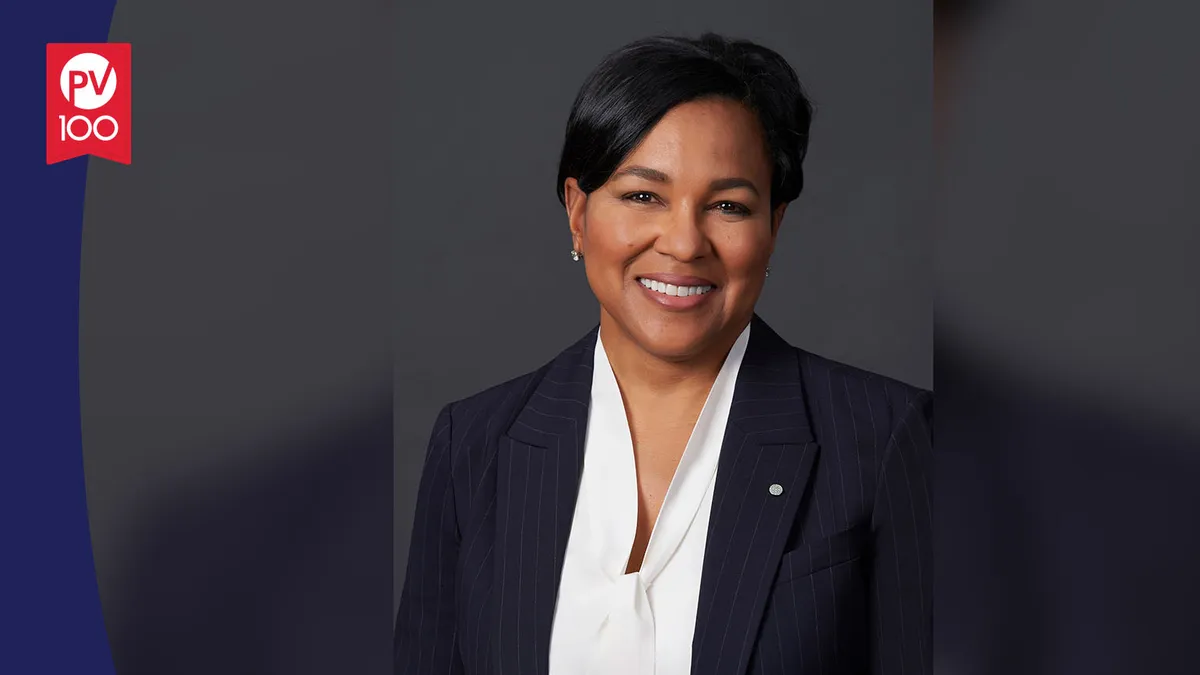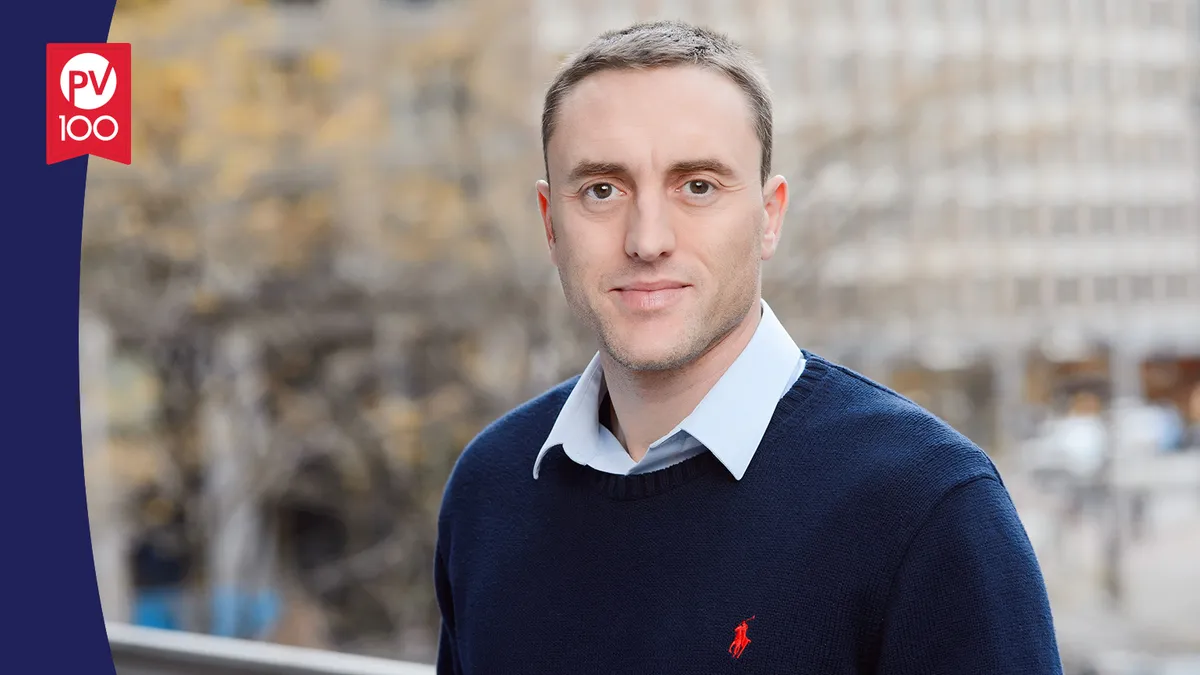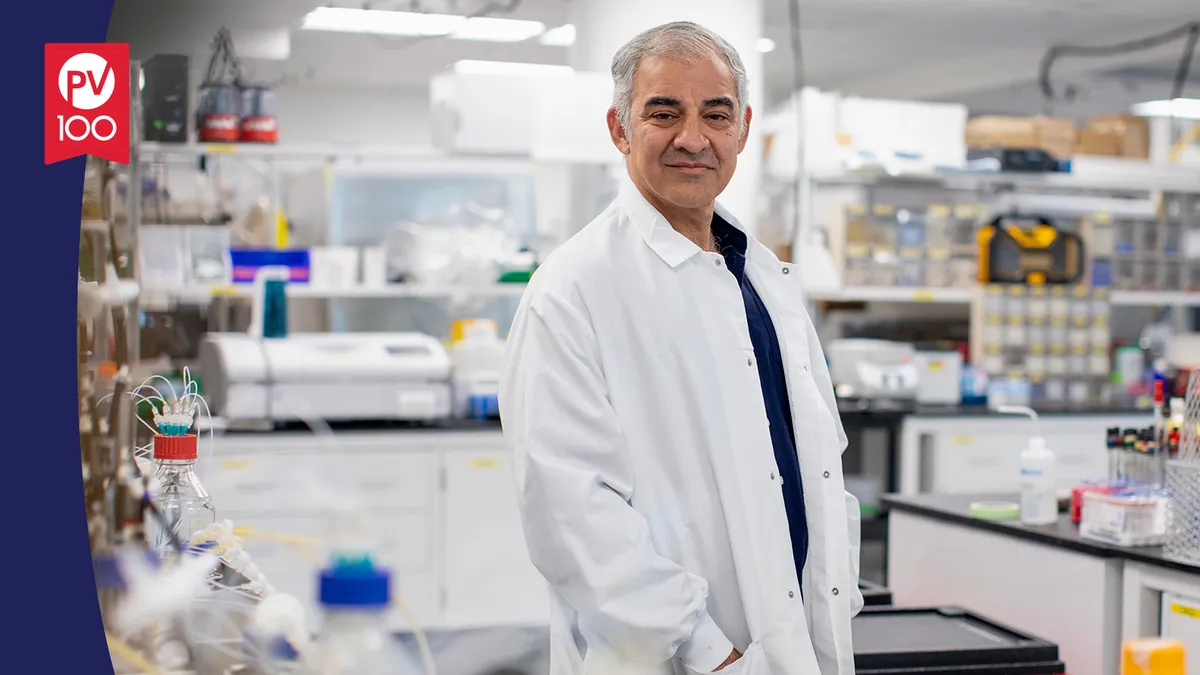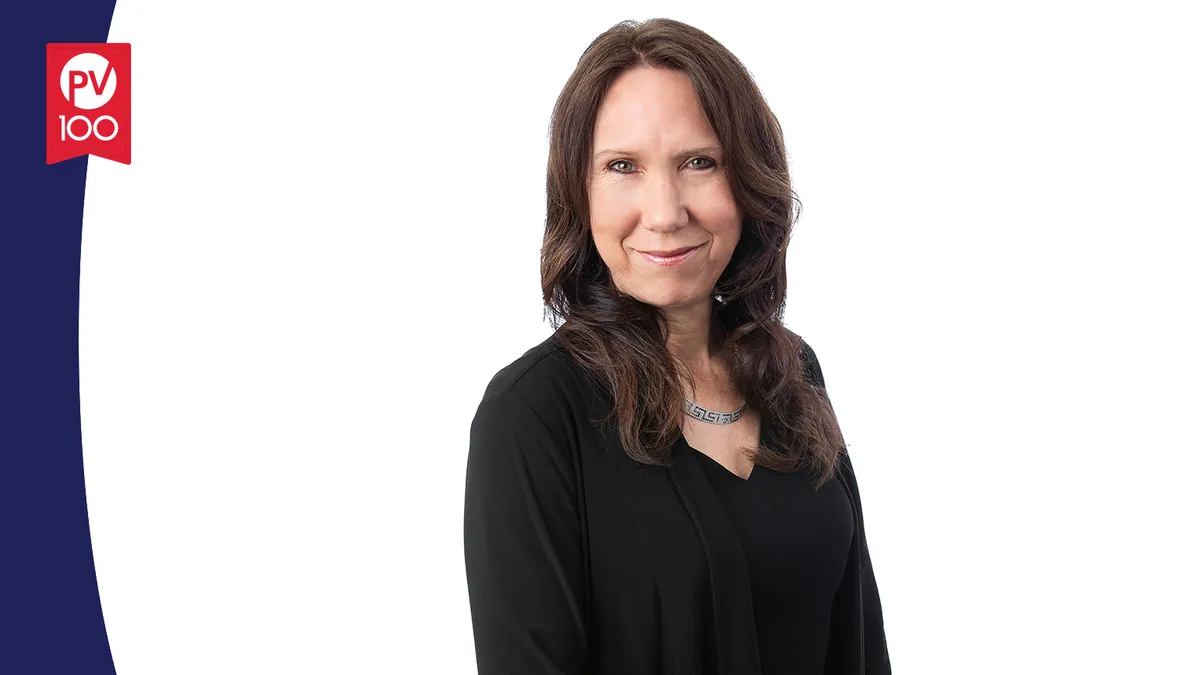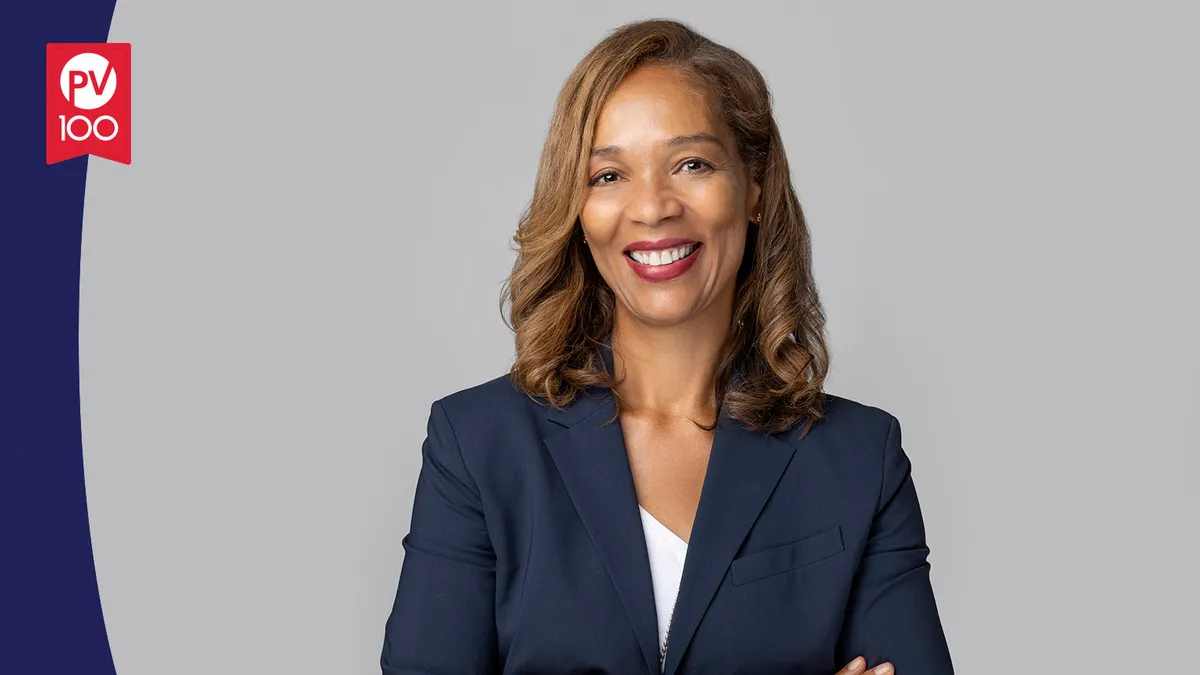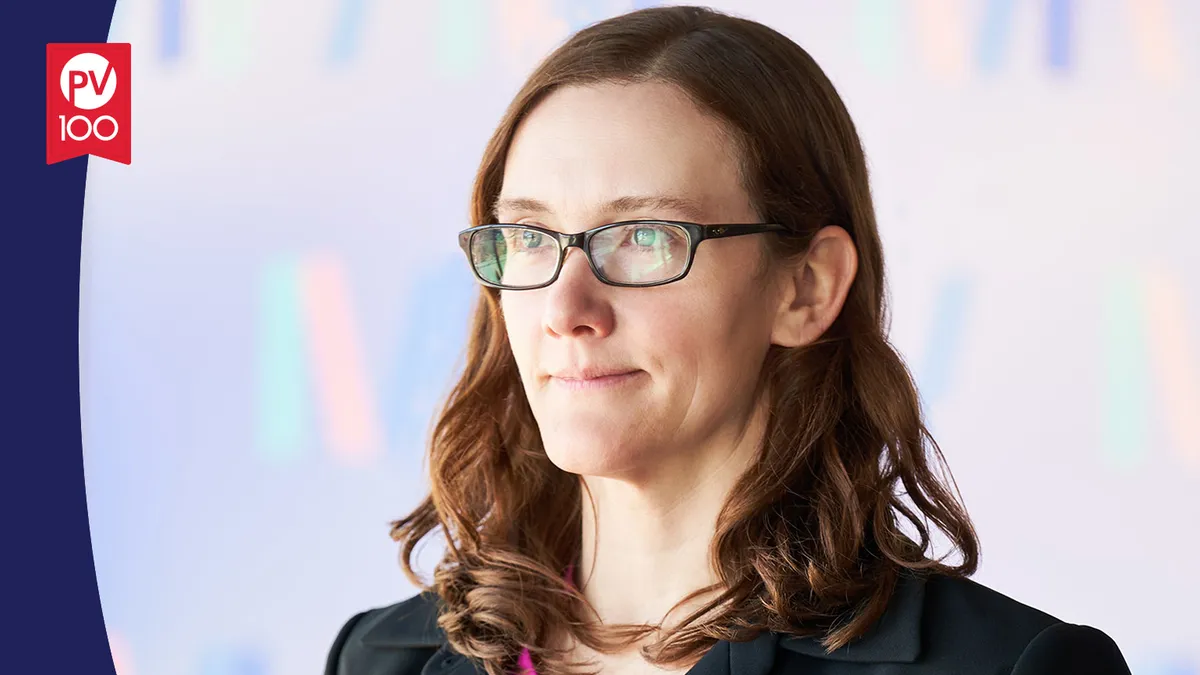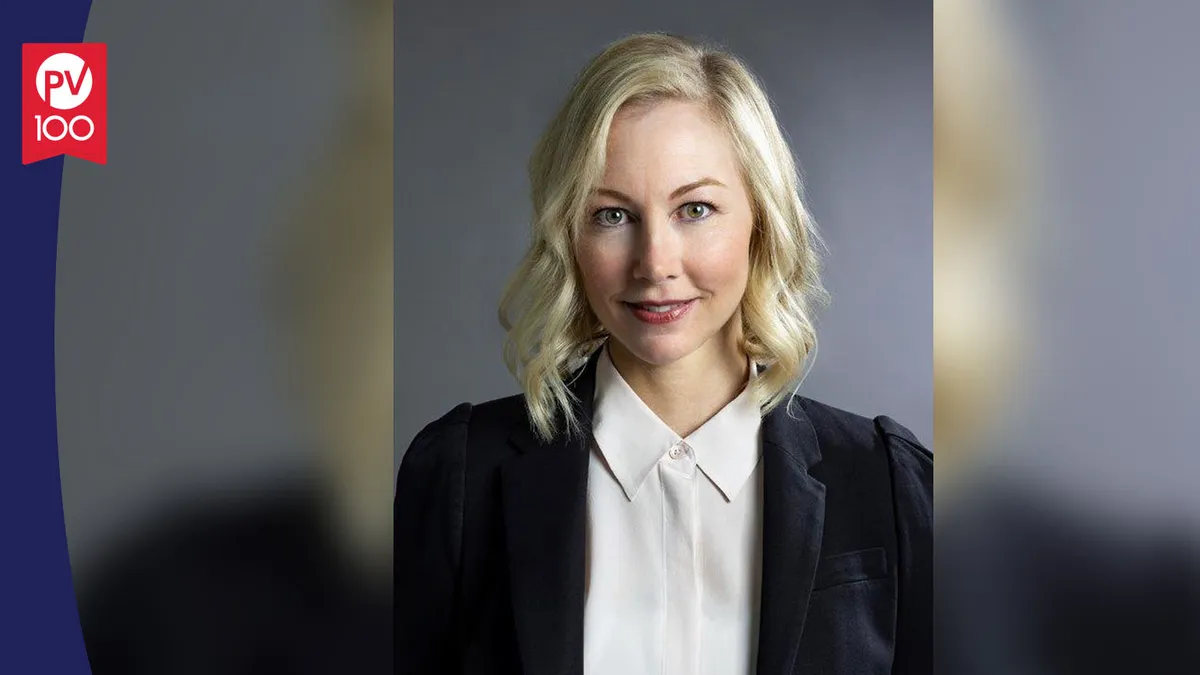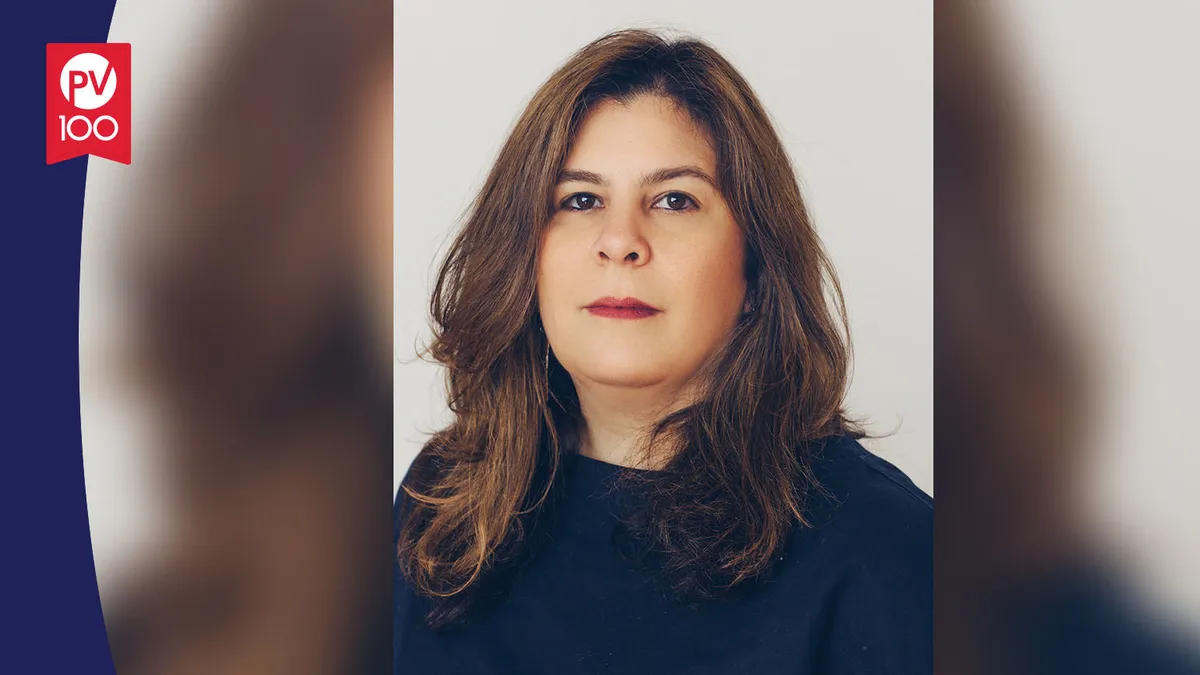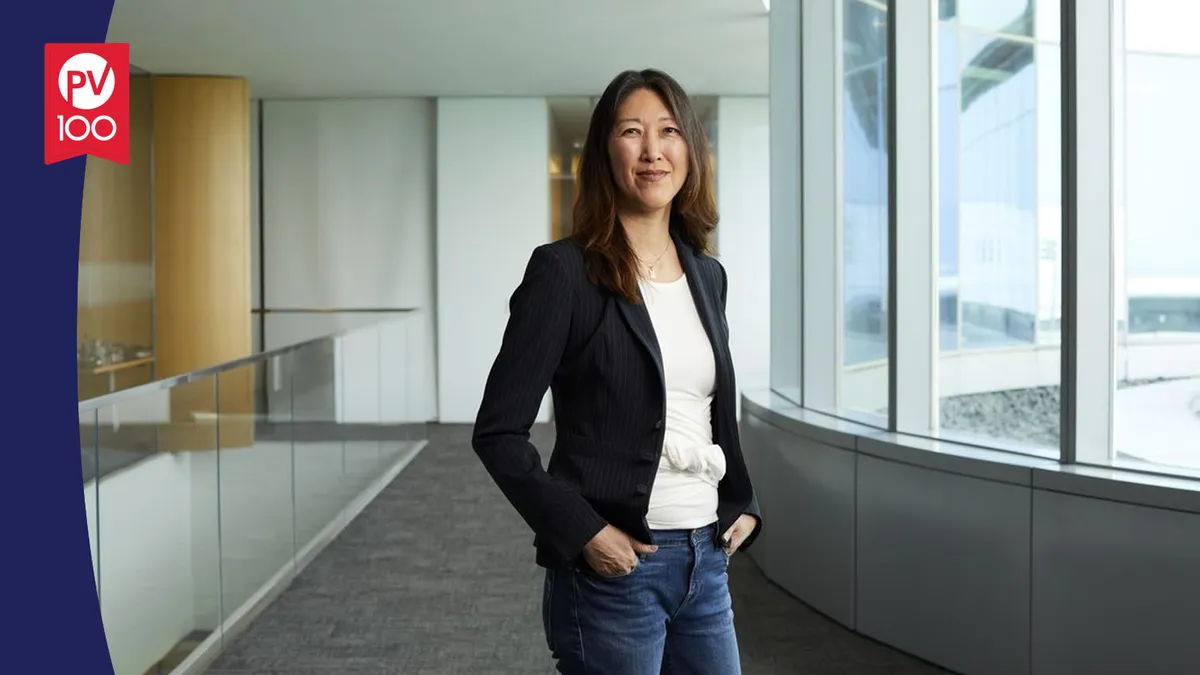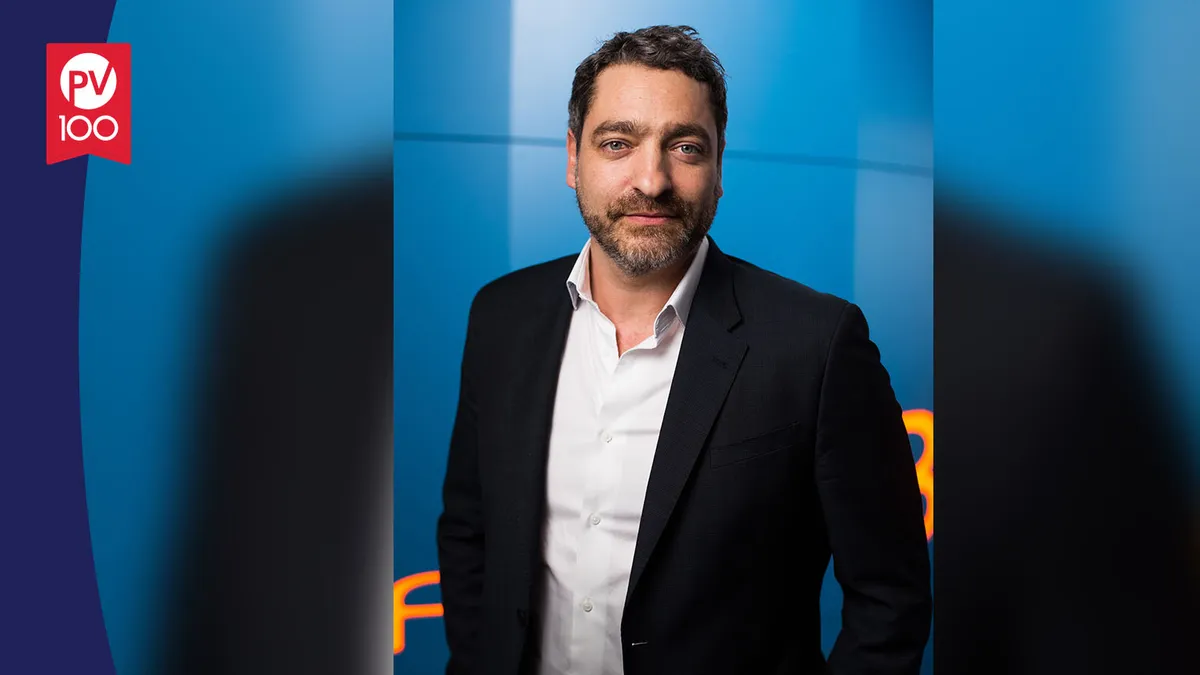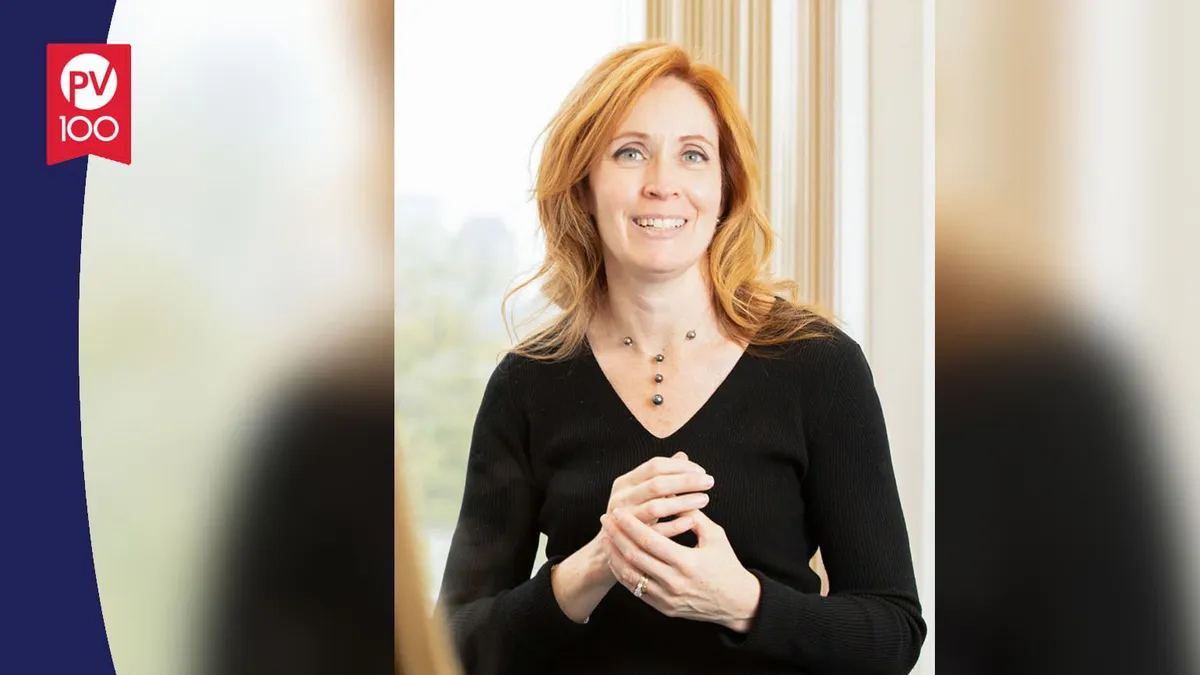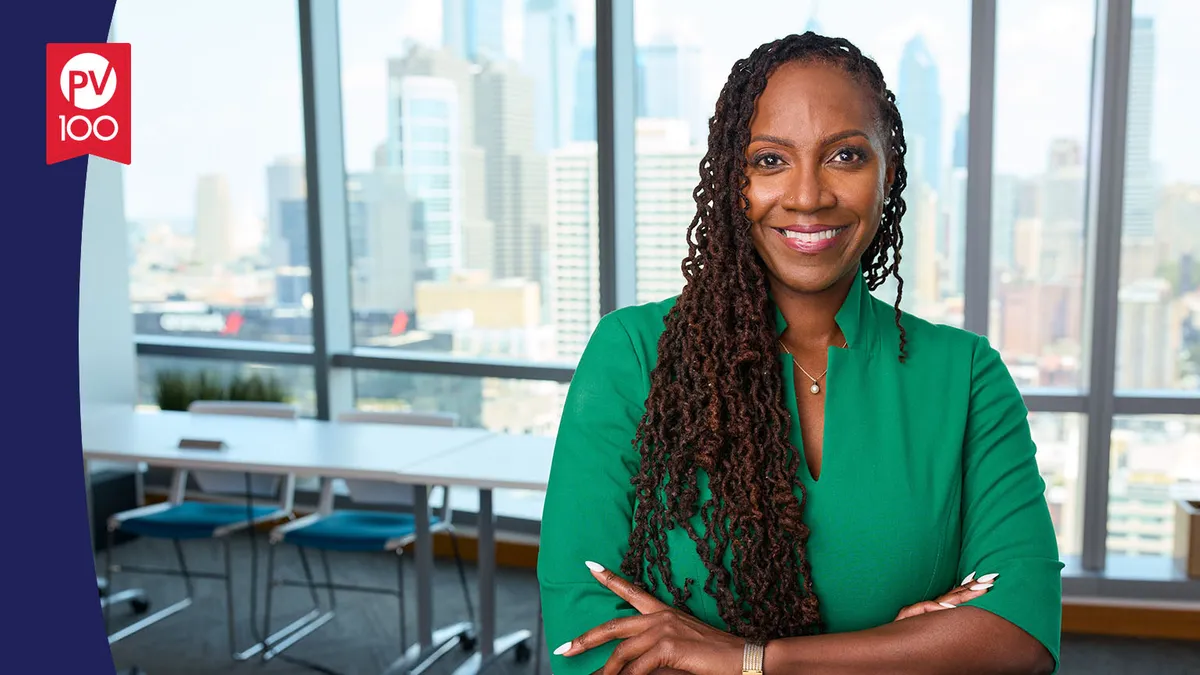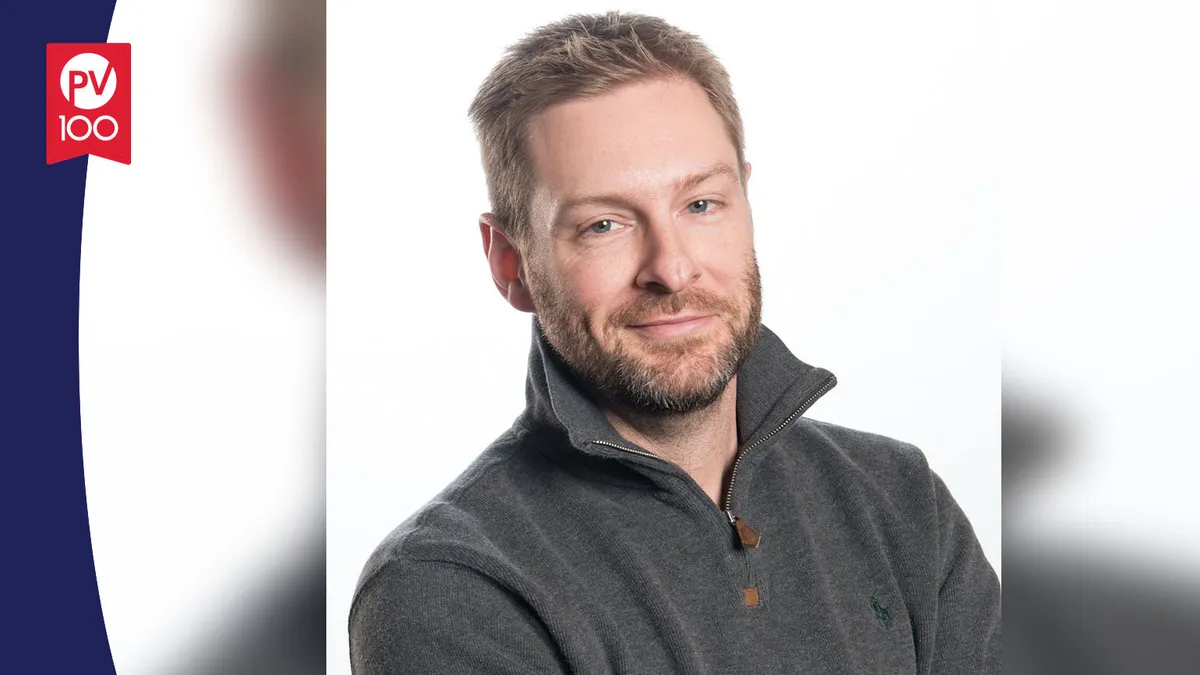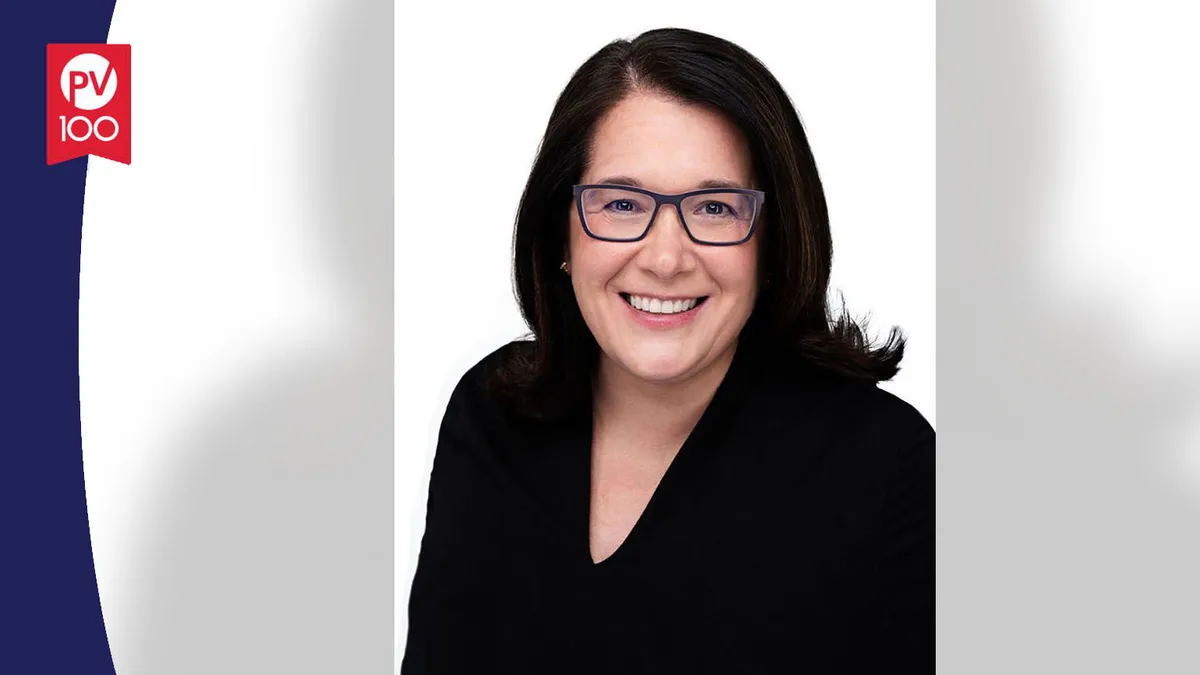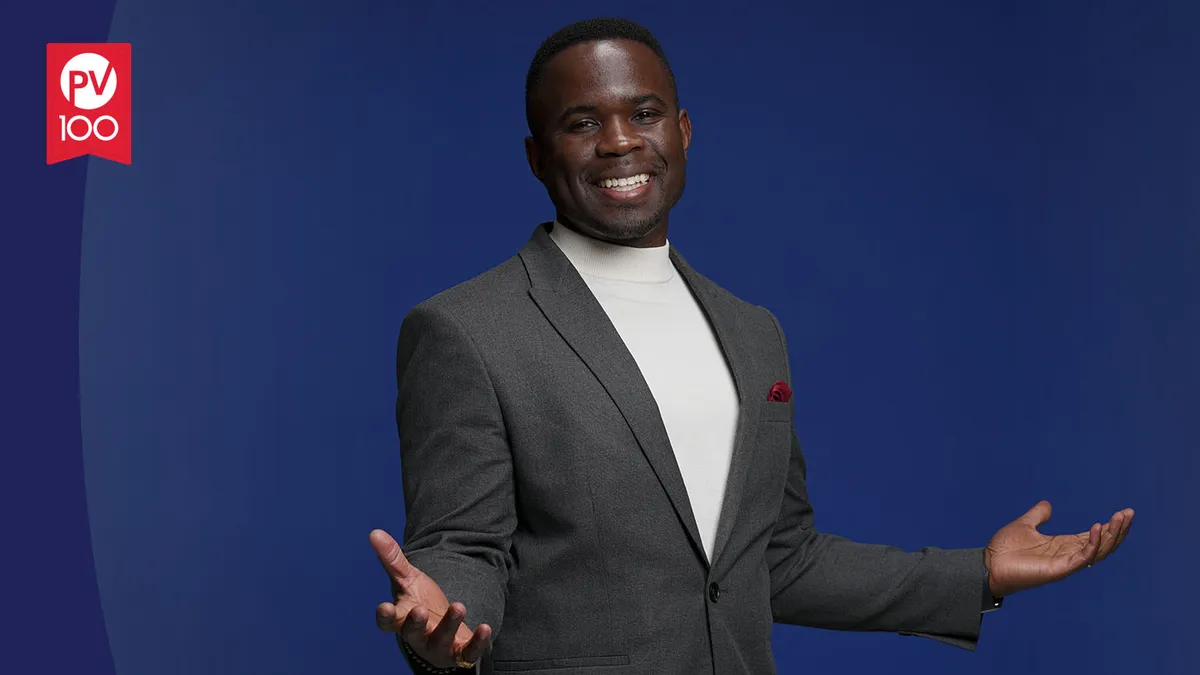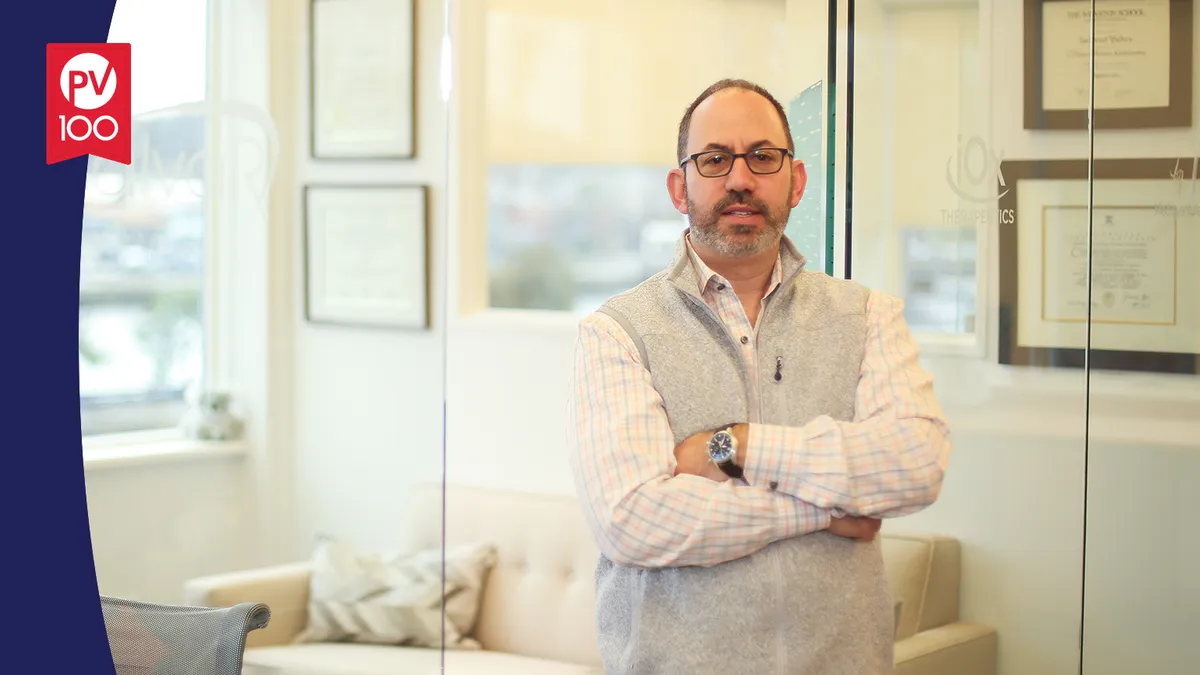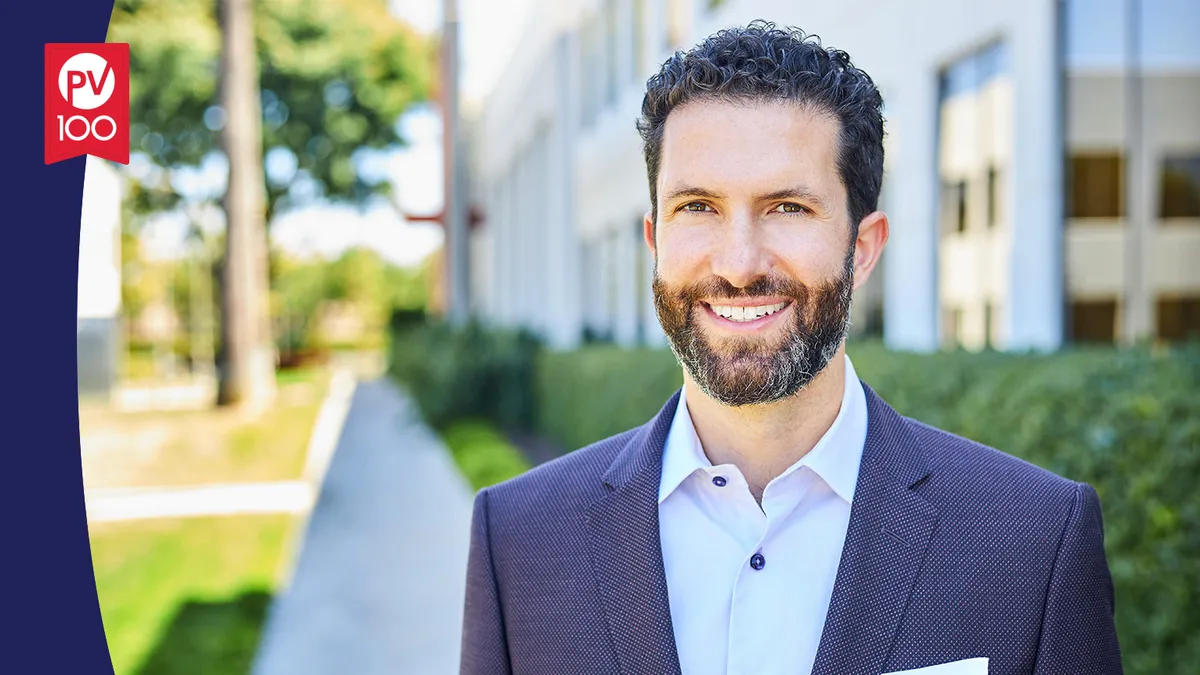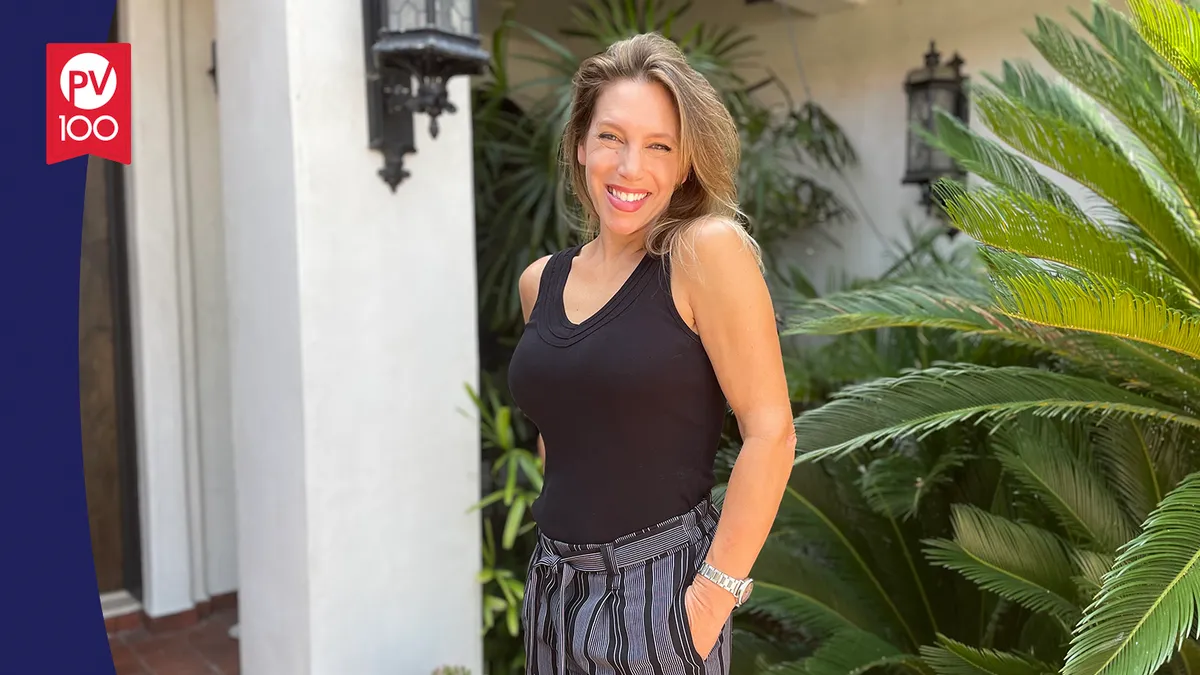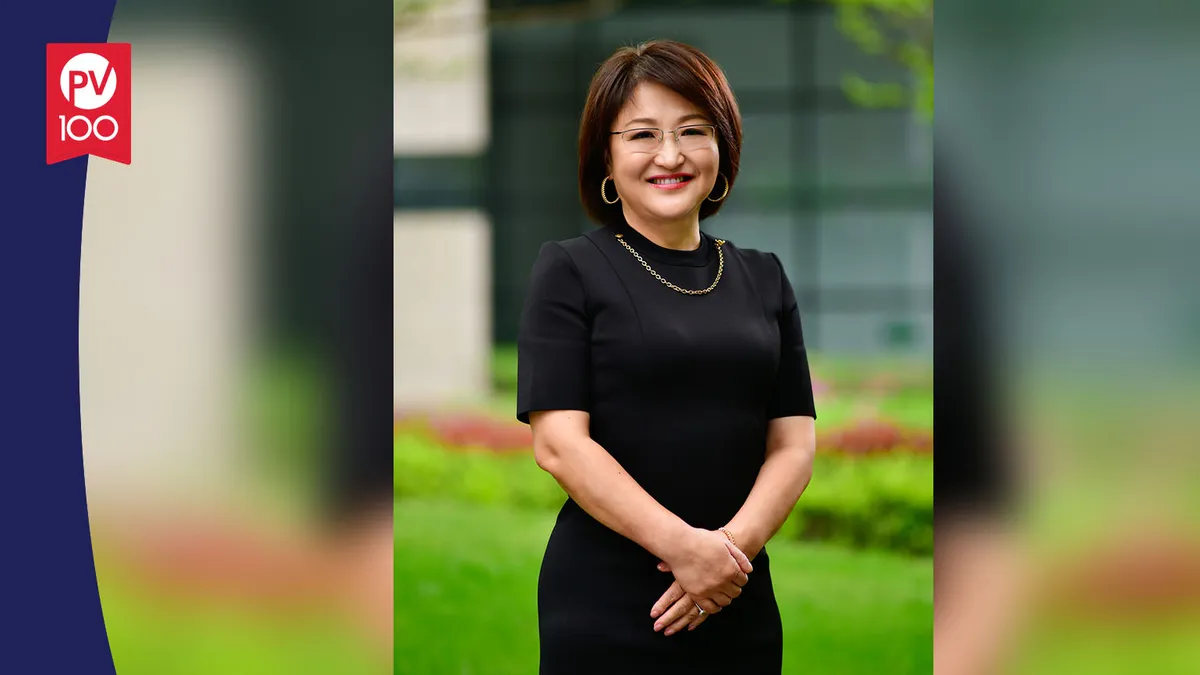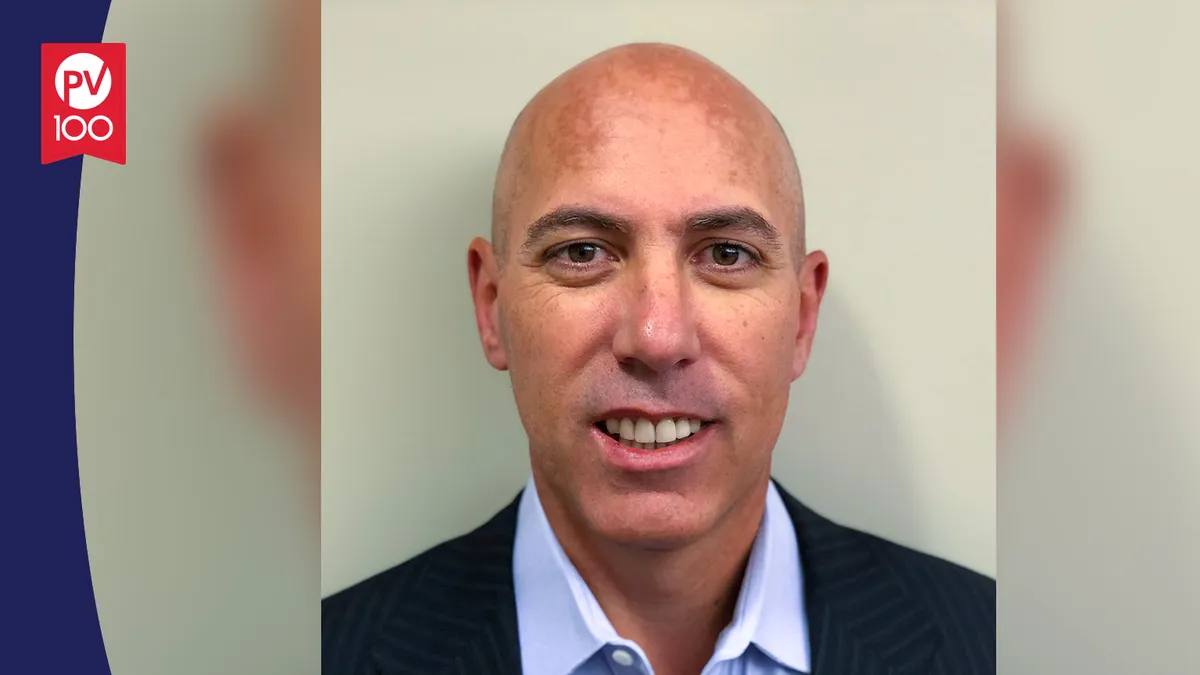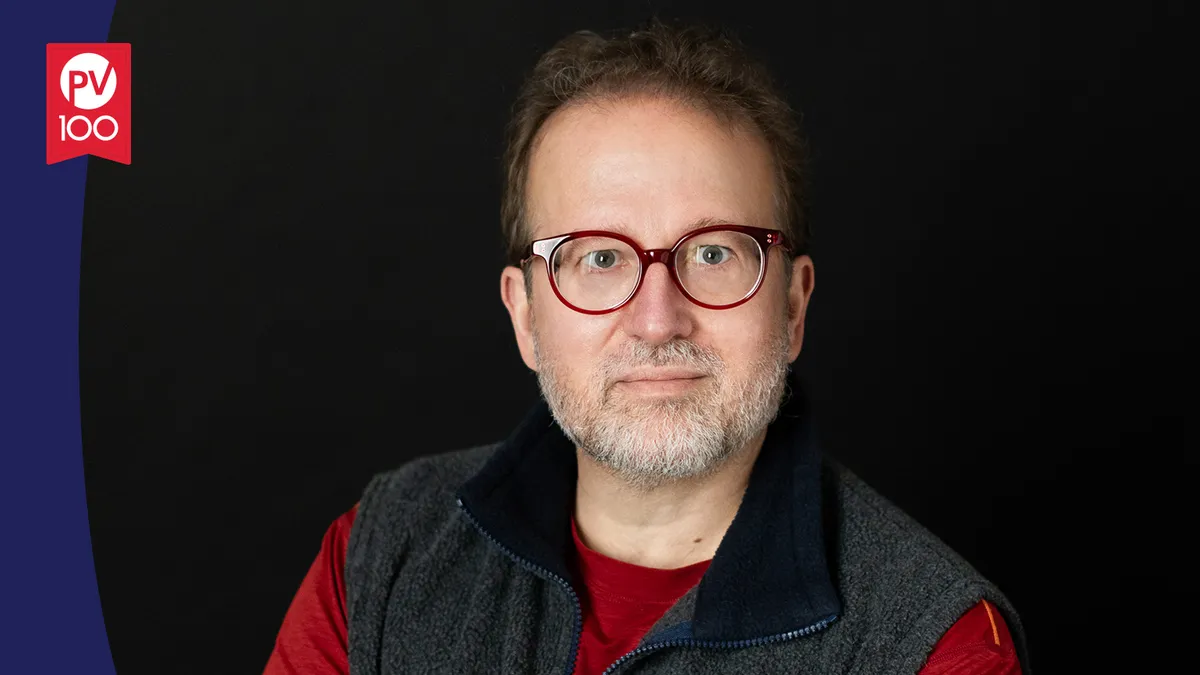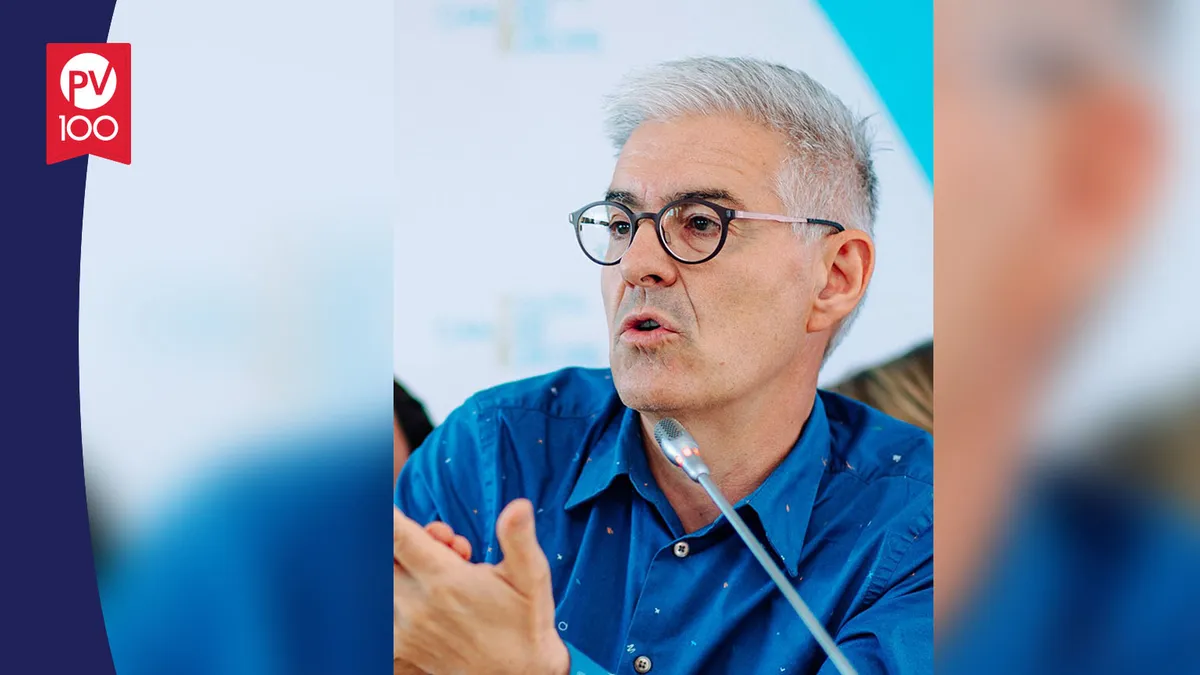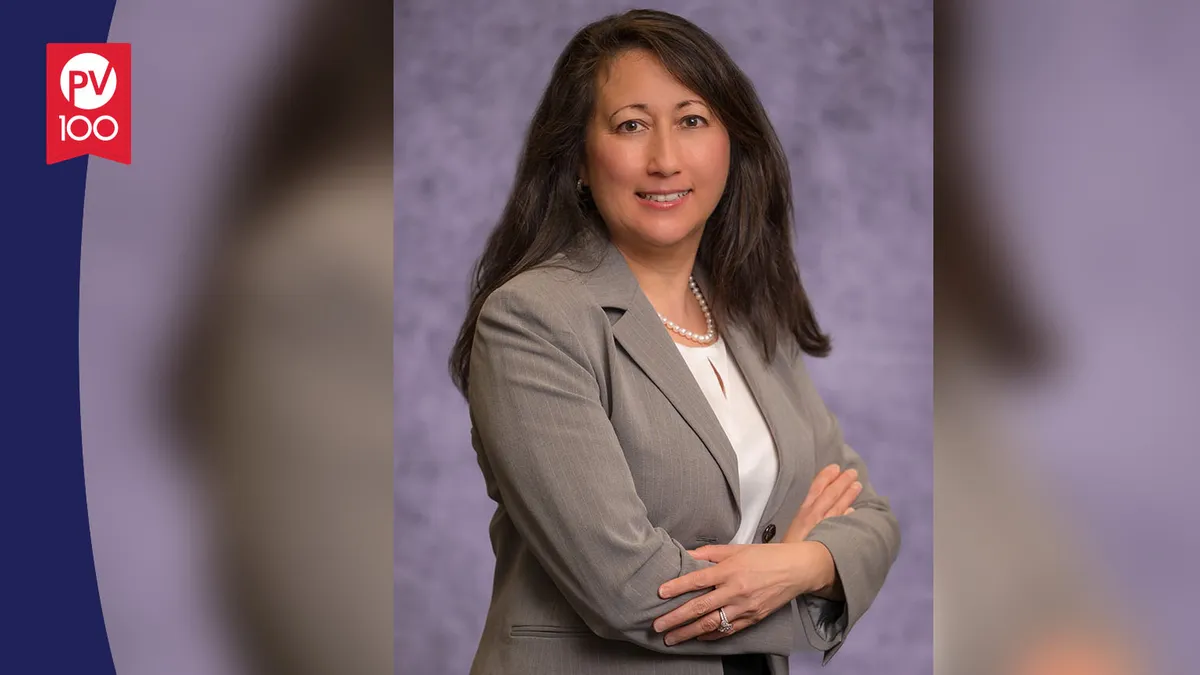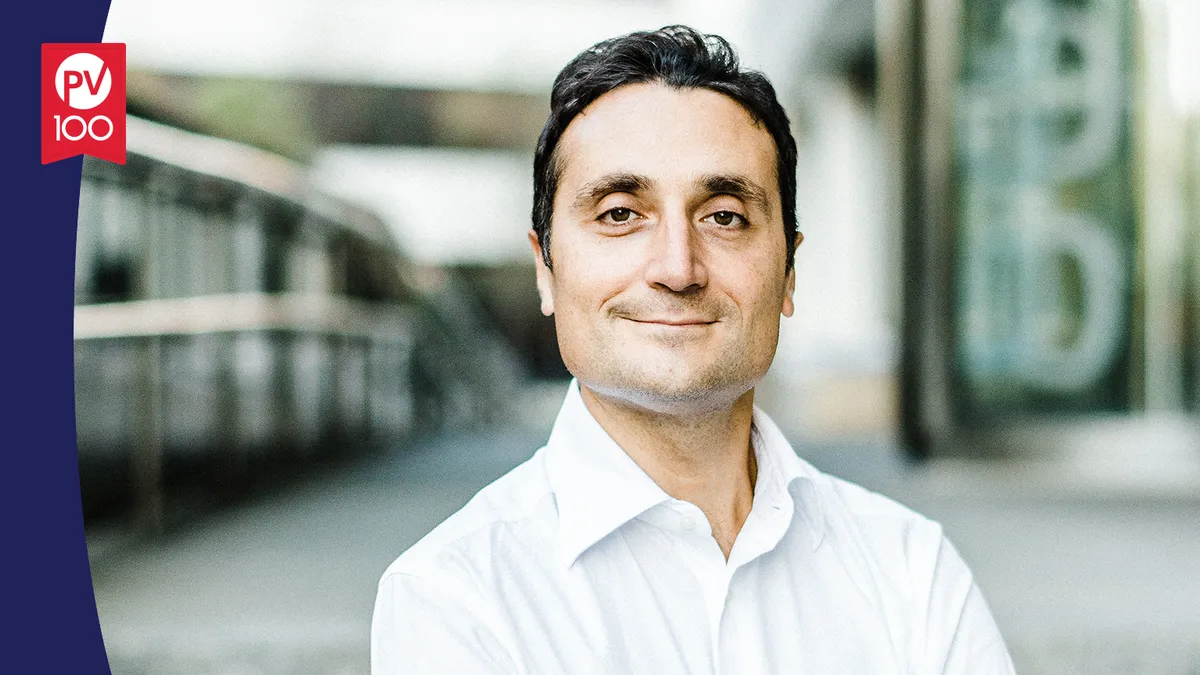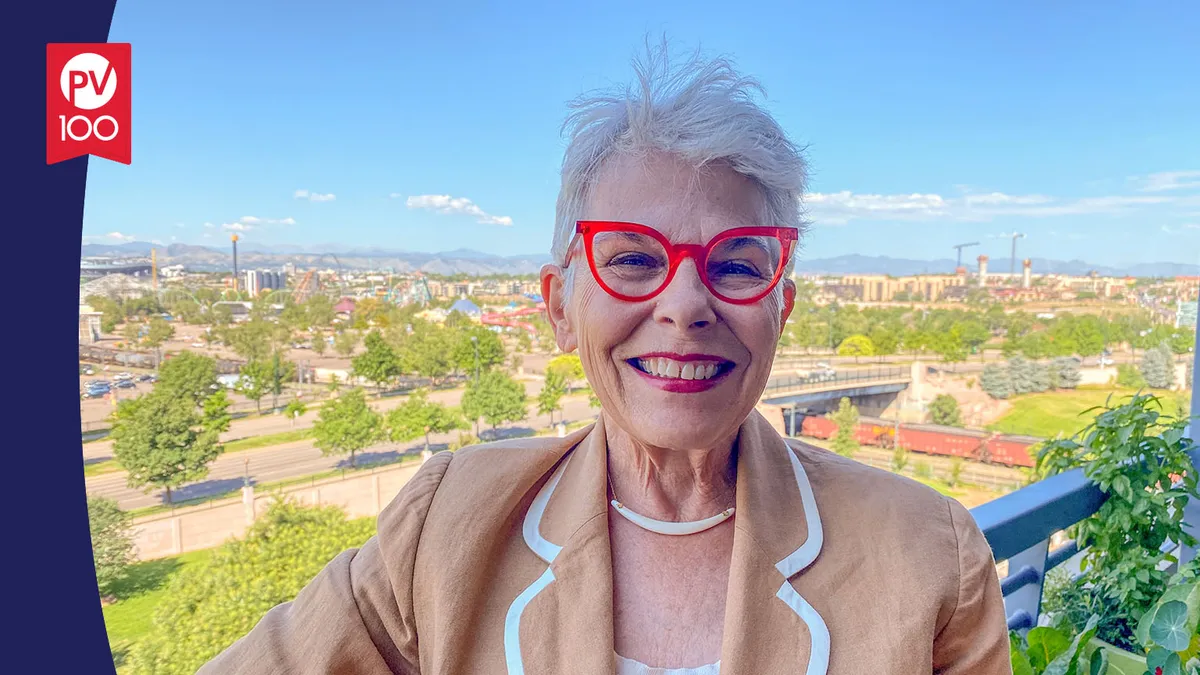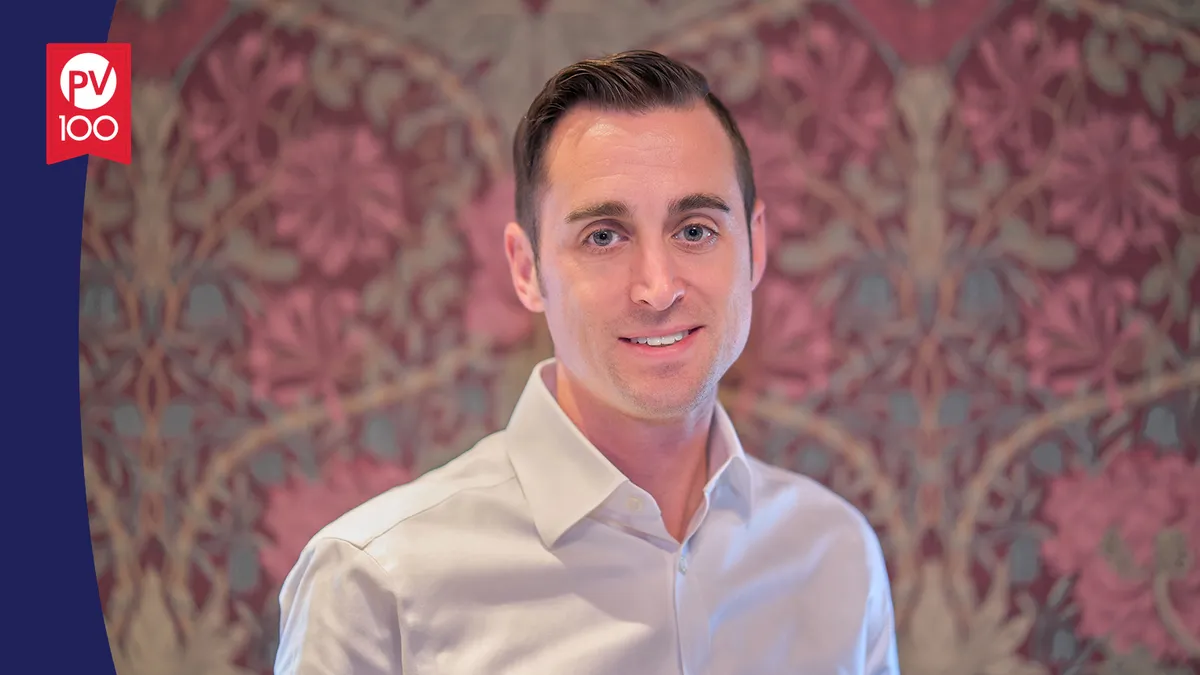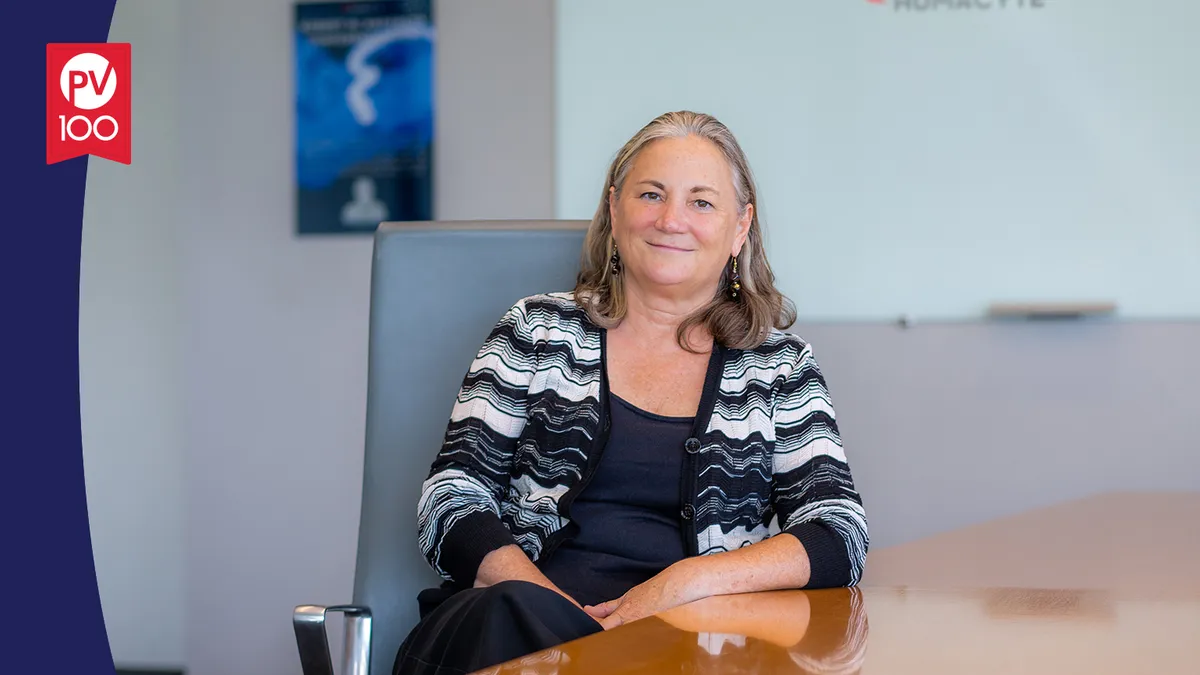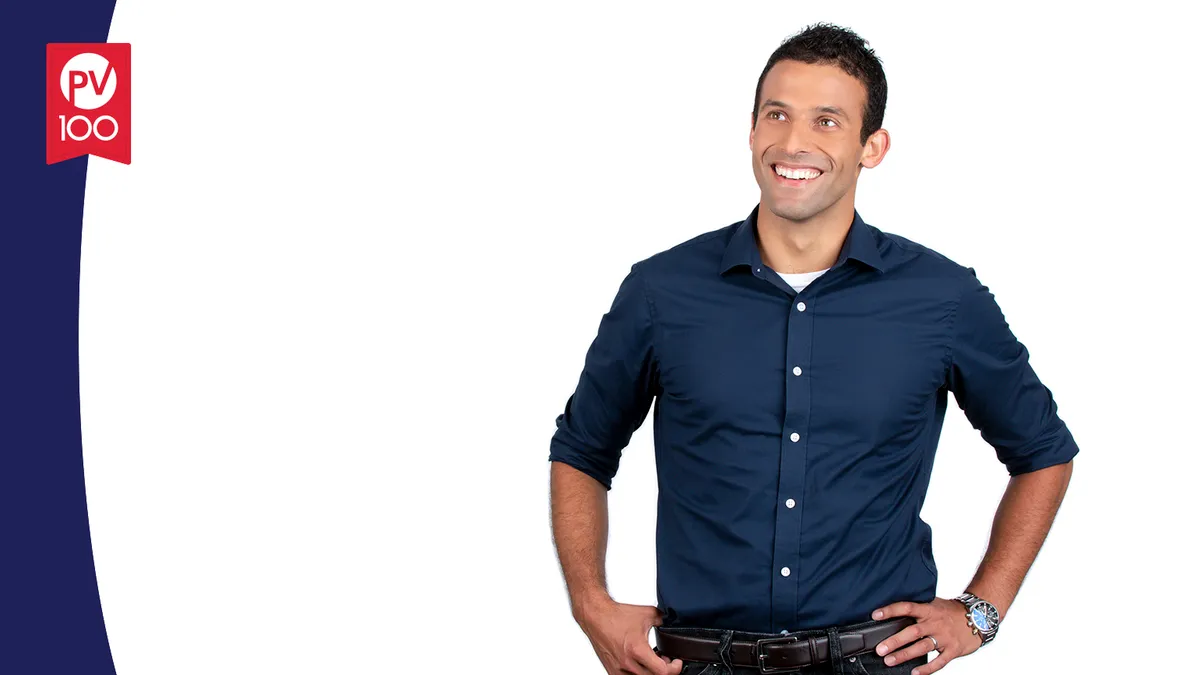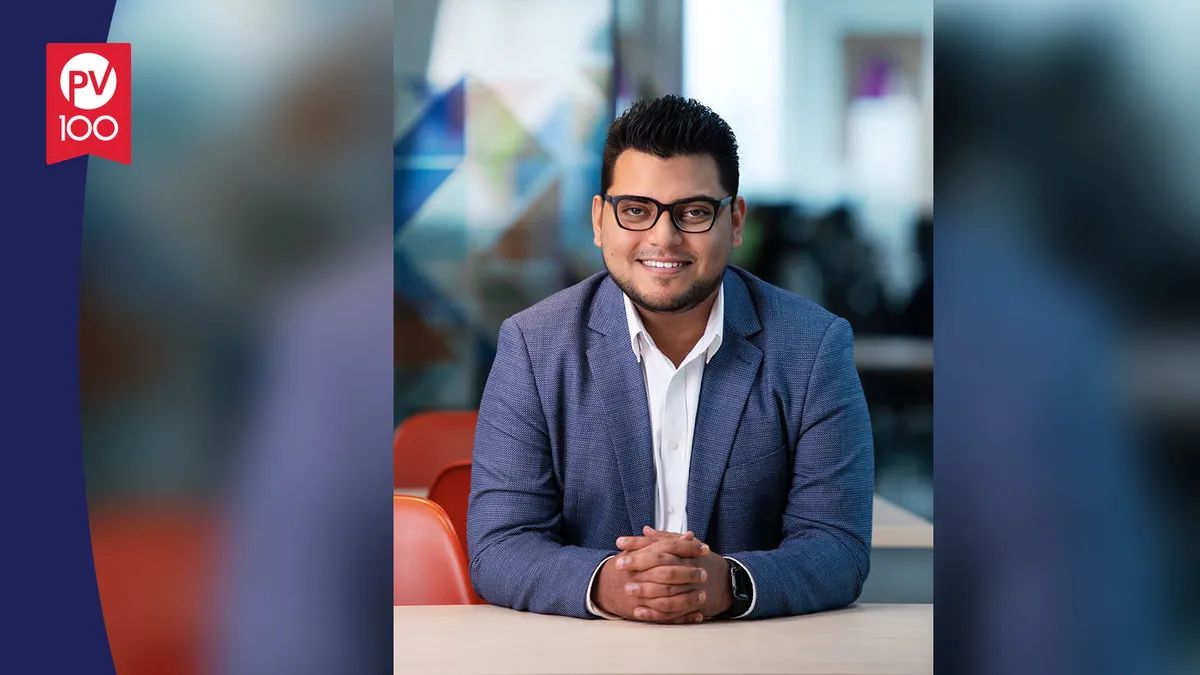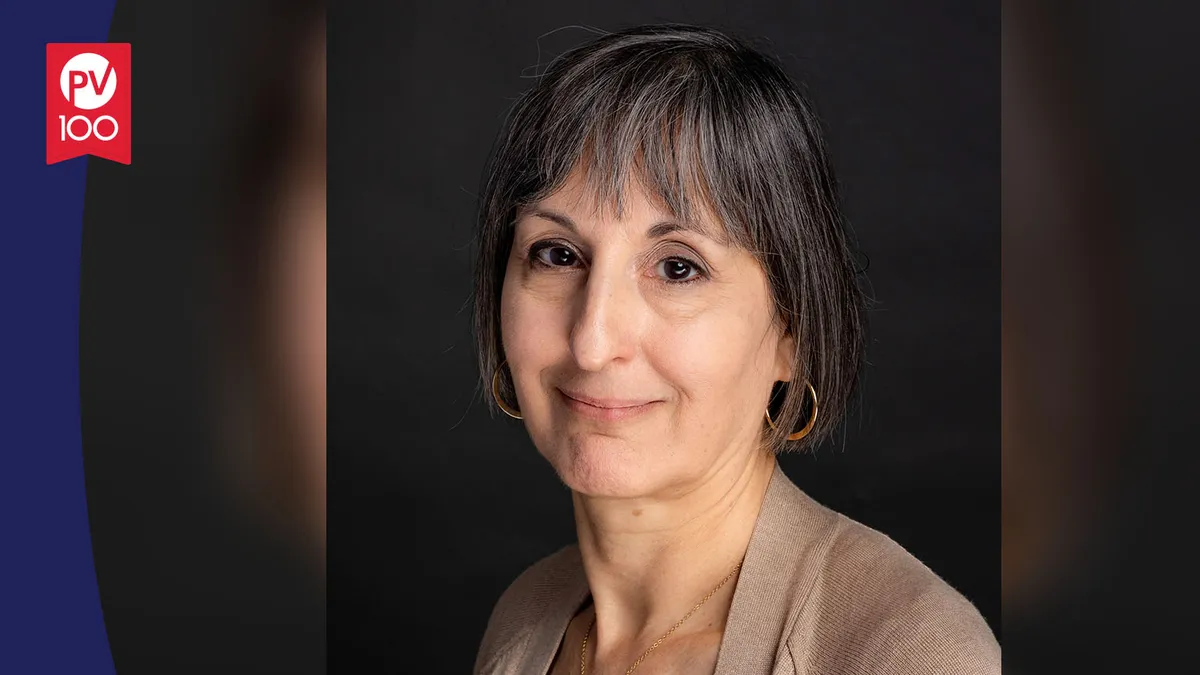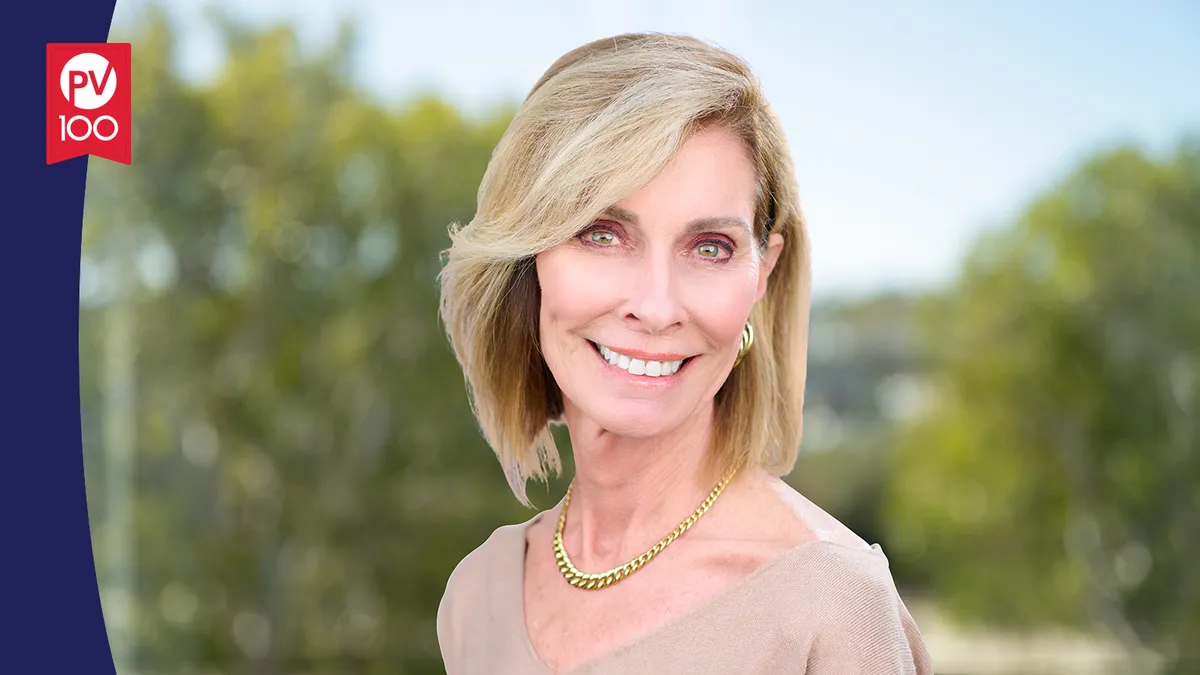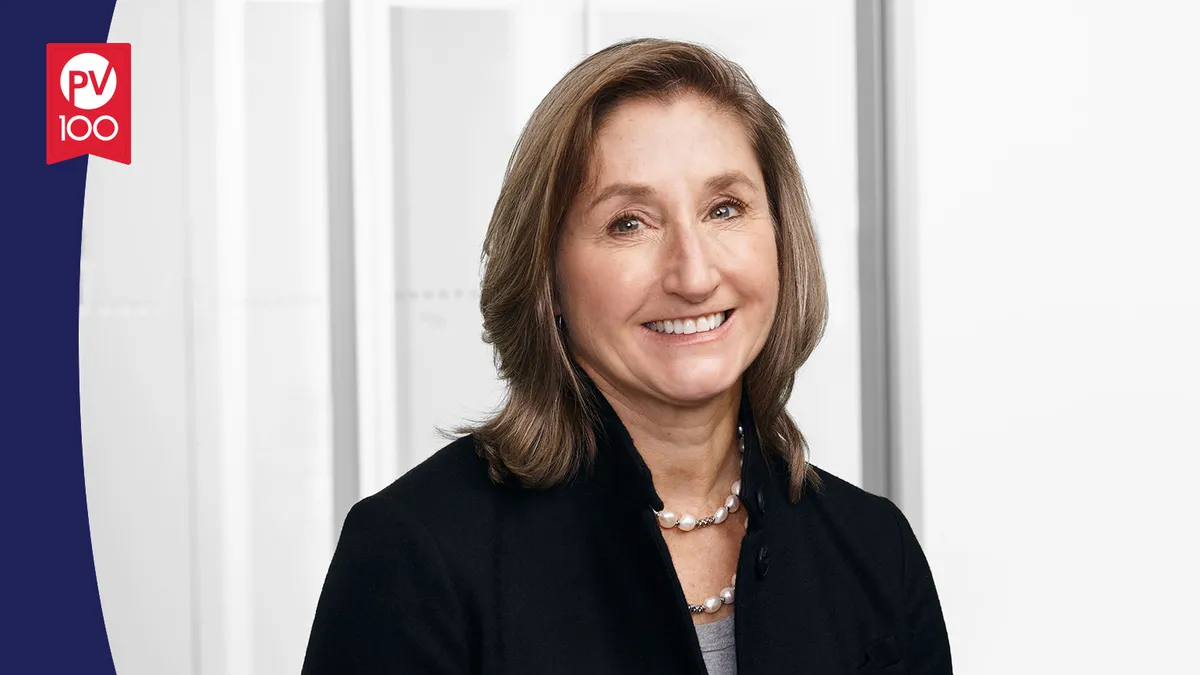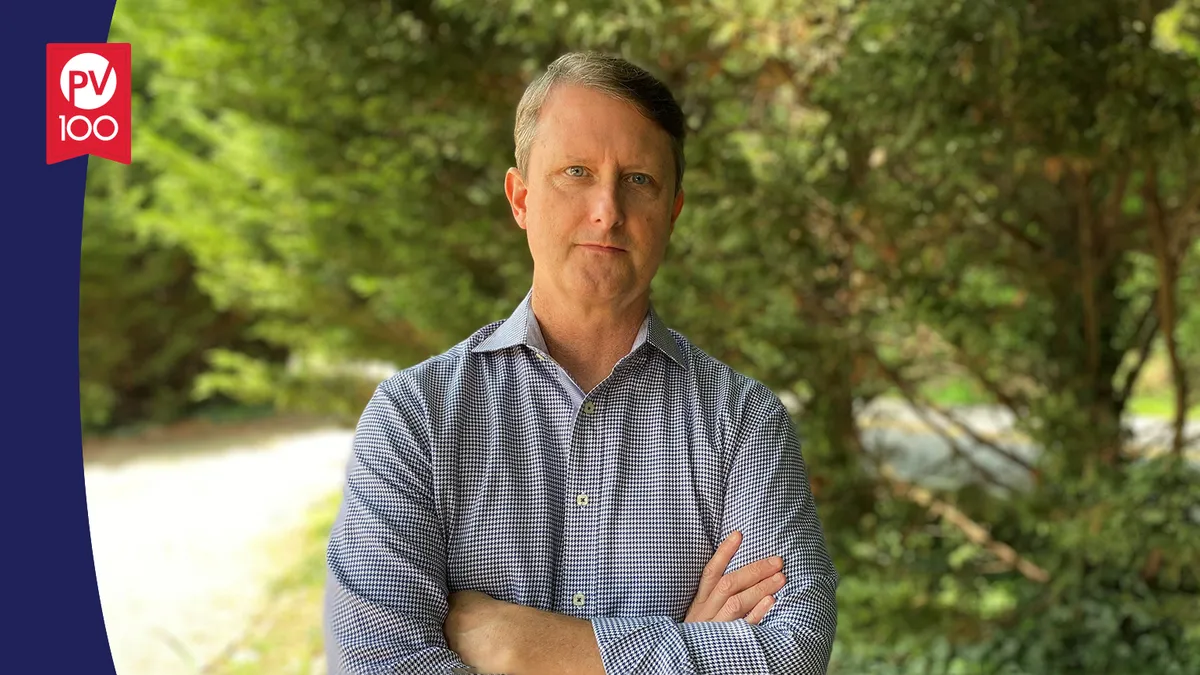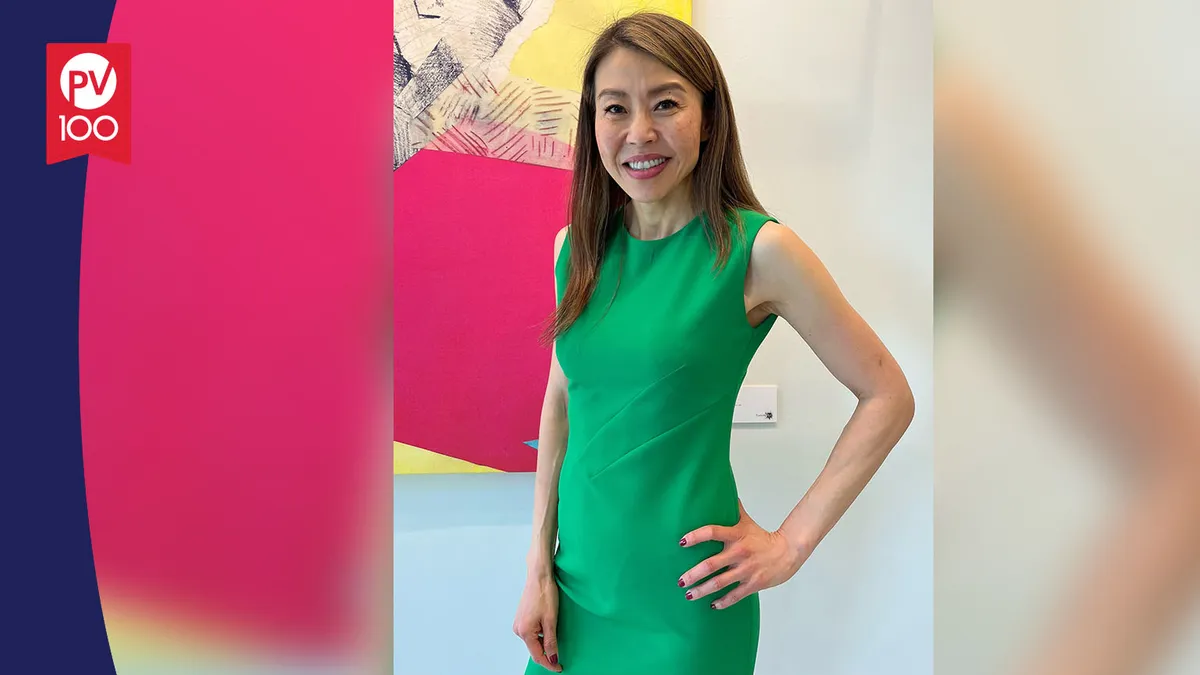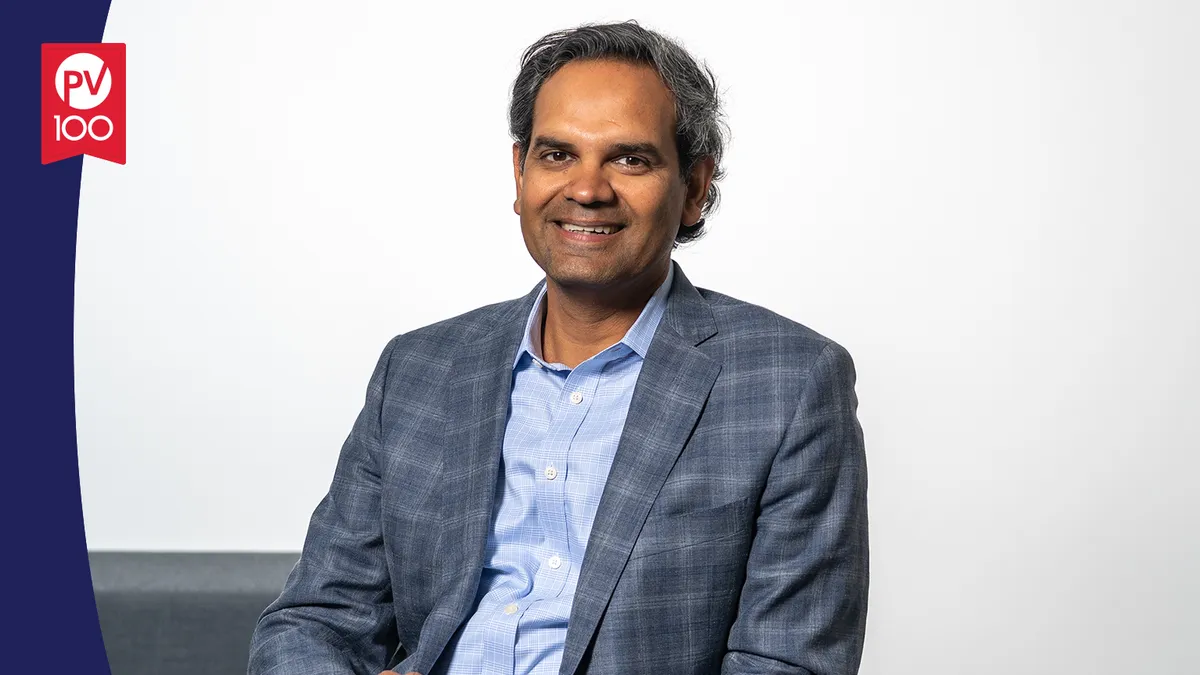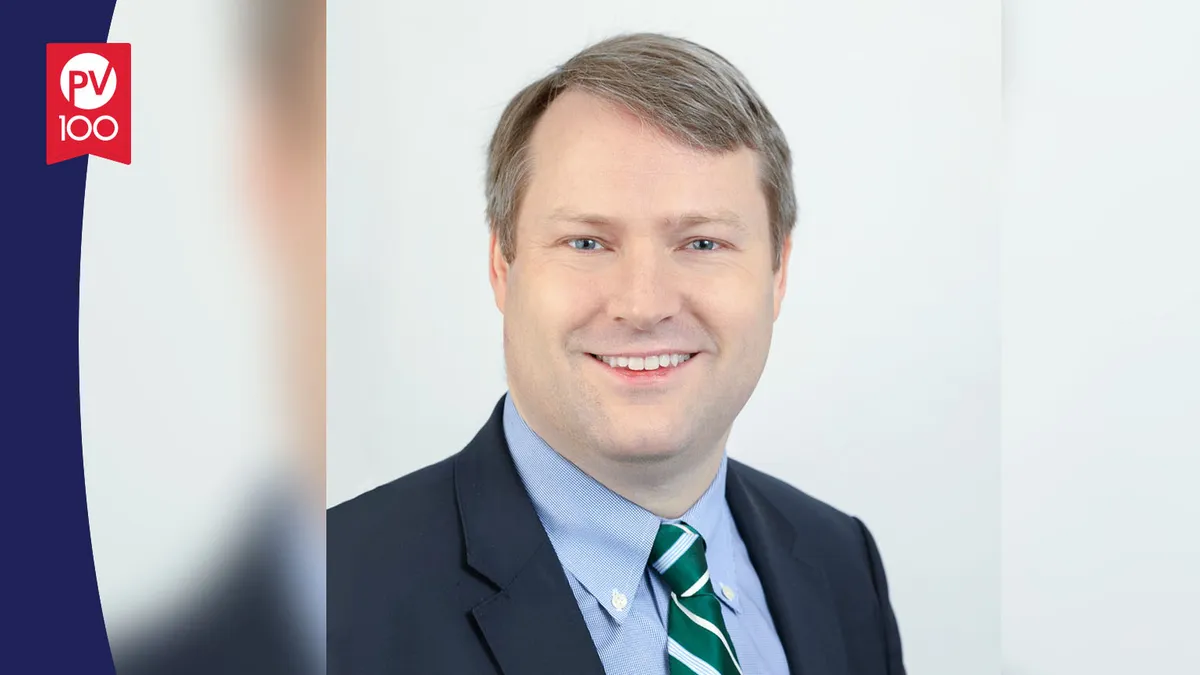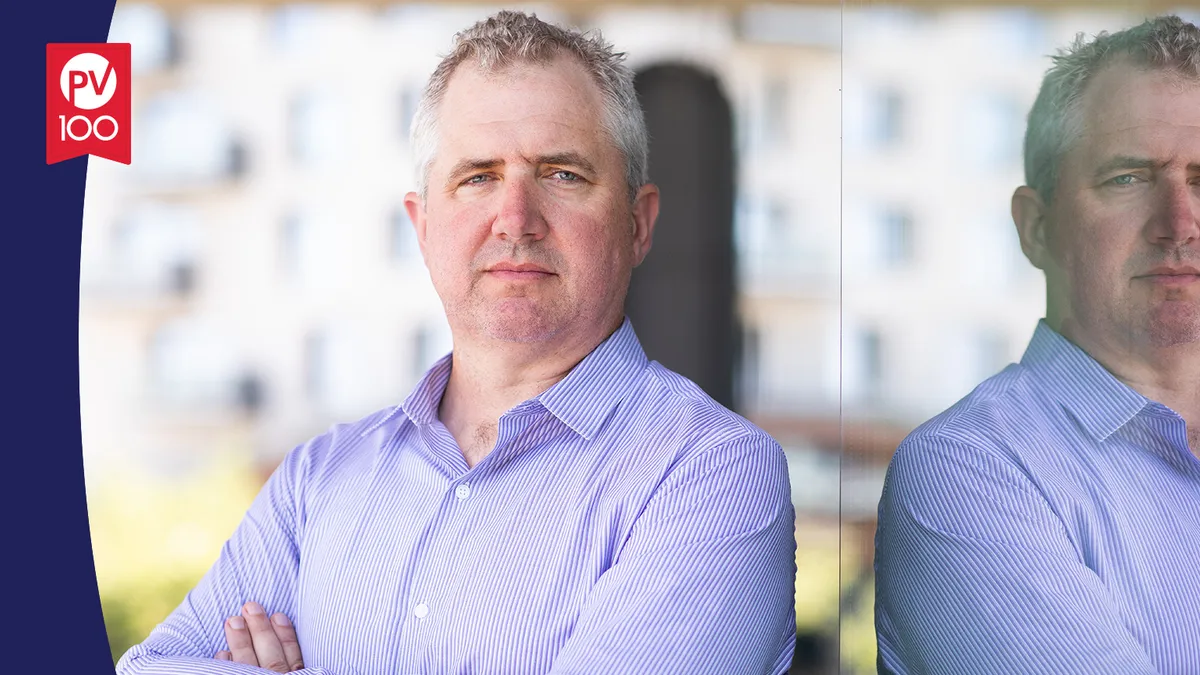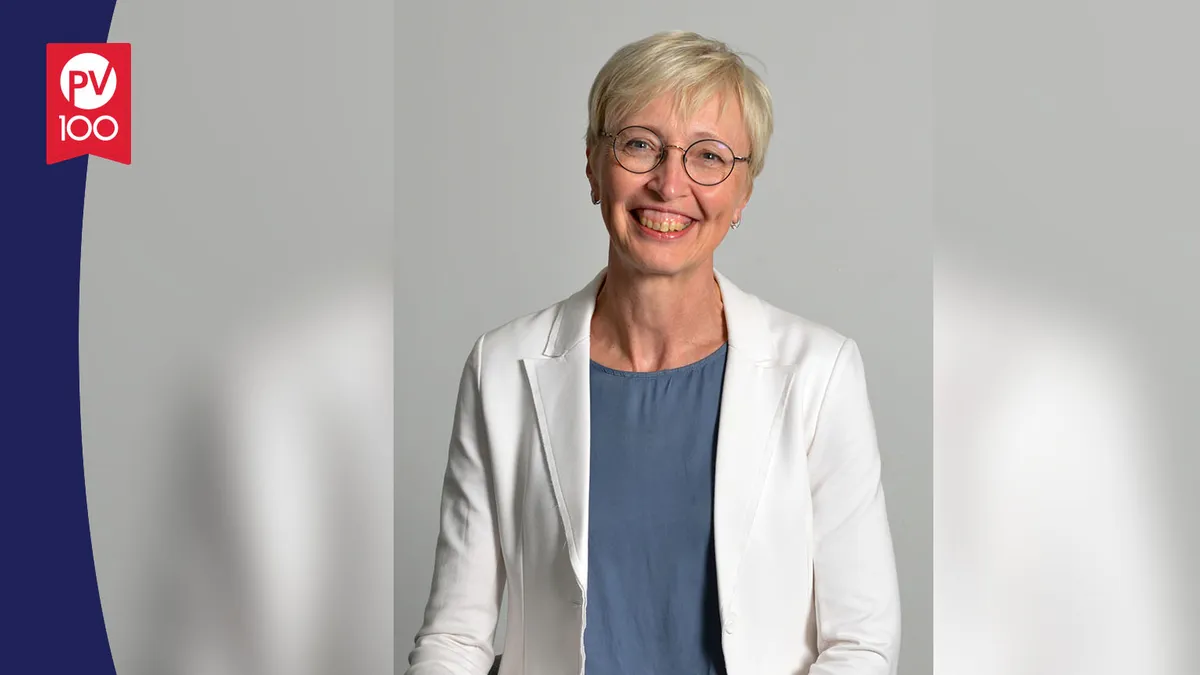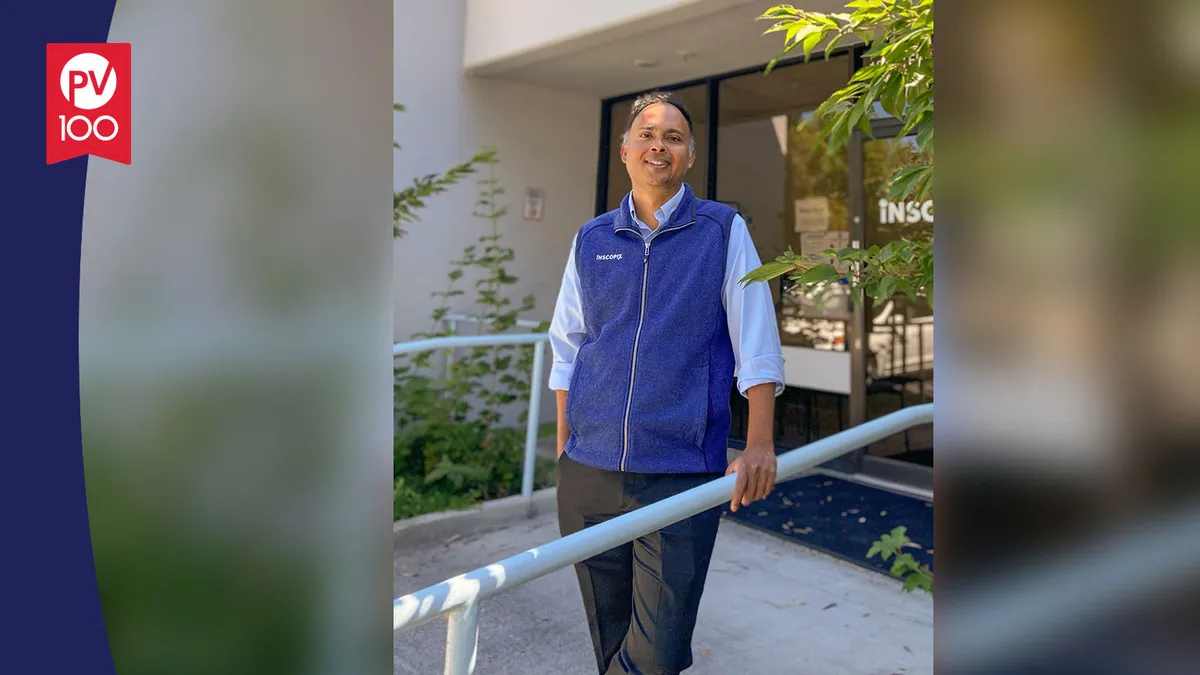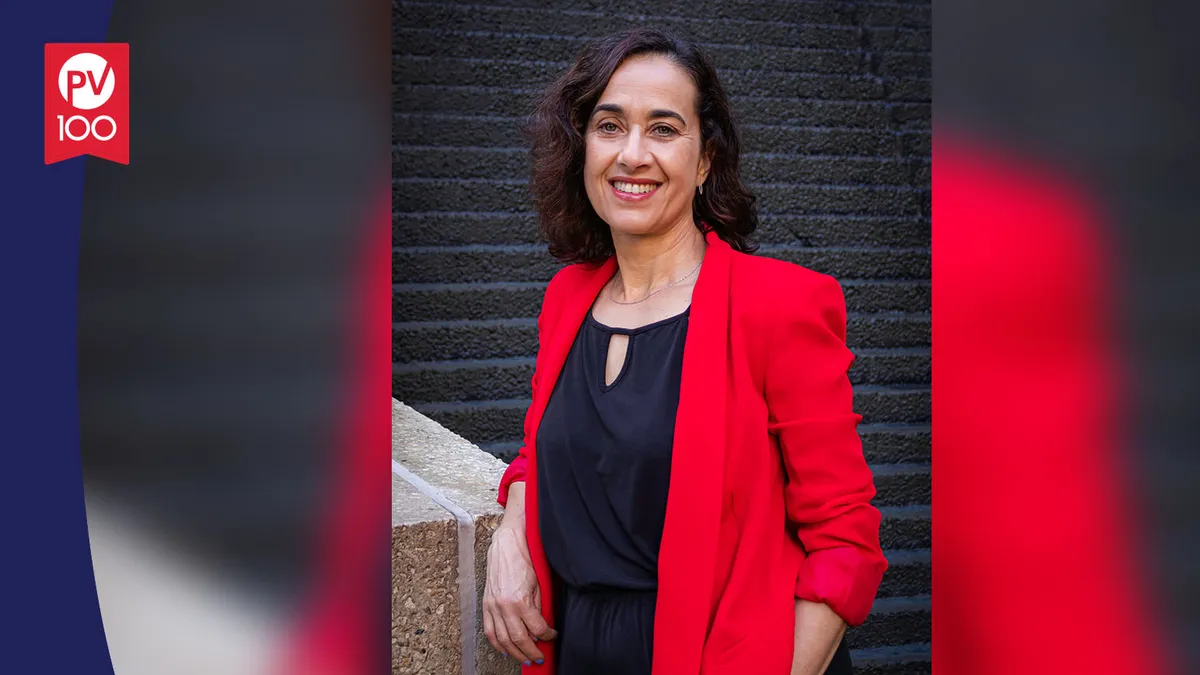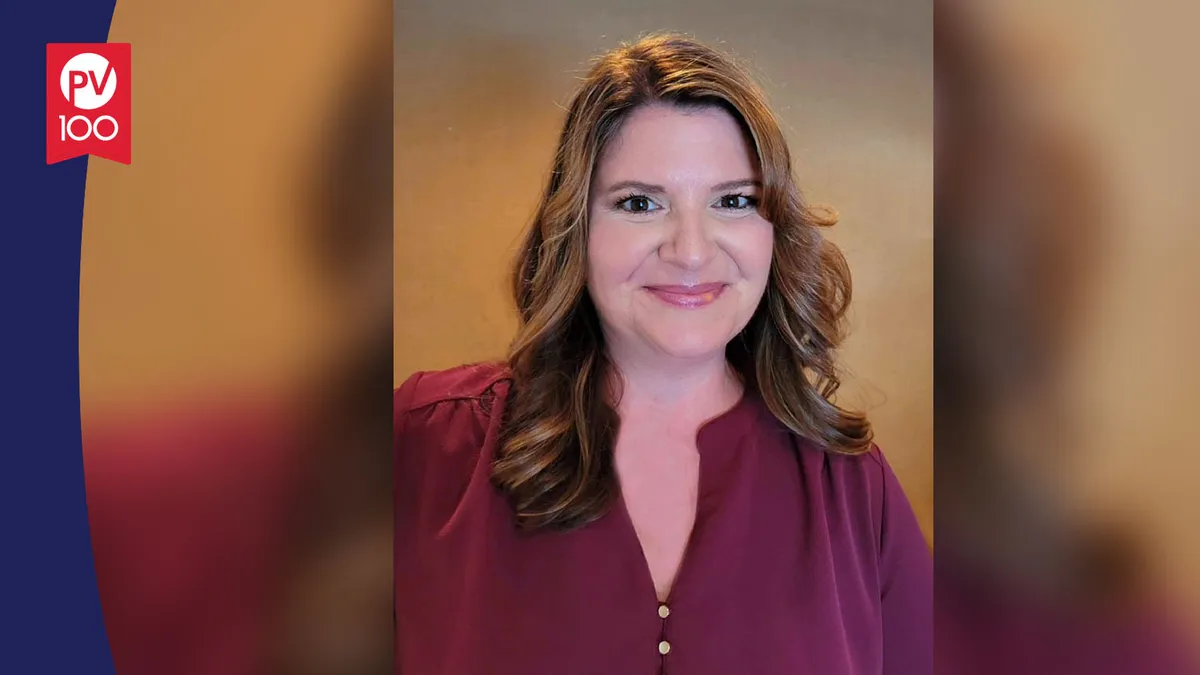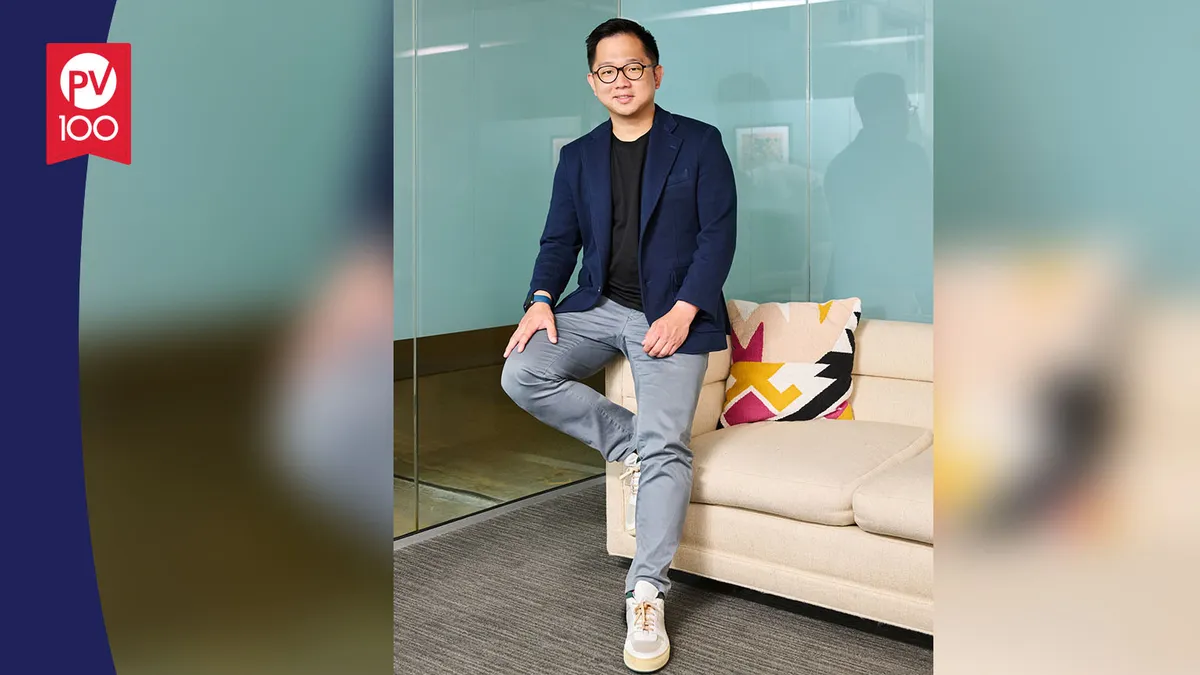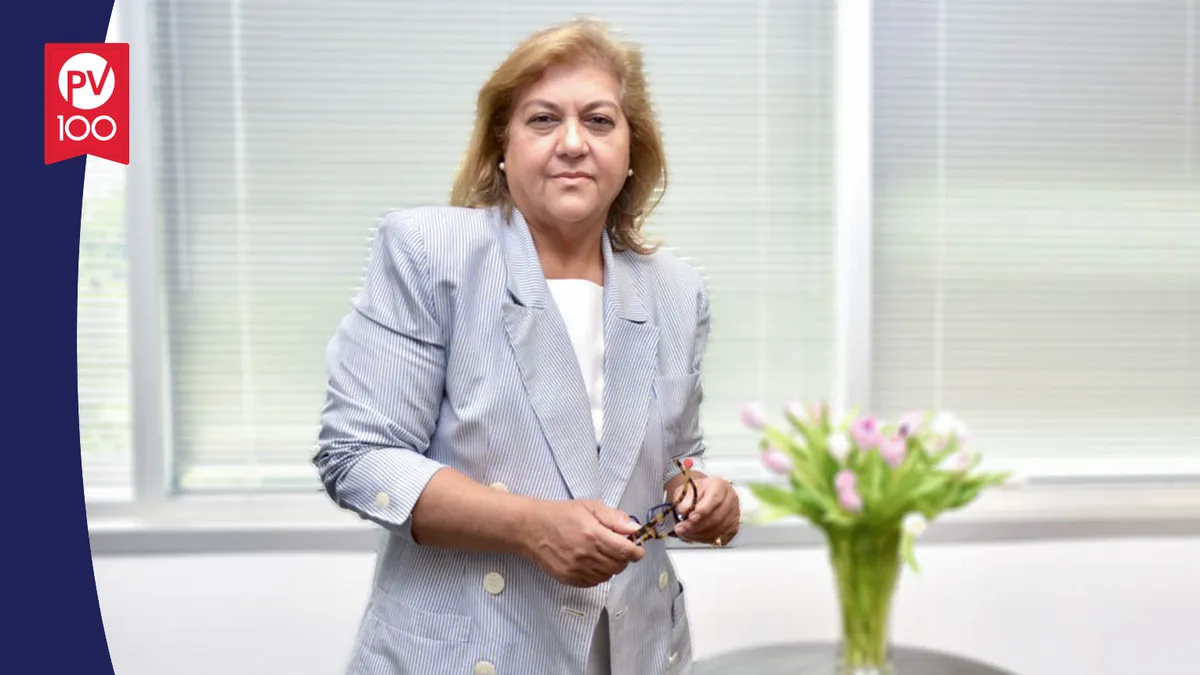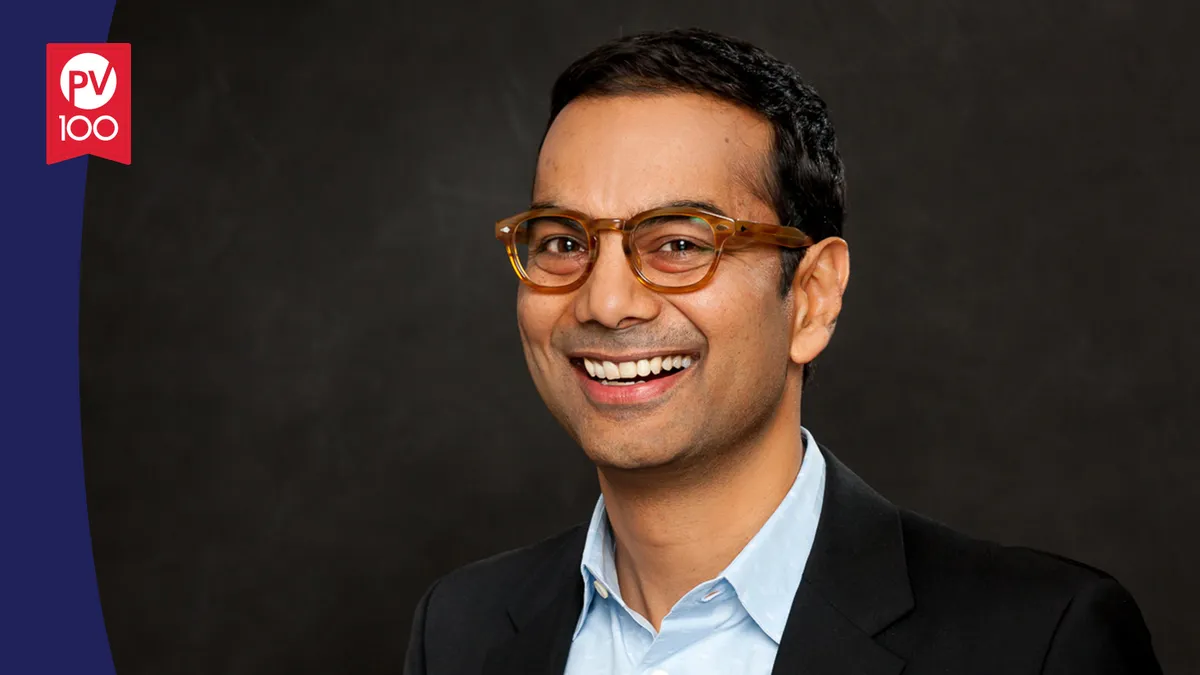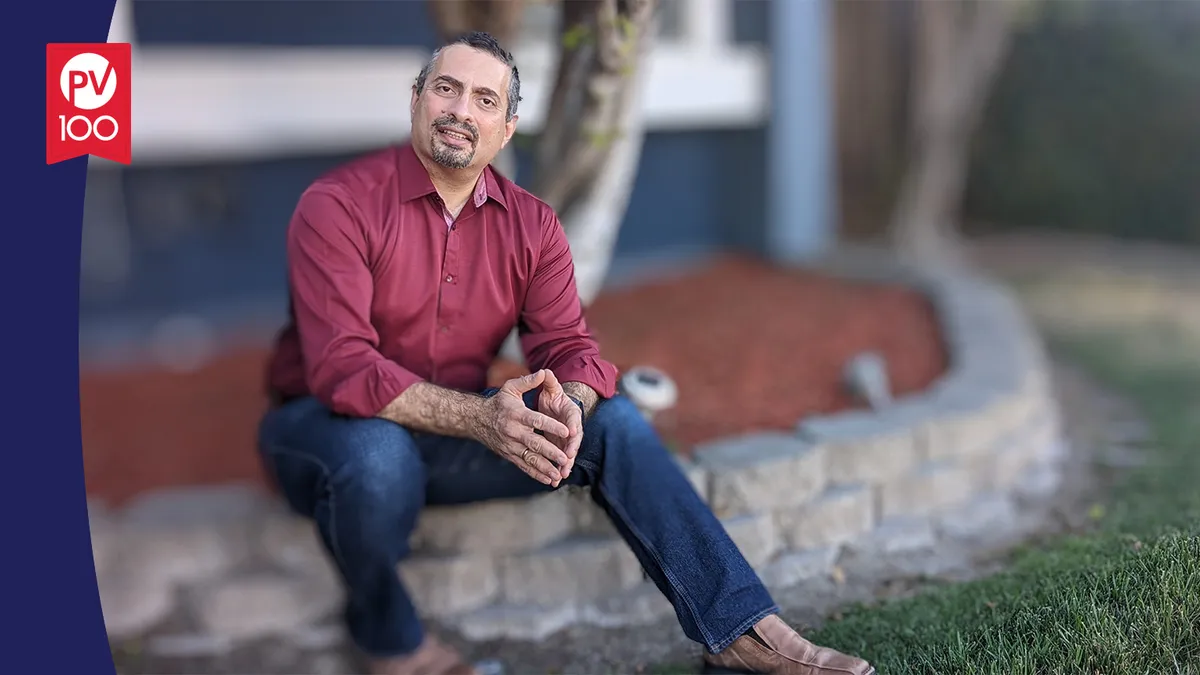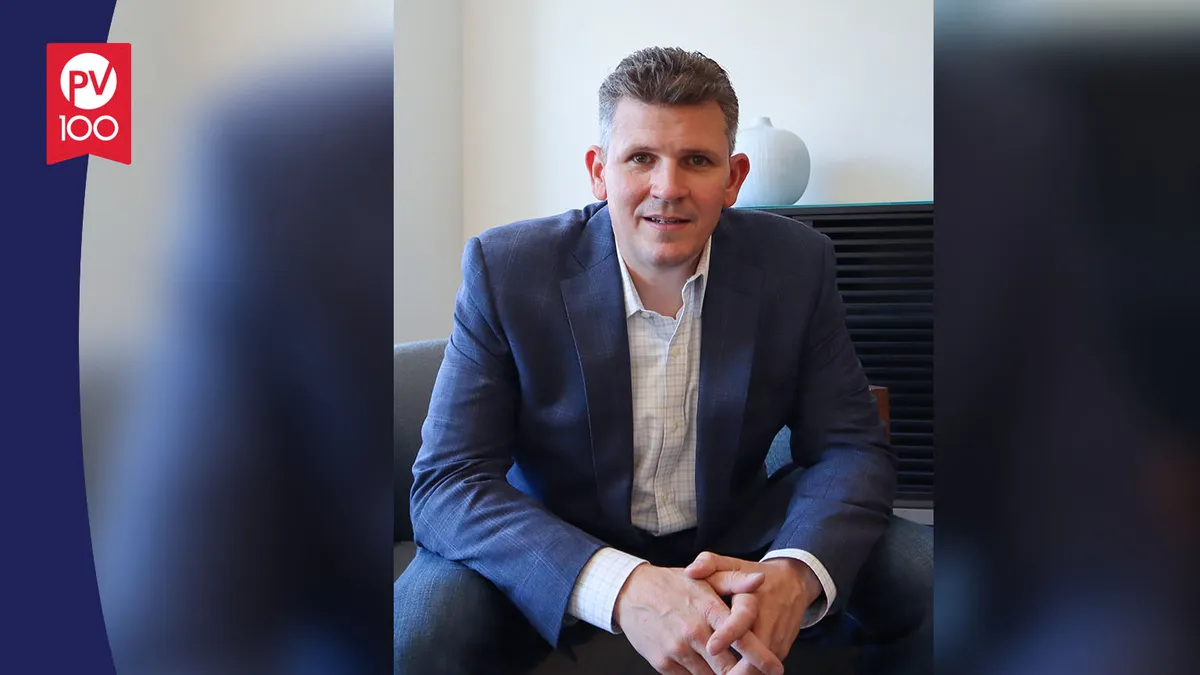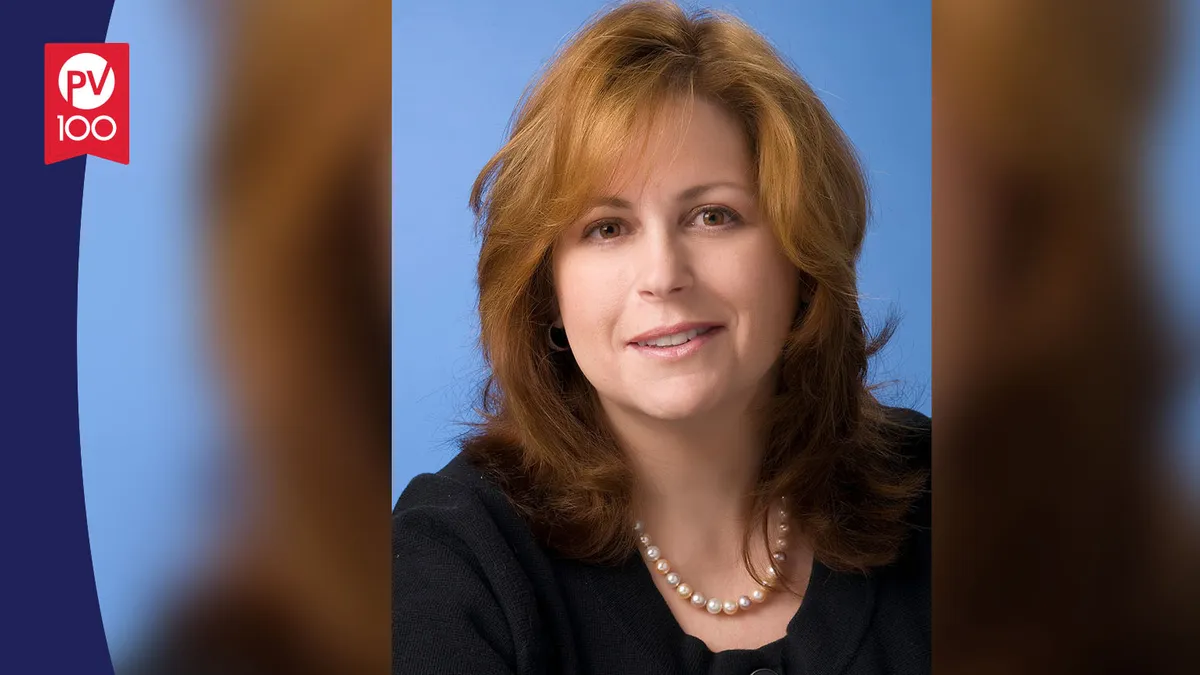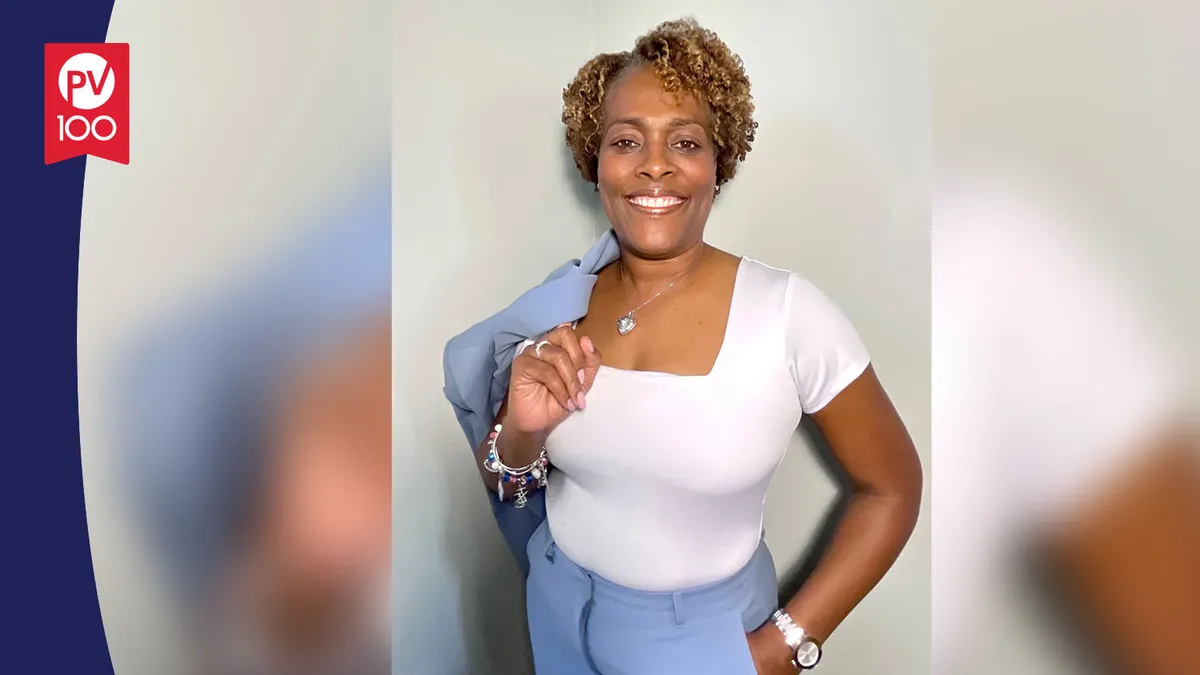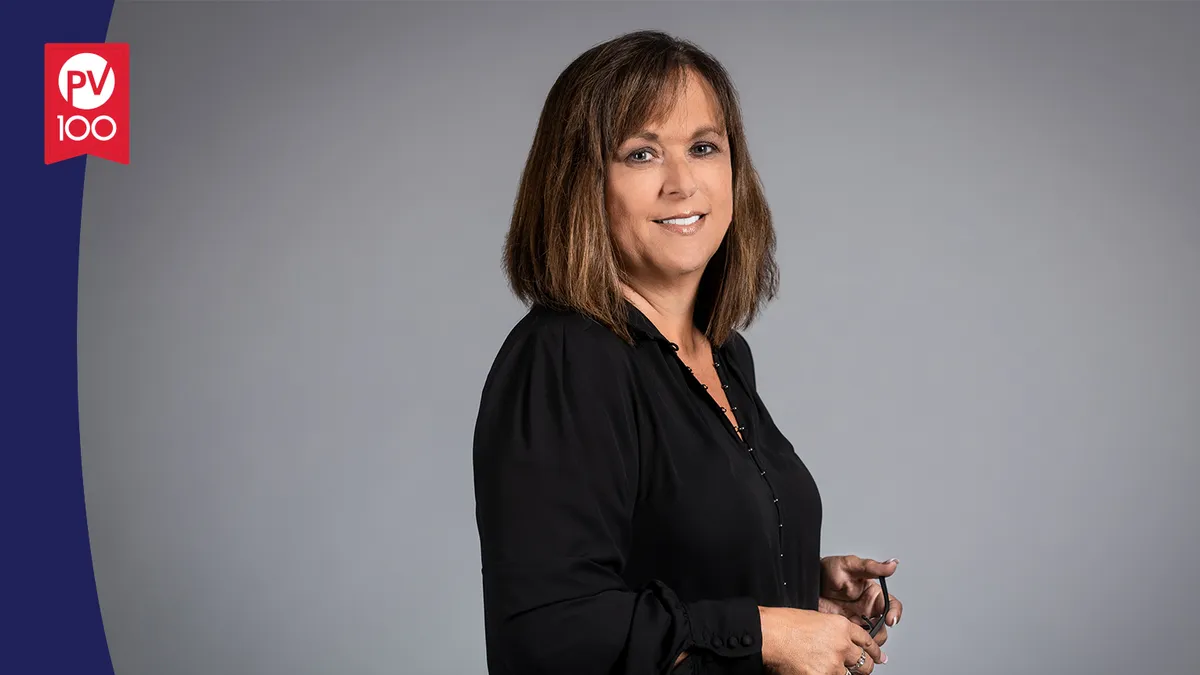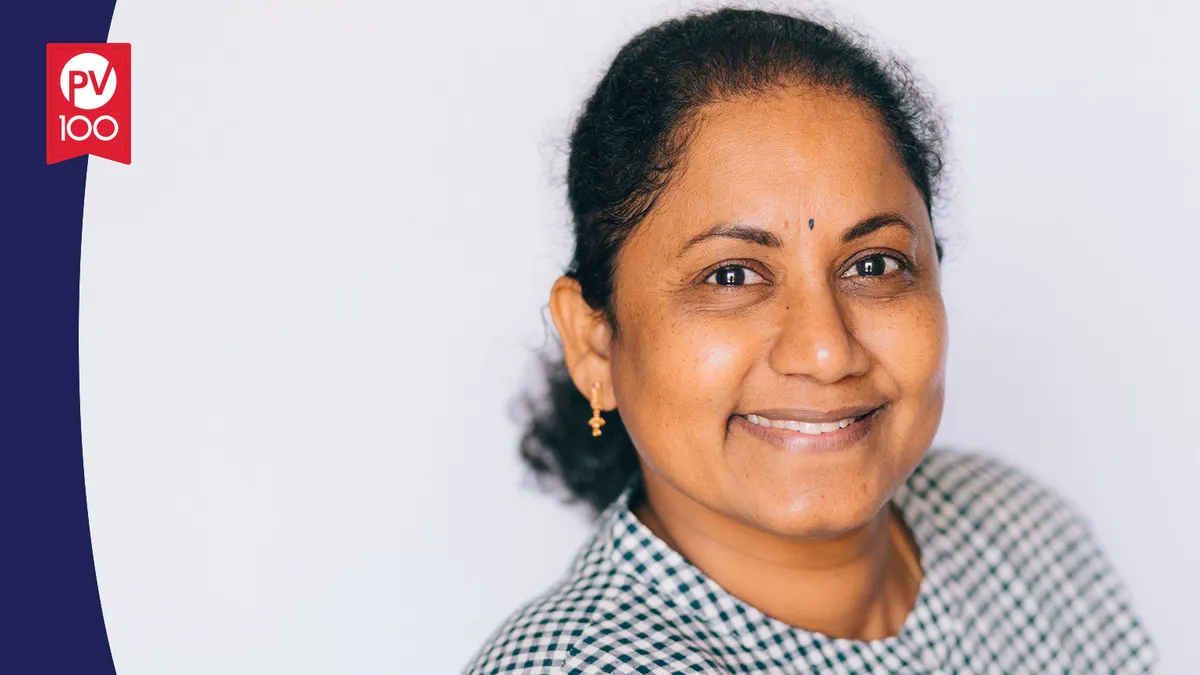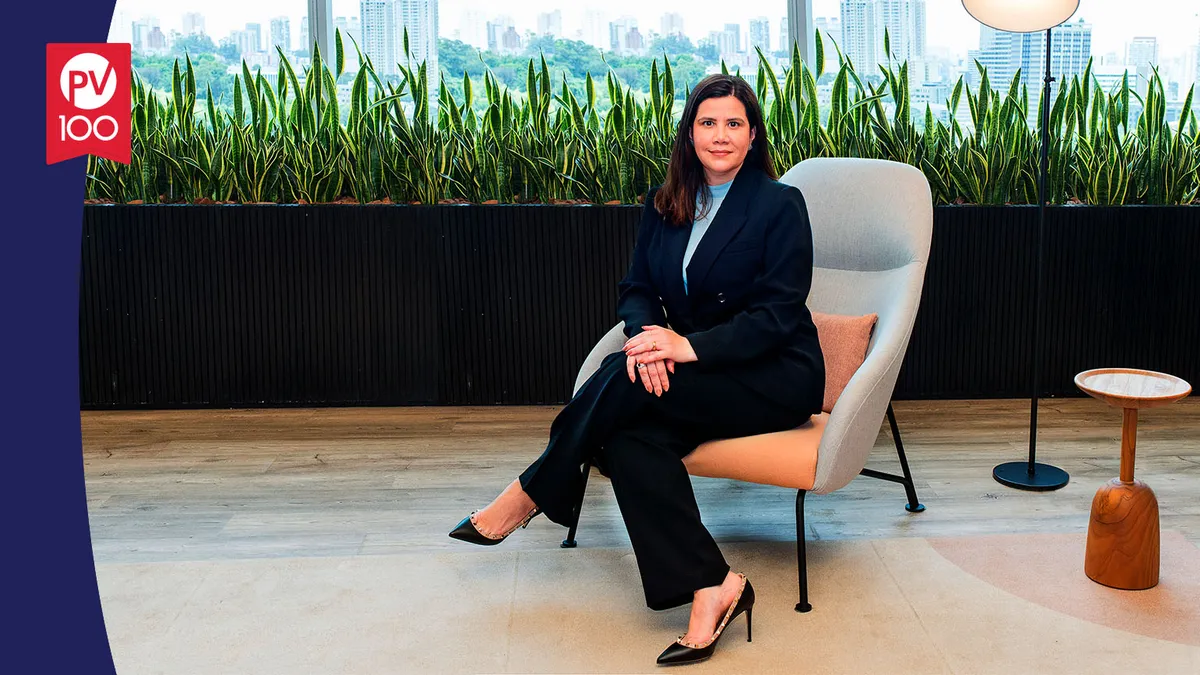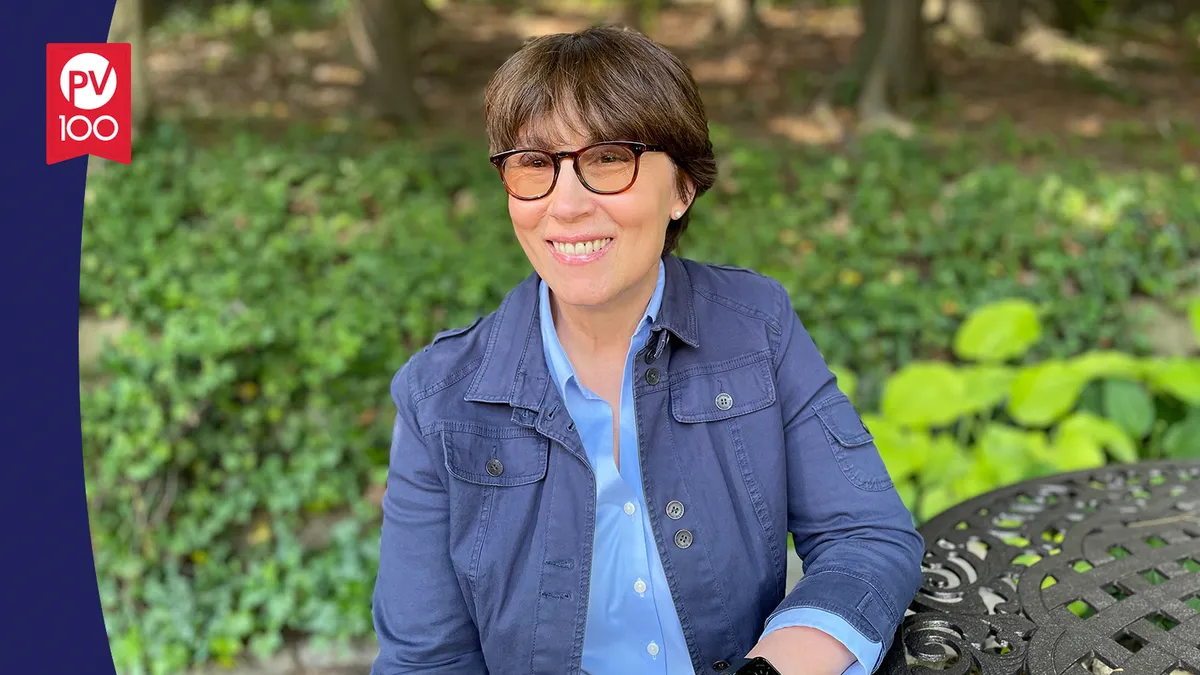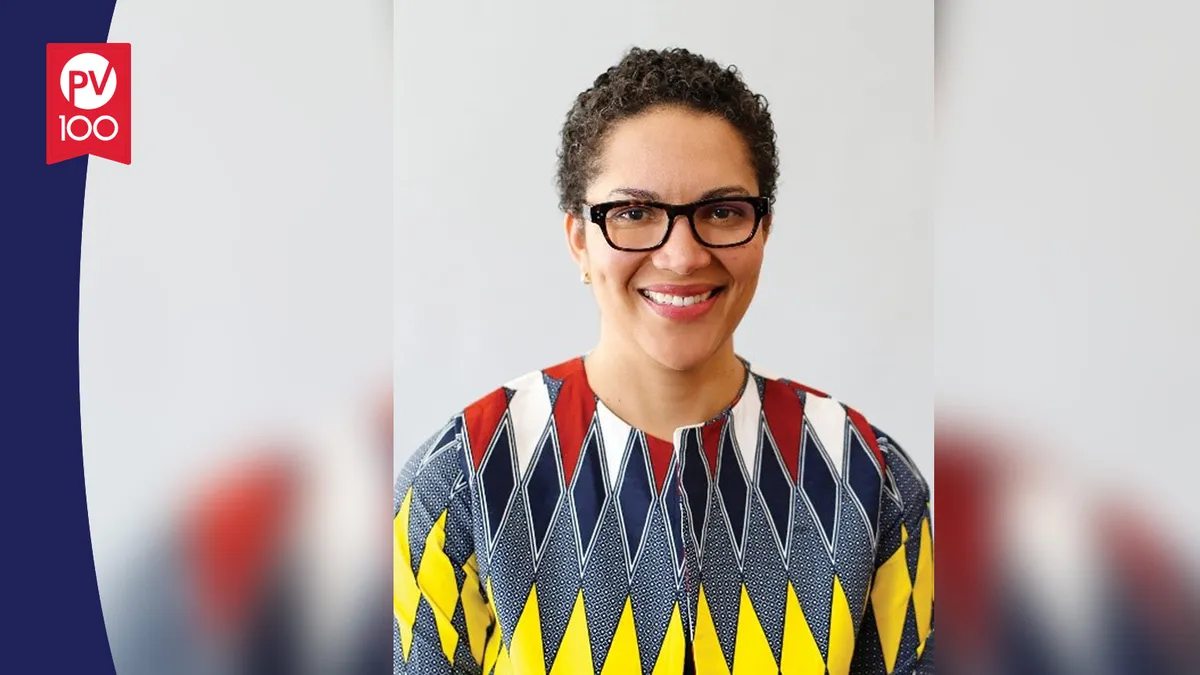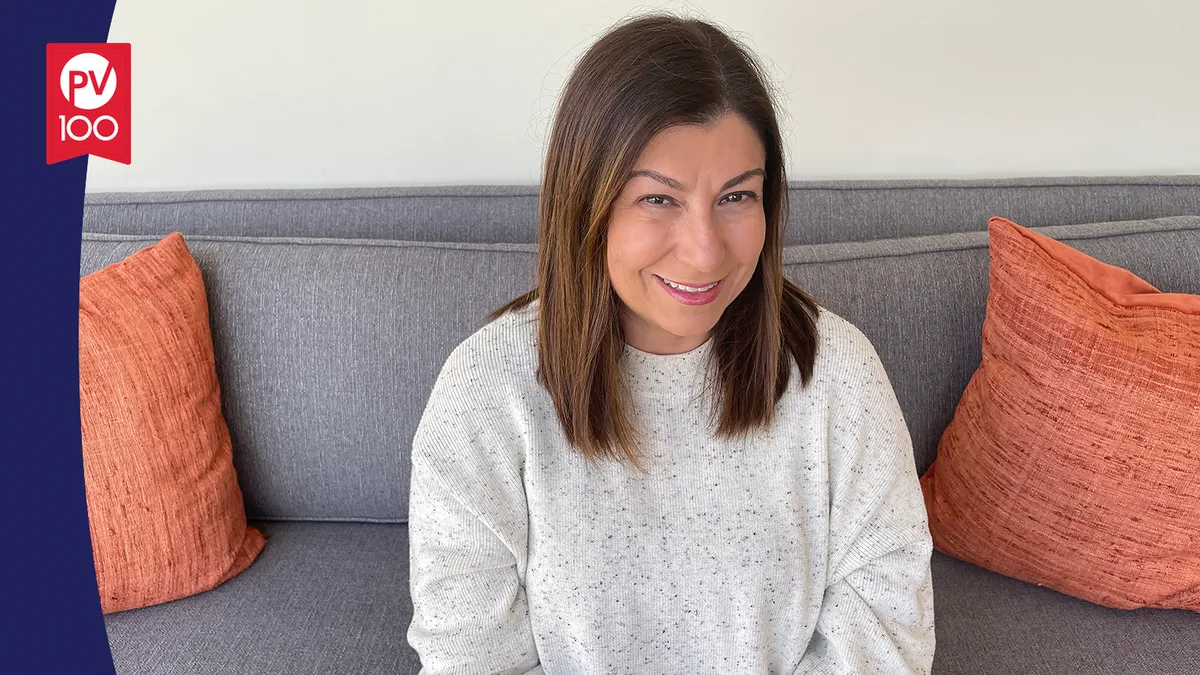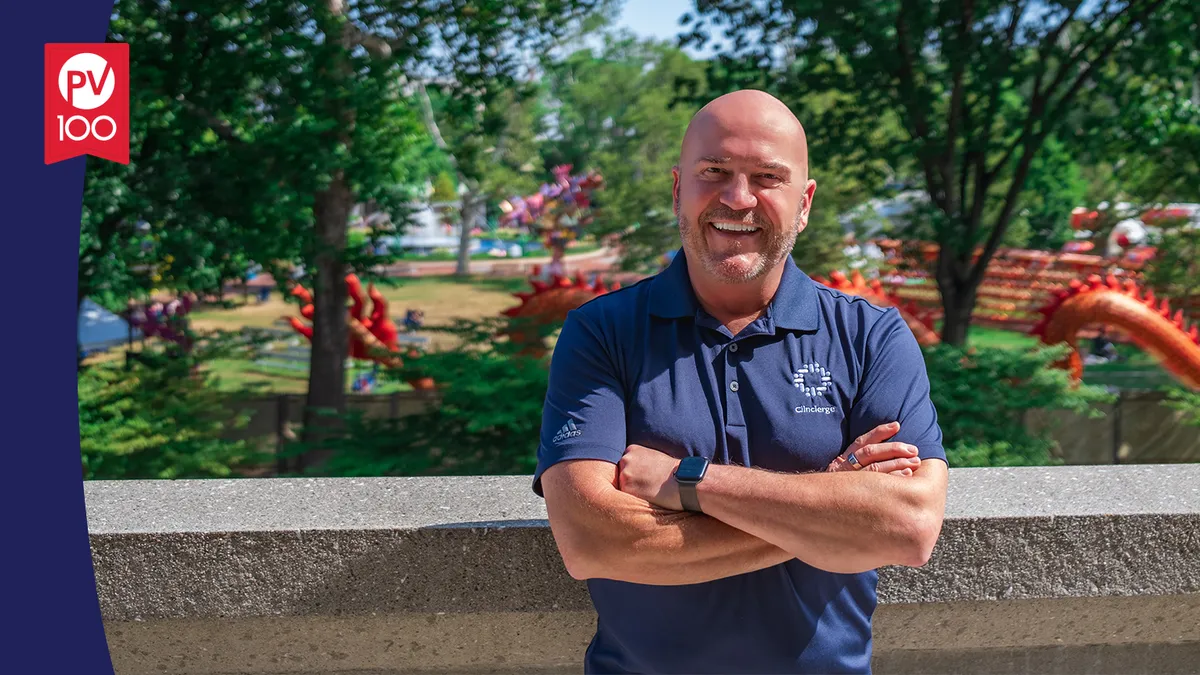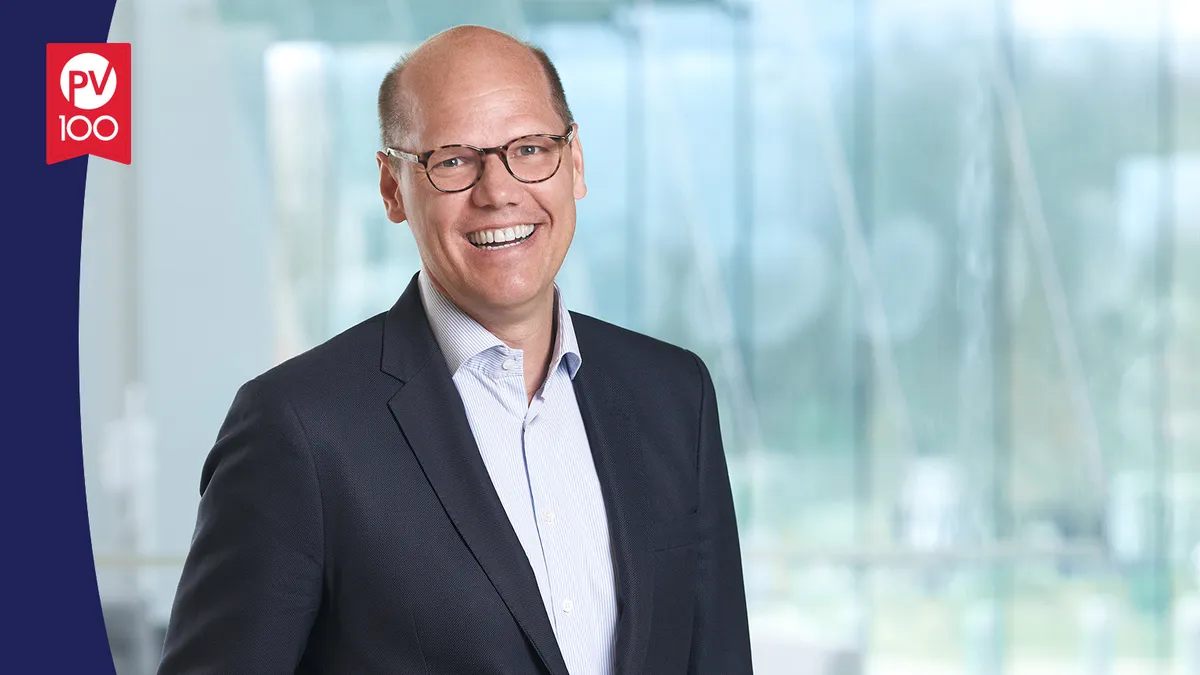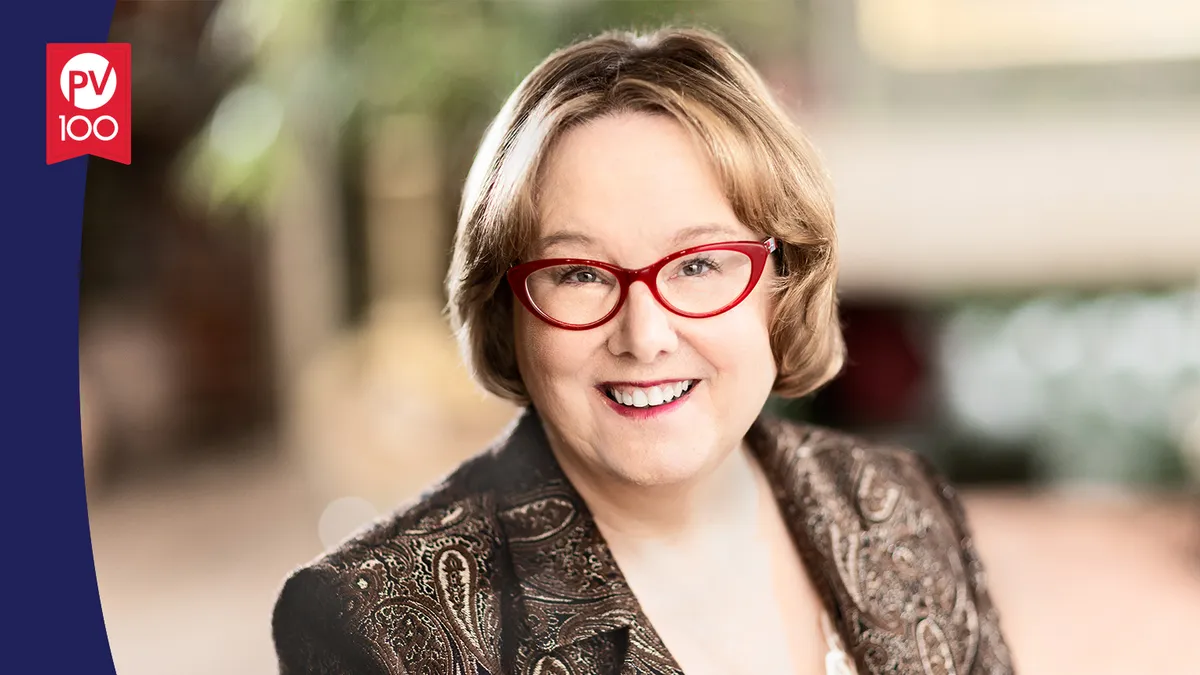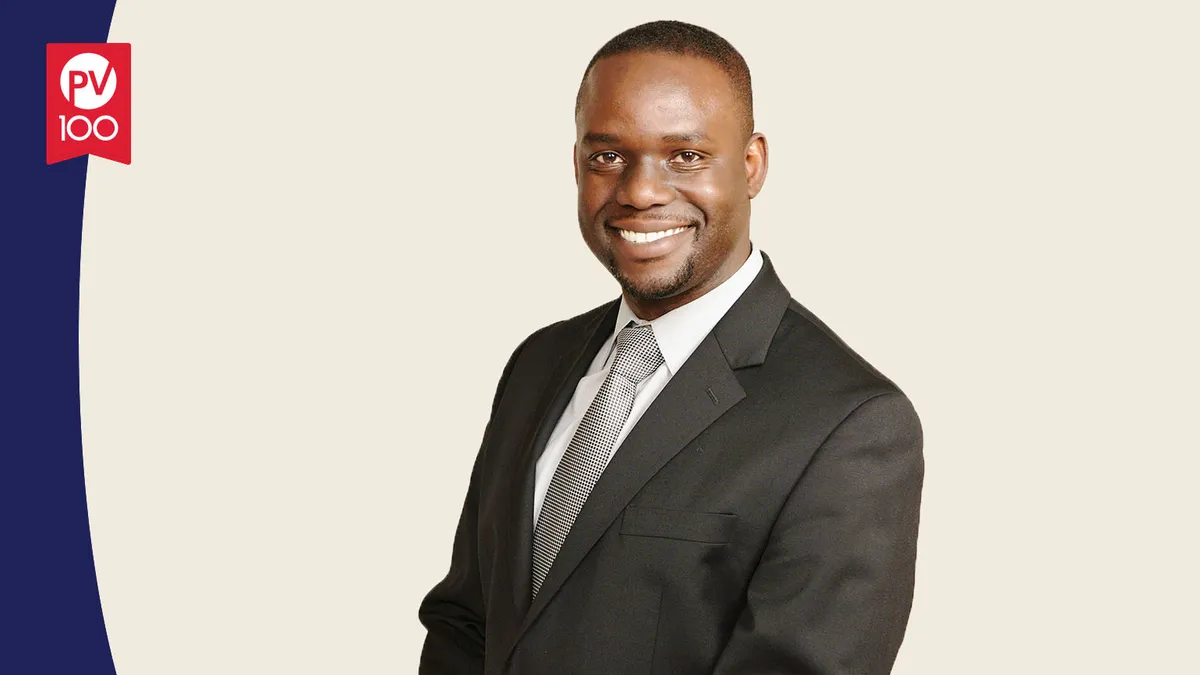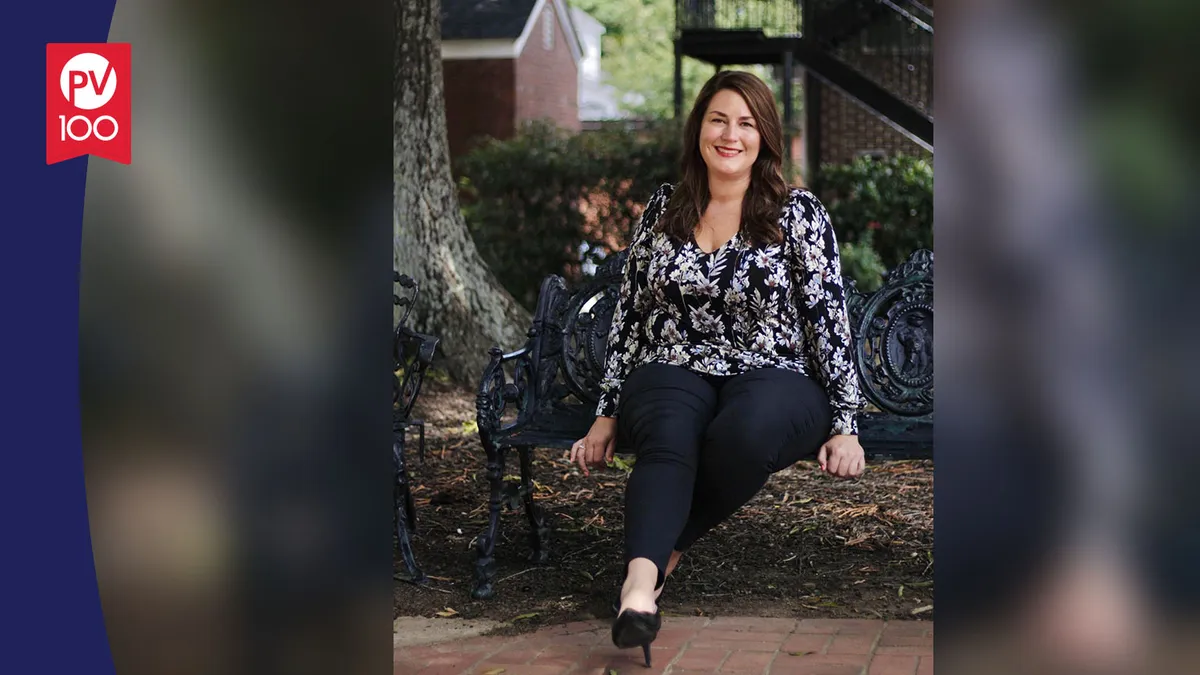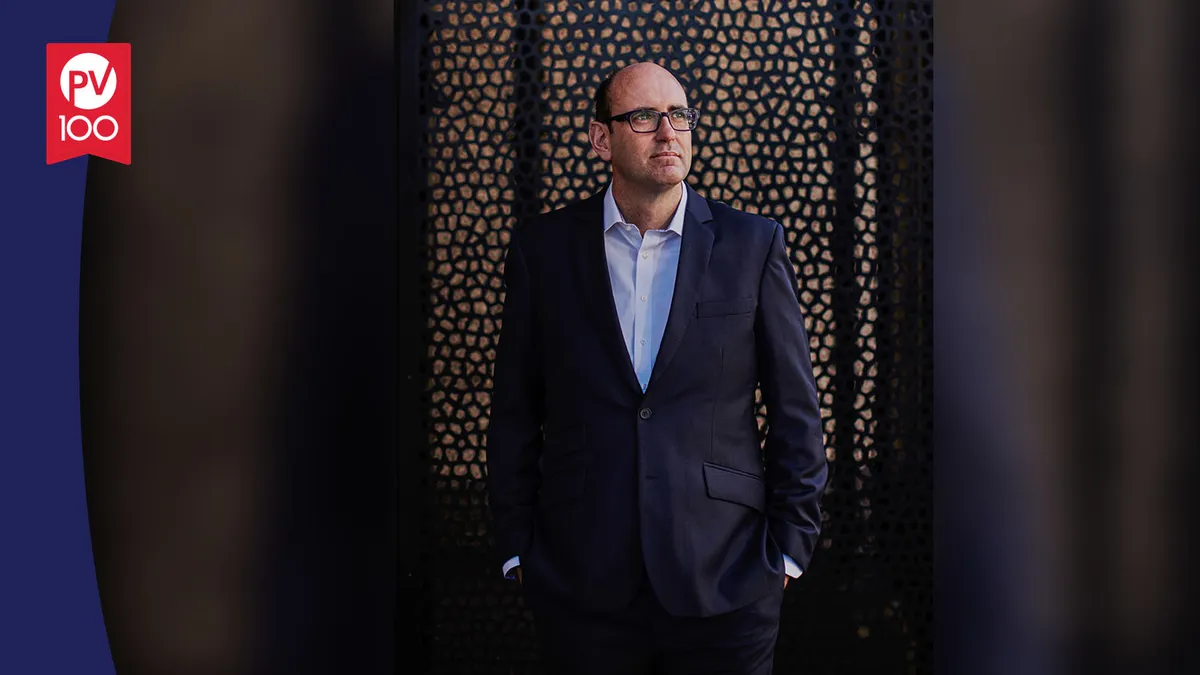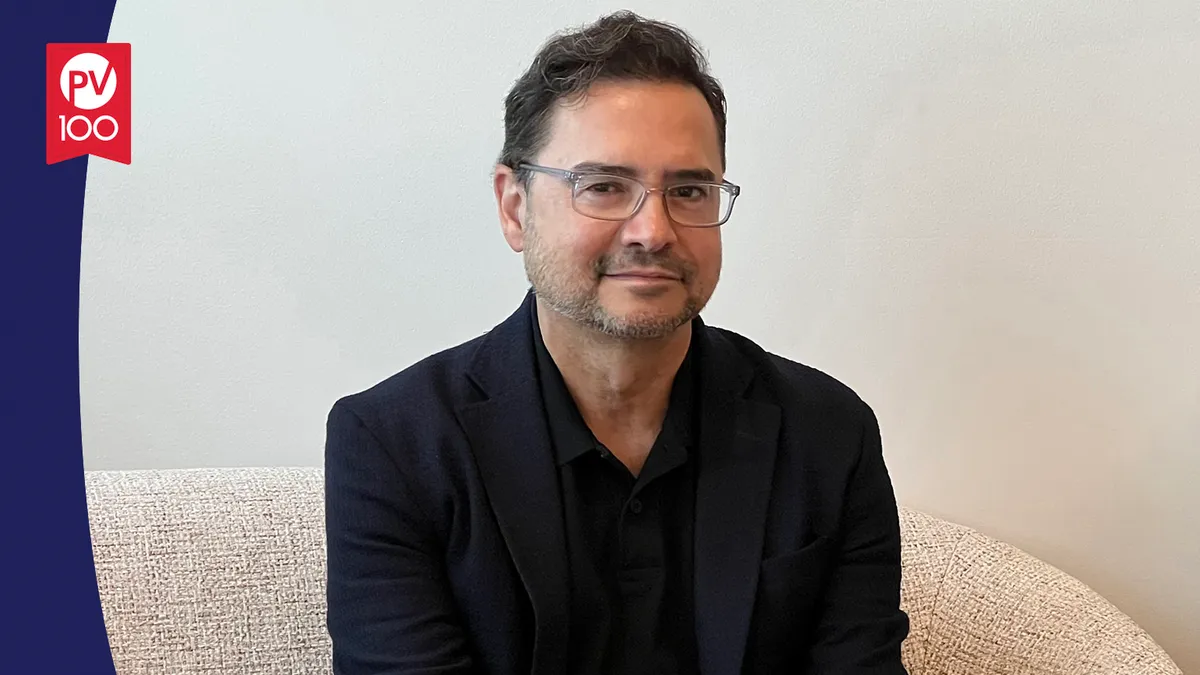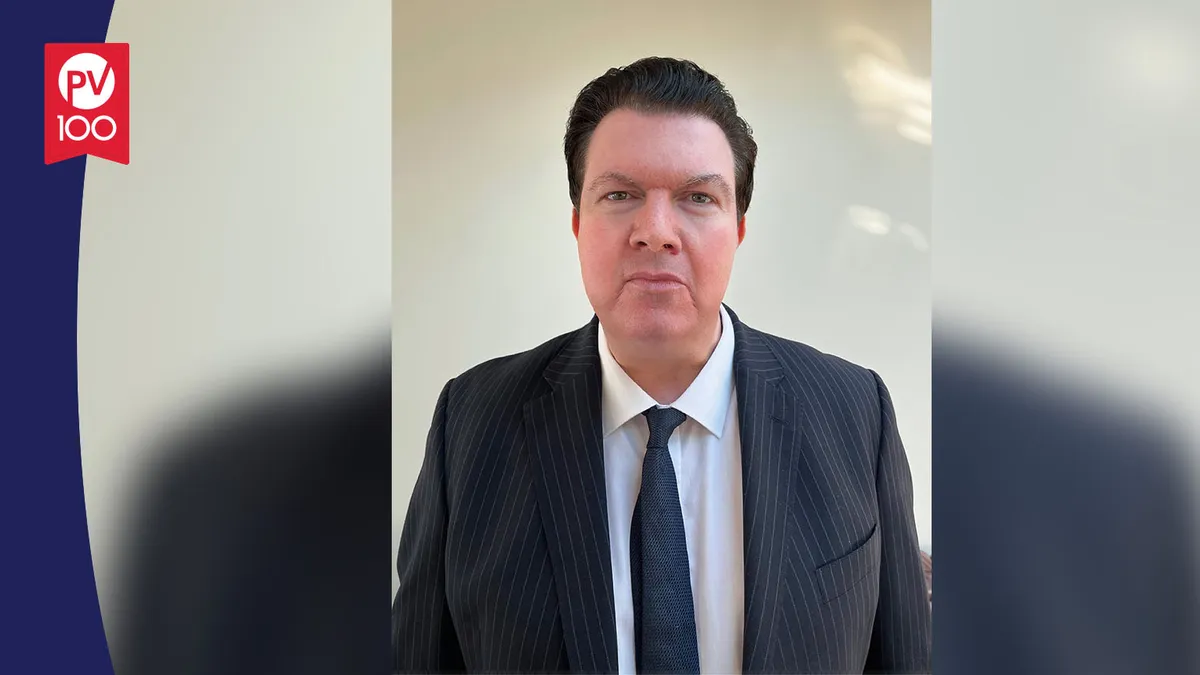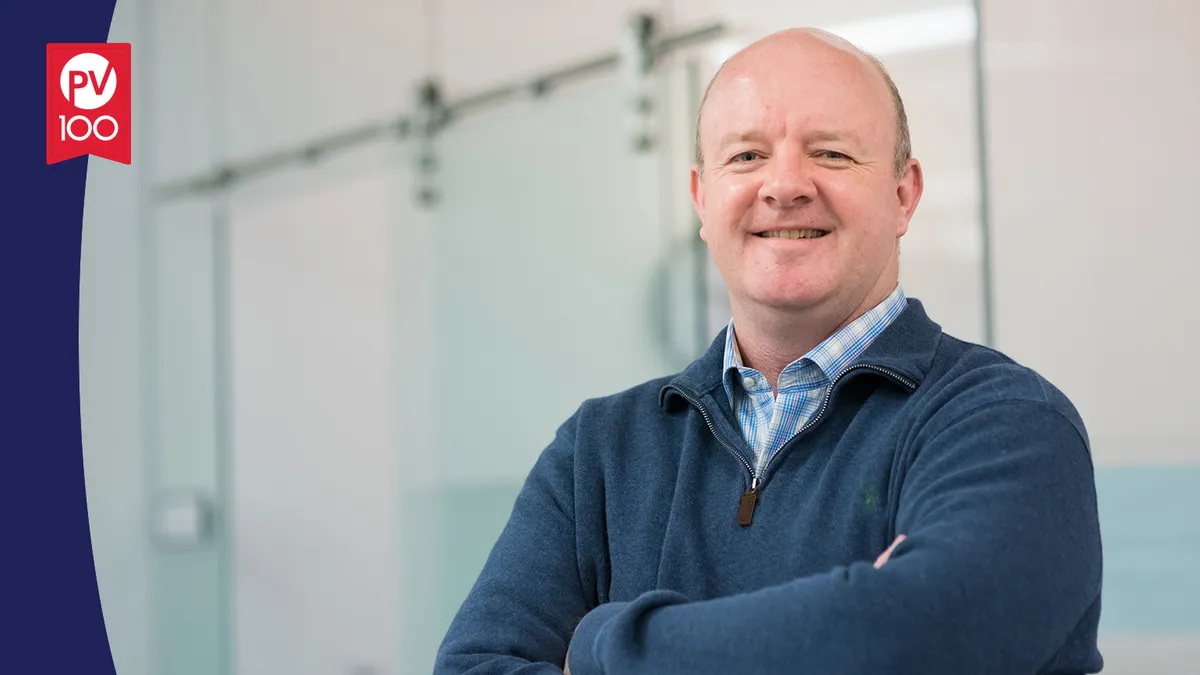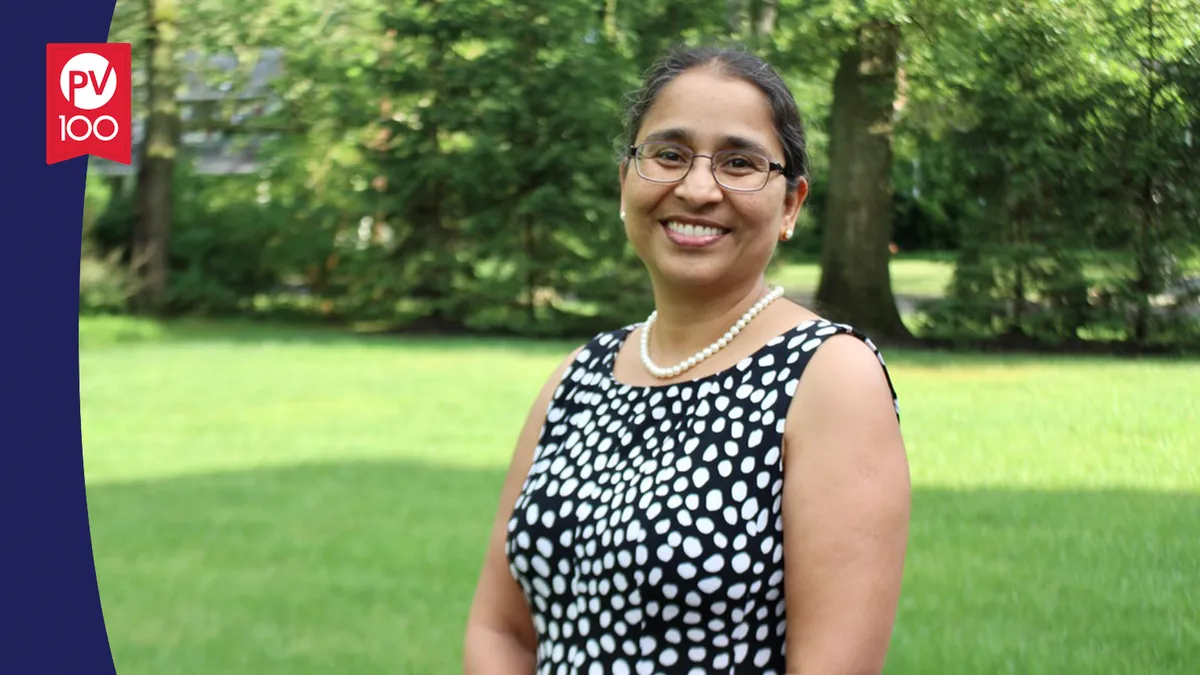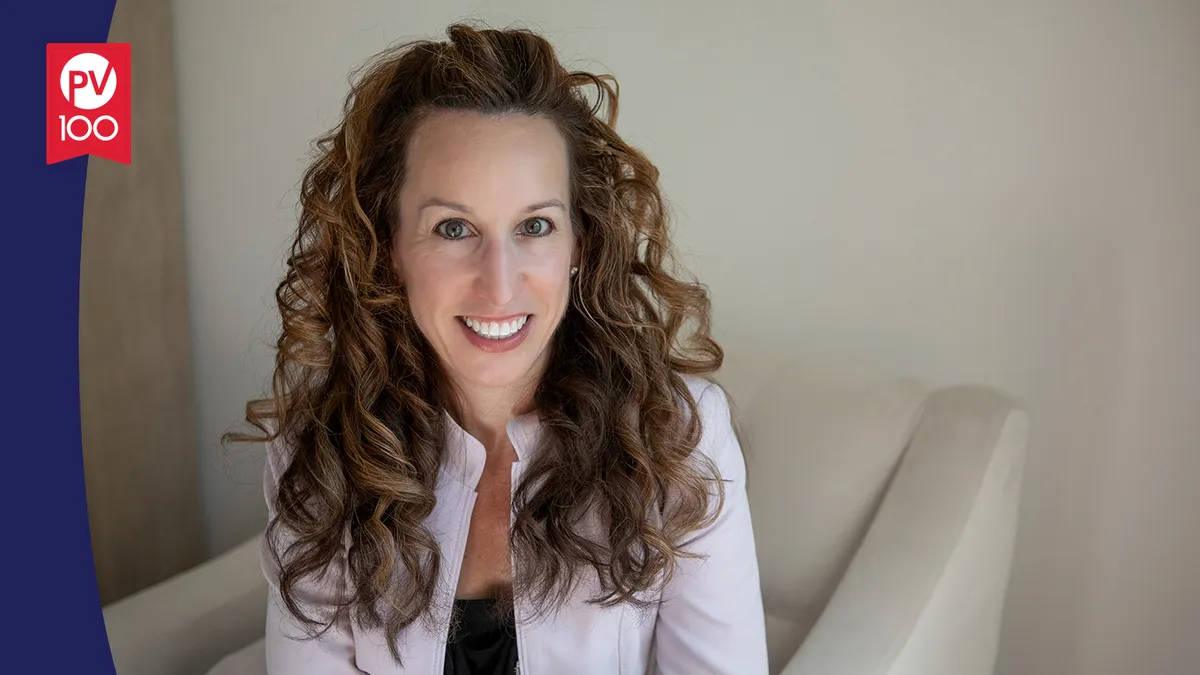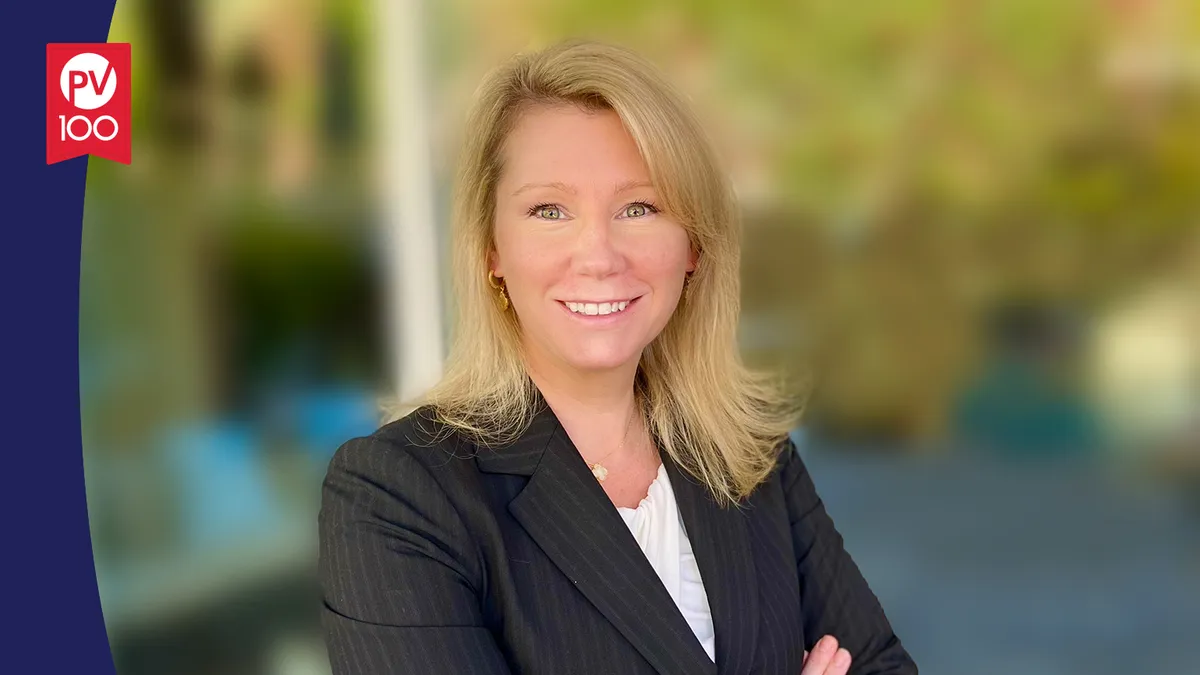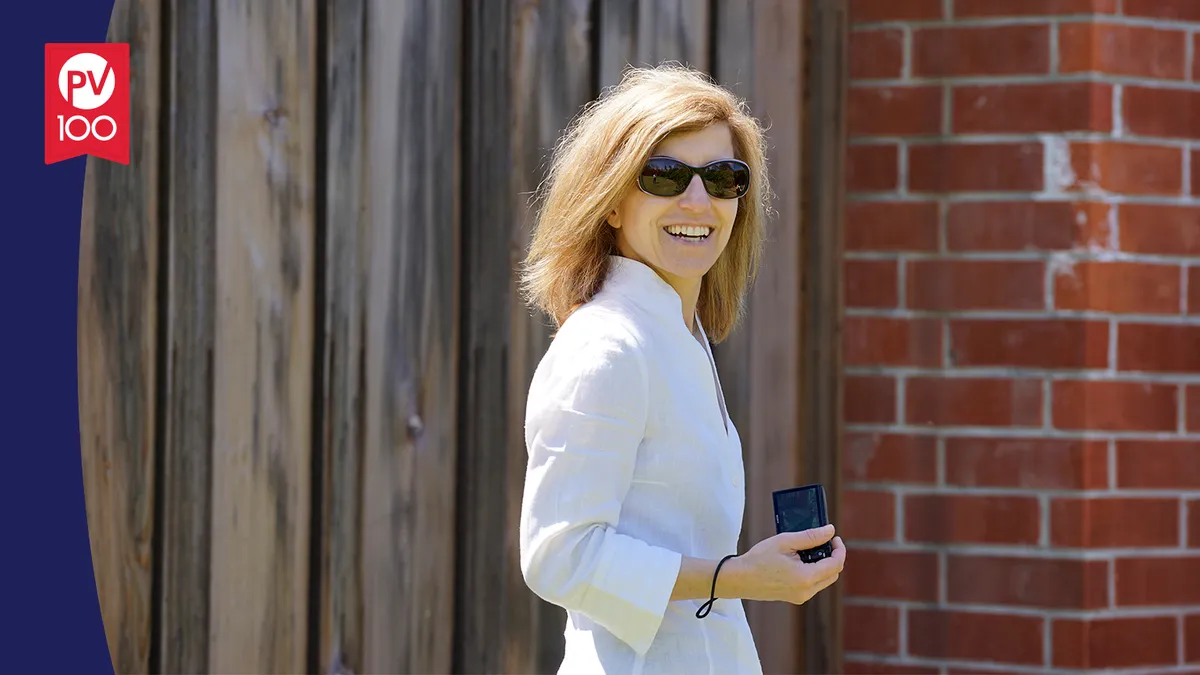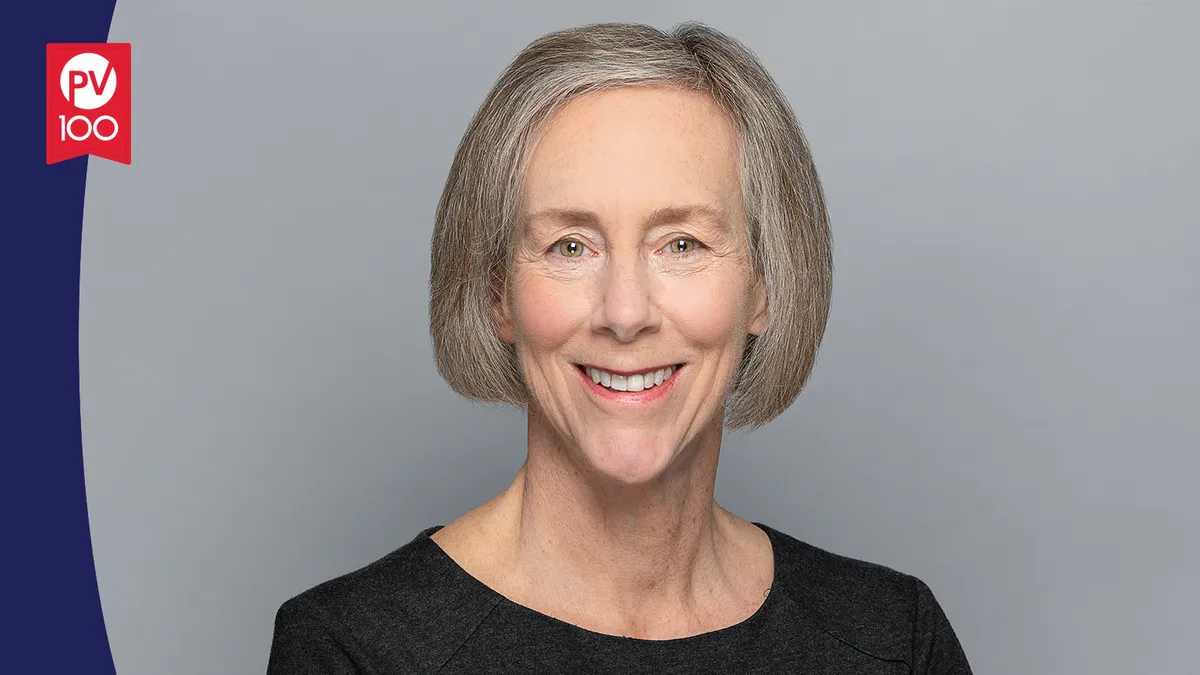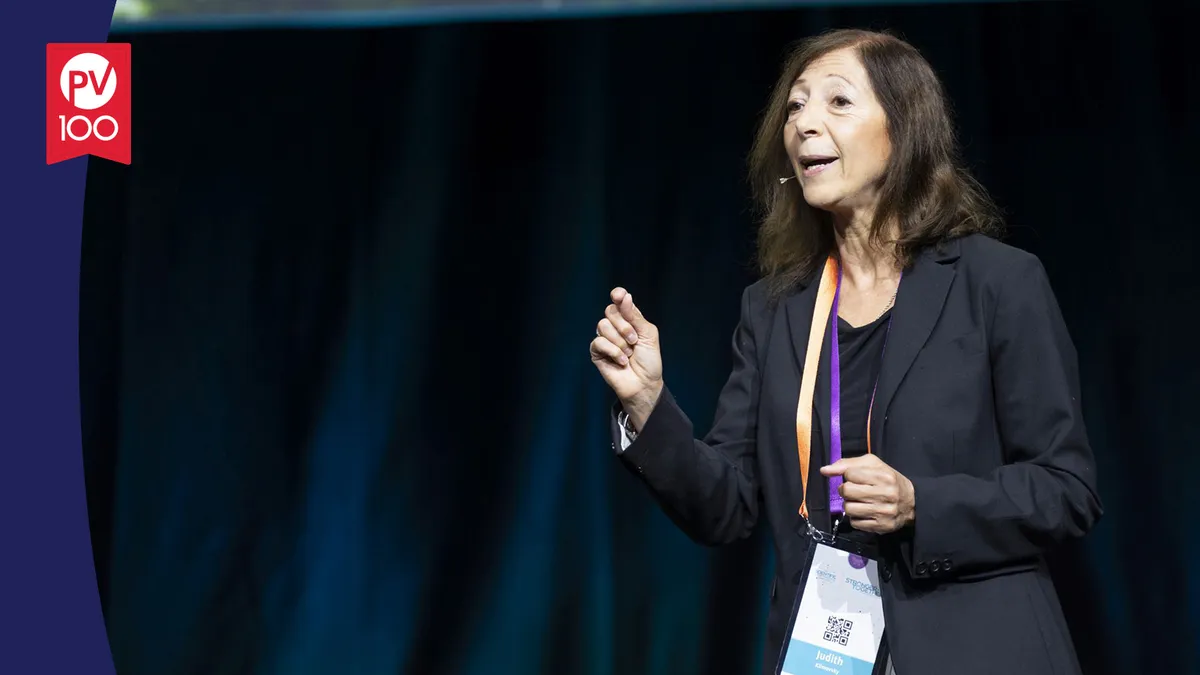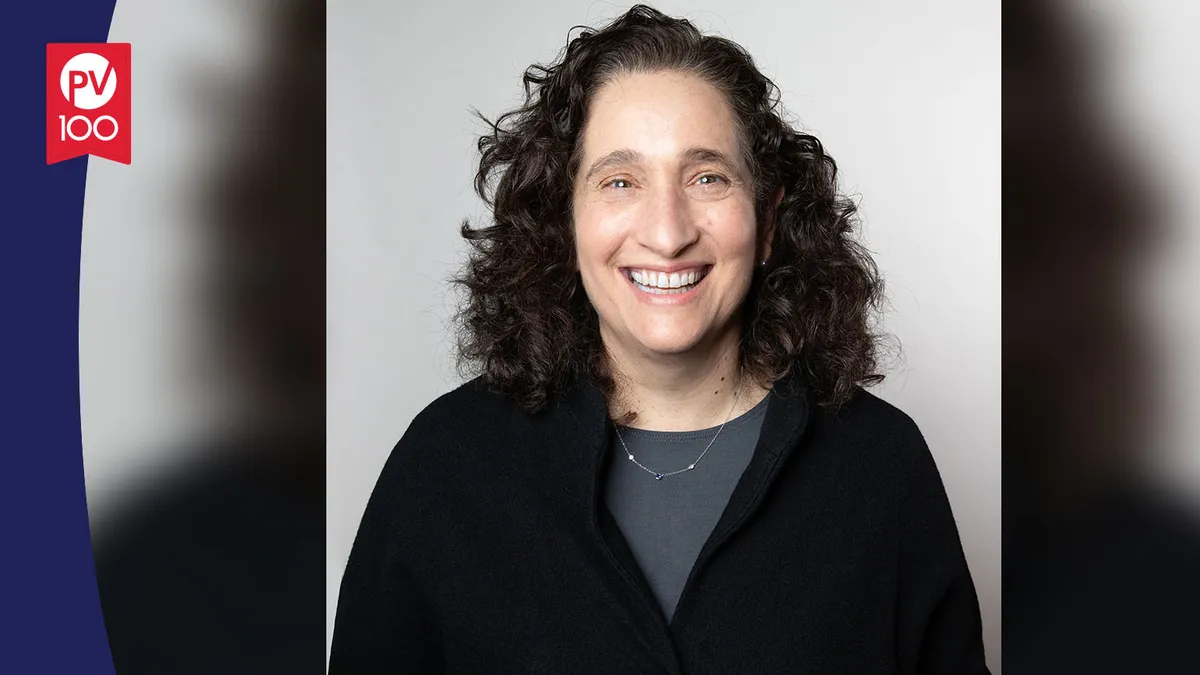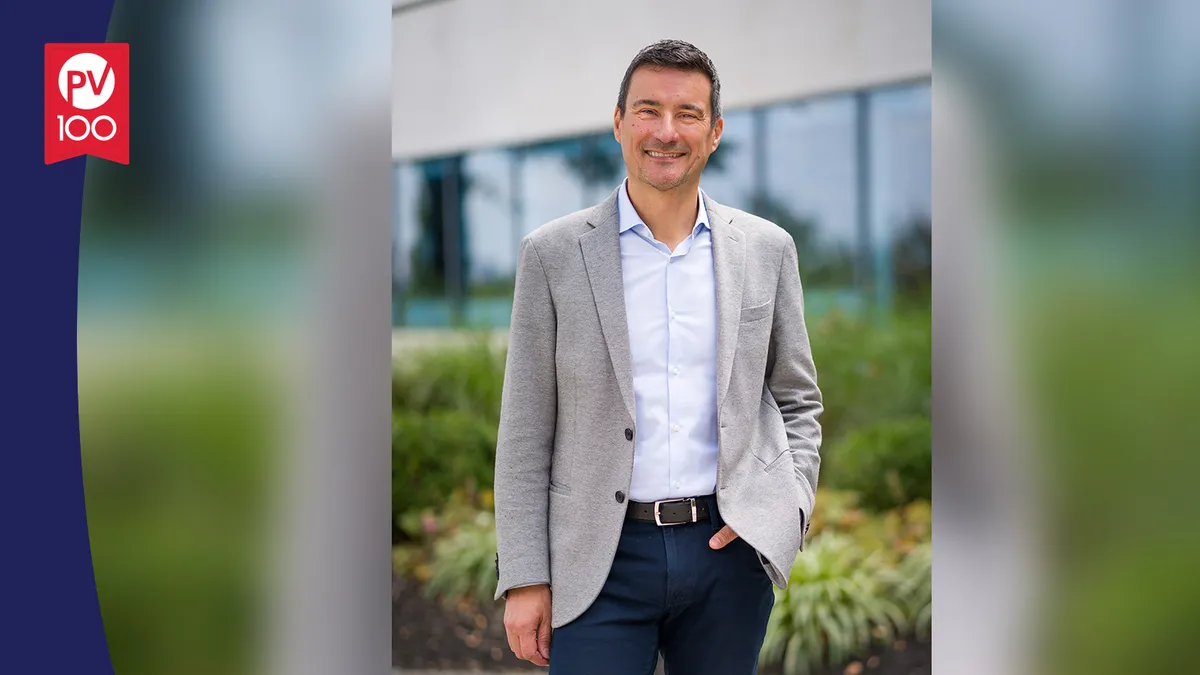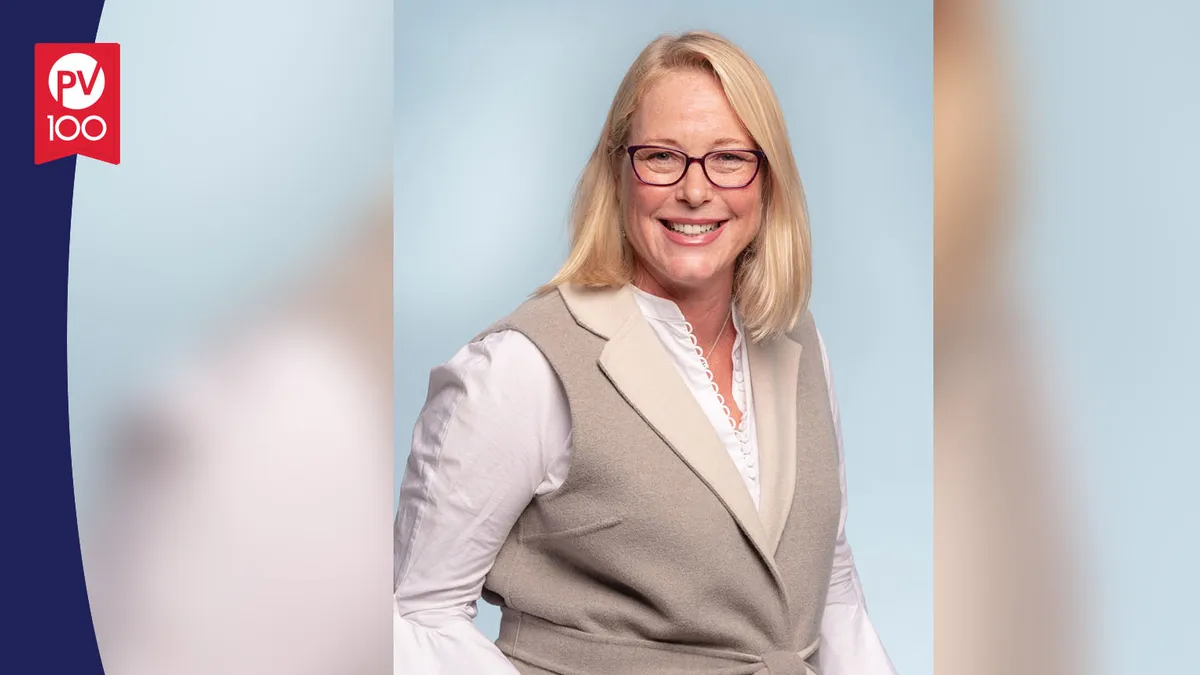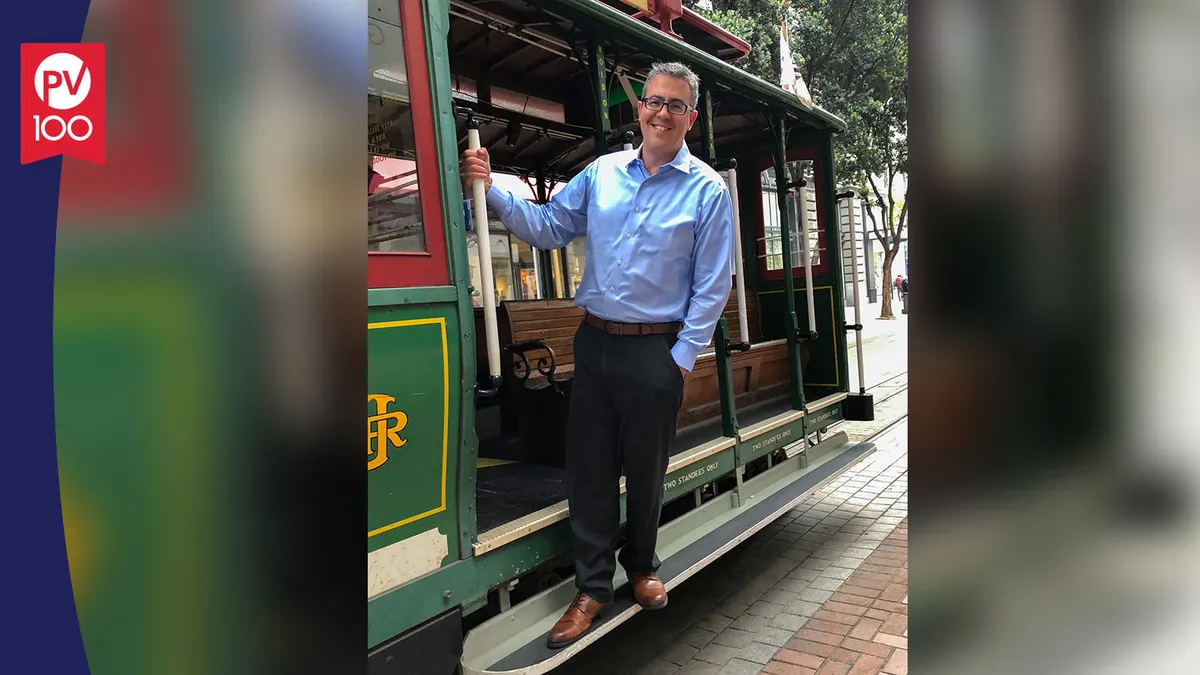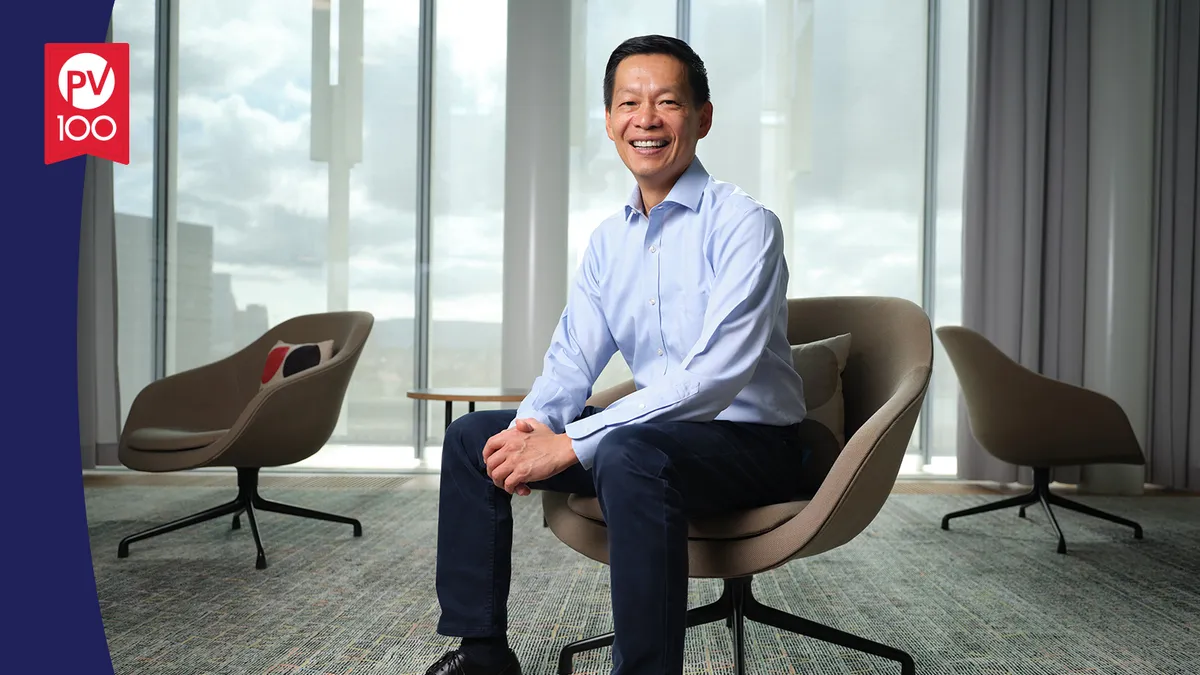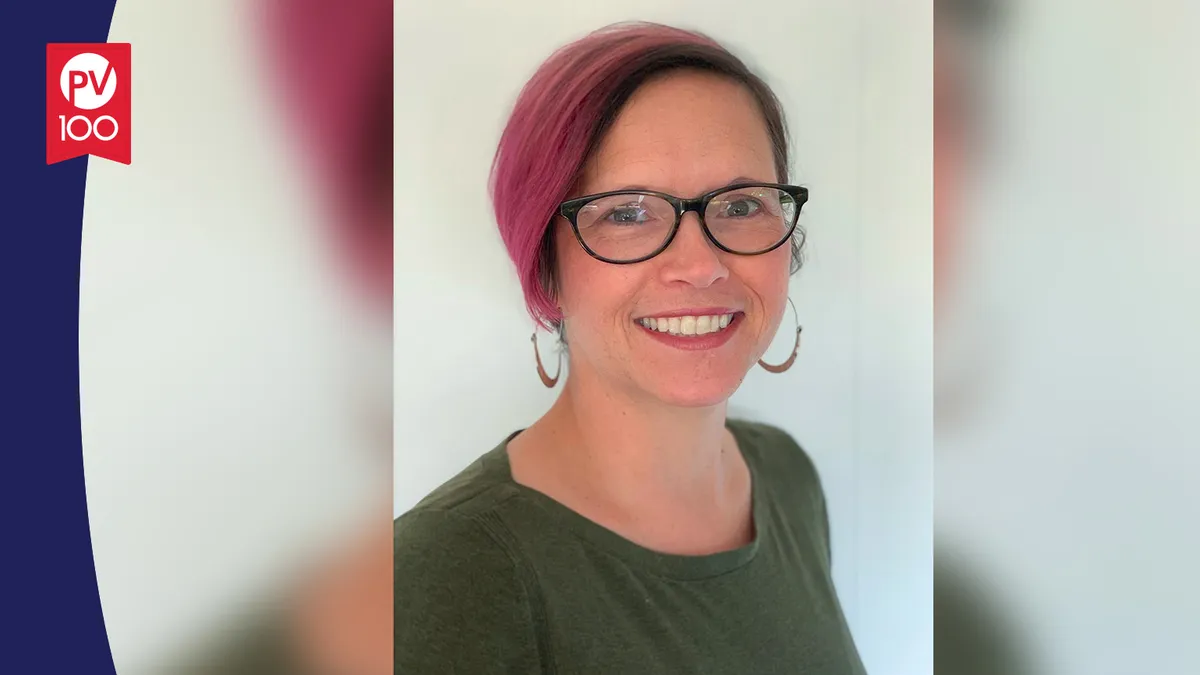Editor’s note: This story is part of our 2022 PharmaVoice 100 feature.
Since it launched just over a decade ago, BeiGene has leapt over an impressive number of milestones and transformed from a clinical-stage startup into a multinational commercial enterprise with administrative offices in Beijing, Cambridge and Basel.
To date, the oncology-focused company has three internally developed approved medications under its belt and developed a deep pipeline of drugs that it says has the potential to address “80% of the world’s cancers.”
In the last 12 months alone, the company has seen massive growth — all under the leadership of CEO, chairman and co-founder John Oyler. According to a nominator, BeiGene generated $1.2 billion in revenue last year — nearly four times as much as the year before. It notched 17 approvals in more than 50 countries for its BTK inhibitor, Brukinsa. The company also scored two partnerships with Novartis centered around its PD-1 inhibitor, Tislelizumab, and an anti-TIGIT, Ociperlimab.
“These two agreements with Novartis validate the strength of our oncology research team and the potential for these two assets — representing nearly $1 billion in upfront payments,” a nominator says.
Although Oyler’s drive to bring affordable, impactful medicines to billions of patients has helped propel the company, its success has also been the result of practical changes to how pharma companies do business.
Seeing that clinical trials account for more than 75% of the cost and time needed to develop a new drug, Oyler’s nominator says he launched fundamental changes — such as expanding trial sites to non-traditional areas around the globe — that have brought BeiGene’s trial costs down, in some cases by a third.
“Our focus is on building a more inclusive approach to clinical trials that brings new centers into the global trial ecosystem.”
John Oyler
CEO, chairman, co-founder, BeiGene
To strengthen the company’s supply chain, Oyler initiated the build of a new, 42-acre R&D and manufacturing campus in New Jersey that will help “ensure that high-quality, impactful medicines will reach market not simply faster and at less cost, but, crucially, more equitably,” a nominator writes.
Here, Oyler, who served as CEO at companies such as BioDuro and Galenea before taking the reins at BeiGene, discusses his leadership style and how he’s drawn inspiration from the Pittsburgh Steelers.
PharmaVoice: What initially drew you to the life sciences?
John Oyler: Growing up, I always had a passion for science and entrepreneurship. Early in my career, I worked at McKinsey, went to business school at Stanford and helped run and start wireless and biotech startups. The real turning point for me was the loss of several close friends from business school over a short period of time. Living through the heartbreaking impact of this loss for their families, friends and myself led to my decision to focus fully on biotech and fighting for life.
If you were a brand, what would it be?
Growing up in the Pittsburgh area, the Steelers represented the soul of our community: blue-collar, hardworking, never giving up, and caring both about the players and community. Of course, the Steelers’ culture was the foundation of their success; and it was personified by Art Rooney, Sr. Watching players like Jack Lambert, Mean Joe Green, Rocky Bleier, and later Jerome Bettis, who define toughness, team orientation, and joy in what they were doing, was a real treat. I aspire to exemplify some of these values in who I am today.
How would you describe your leadership style?
Xiaodong Wang and I founded BeiGene on the premise that cancer has no borders and that science is global. It was important to me to create a non-hierarchical, collaborative culture where decisions are made based upon fact, data, hypothesis, reason and logic. This included shifting away from a central headquarters where decision-making power is overly concentrated, so no single location has too much say, and recruiting the best talent regardless of location. I’ve made a point of encouraging different opinions and debate at all levels across the organization, which enables us to develop both innovative approaches and incremental changes to best serve all patients. Today, we have 8,800 colleagues across five continents and building mutual understanding and a genuine respect of strengths and differences is core to who we are.
How are you paying your success forward?
My father and mother were wonderful role models. My father was both a civil engineer and a professor who instilled the importance of mentorship. My mother worked as a counselor for people who lost their eyesight and taught me to do something that I could be proud of, and not do something unless you were going to do it well.
As a young entrepreneur, I was very lucky to work with a wonderful lawyer, Jeff Weisen, and will forever be grateful for his advice over the many years that followed. These and other mentors that I was blessed to know represent the type of person that we all aspire to be, and played an invaluable role in helping me and BeiGene get started on the road to global leadership. One of my personal goals is to honor the legacy of my parents and [Weisen] by taking the time to help others learn and grow.



